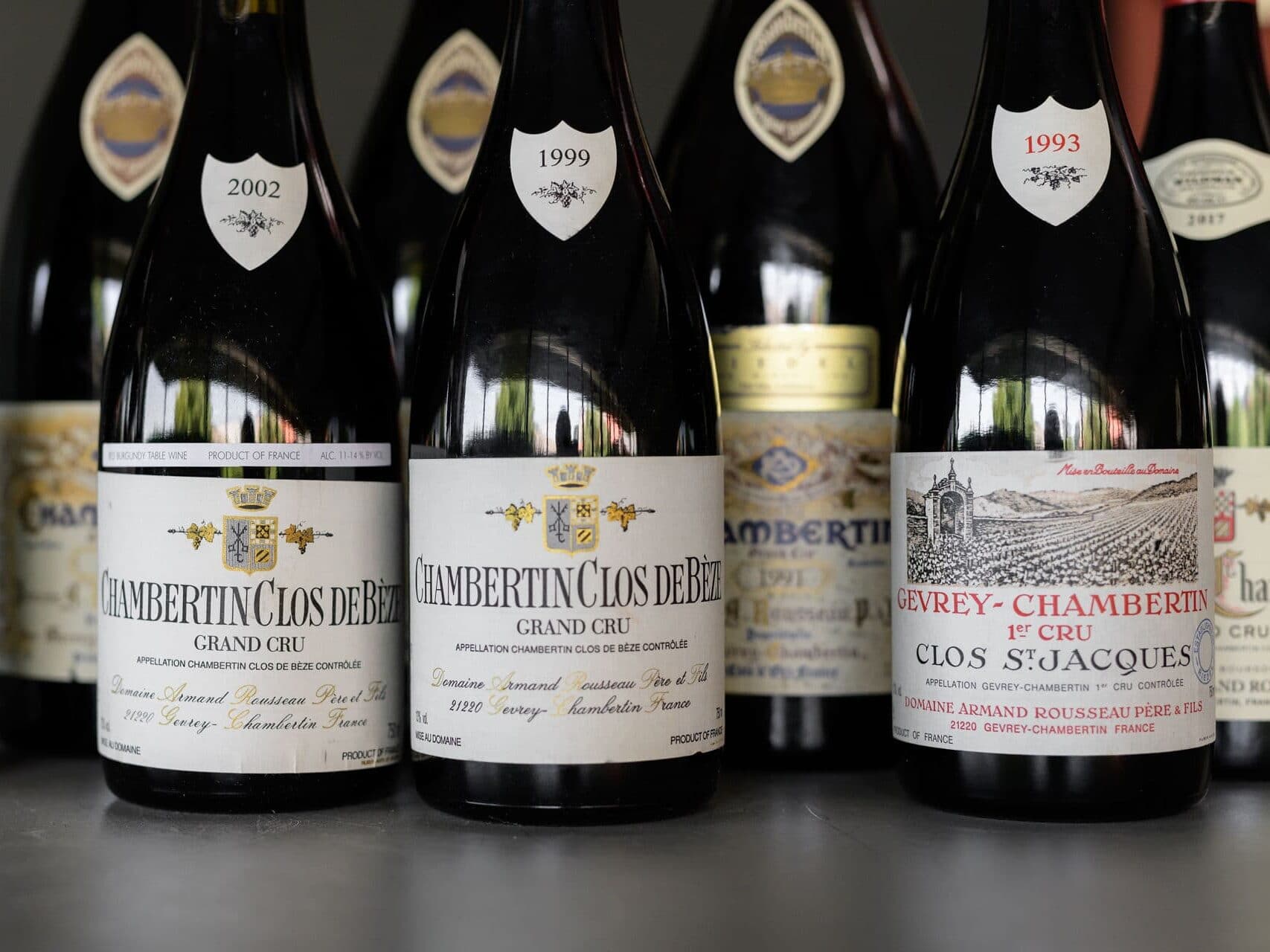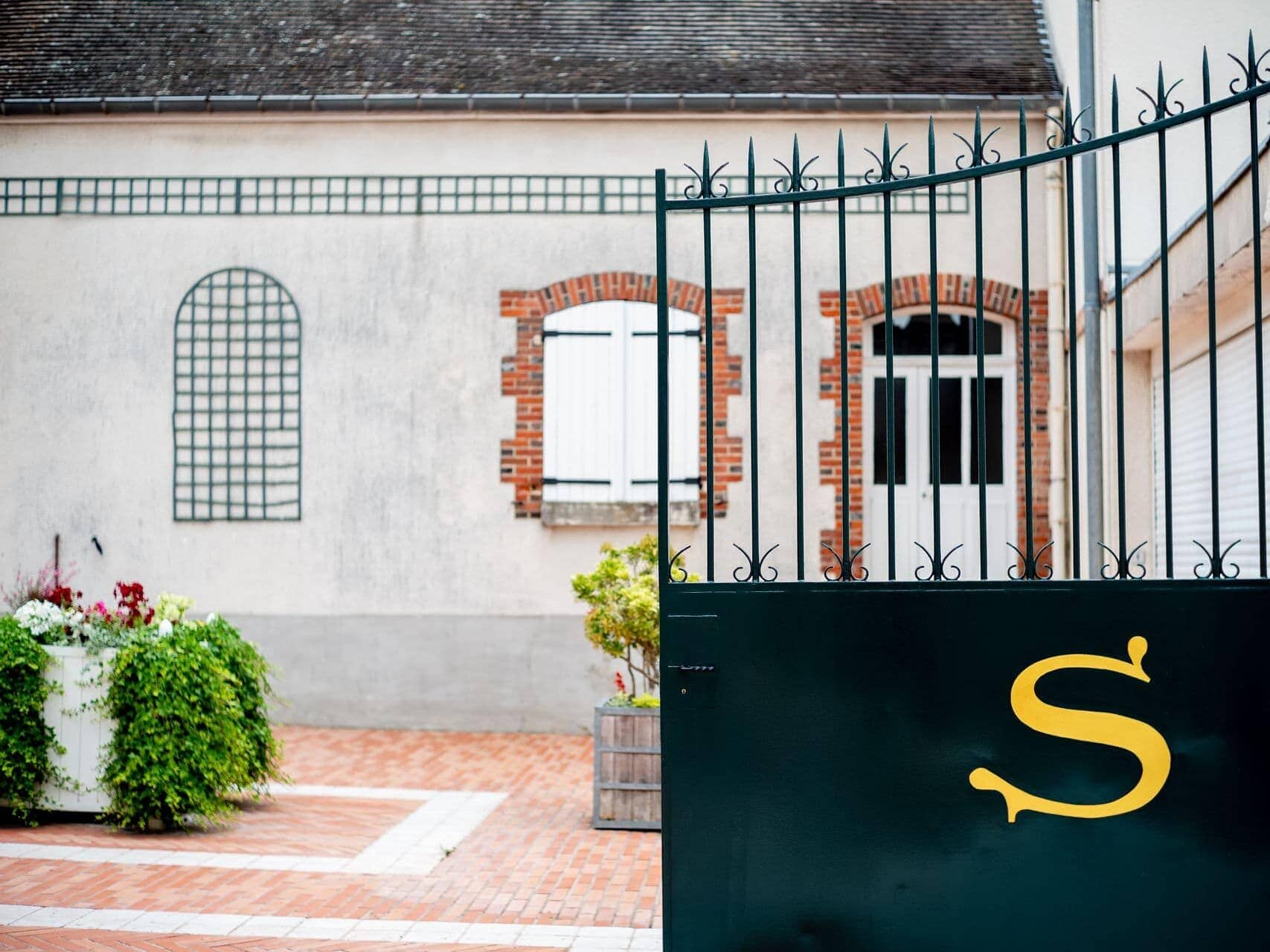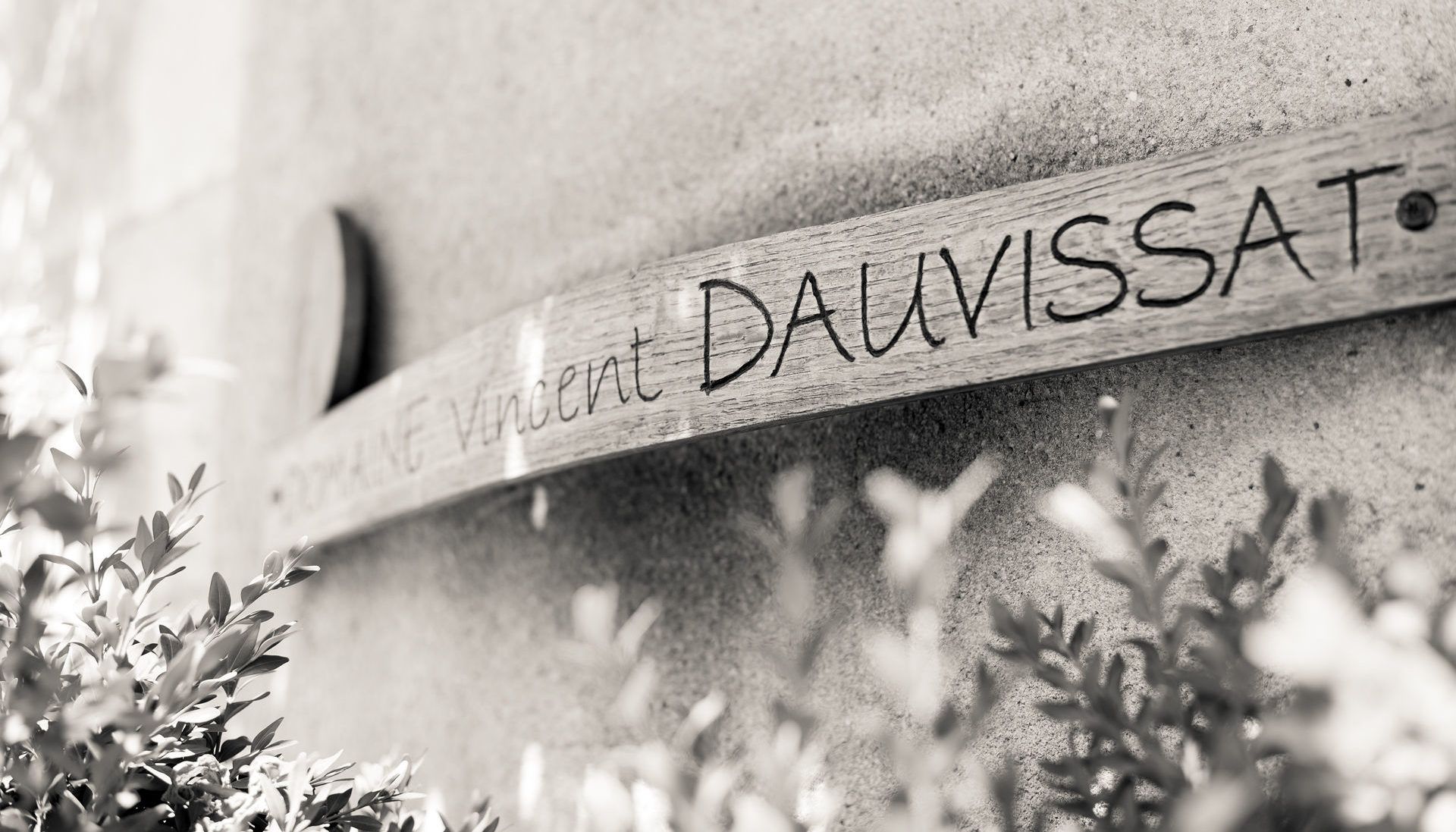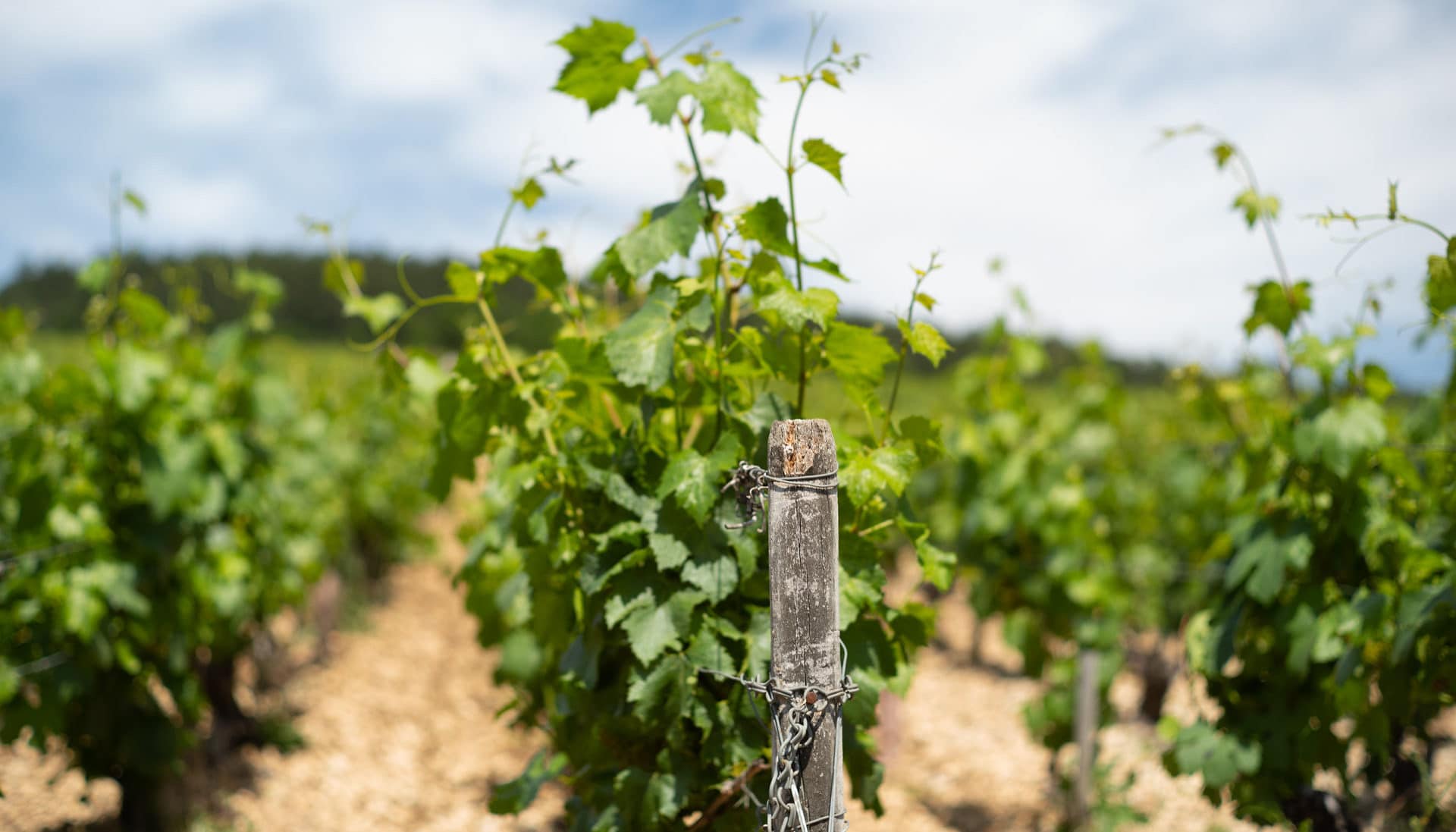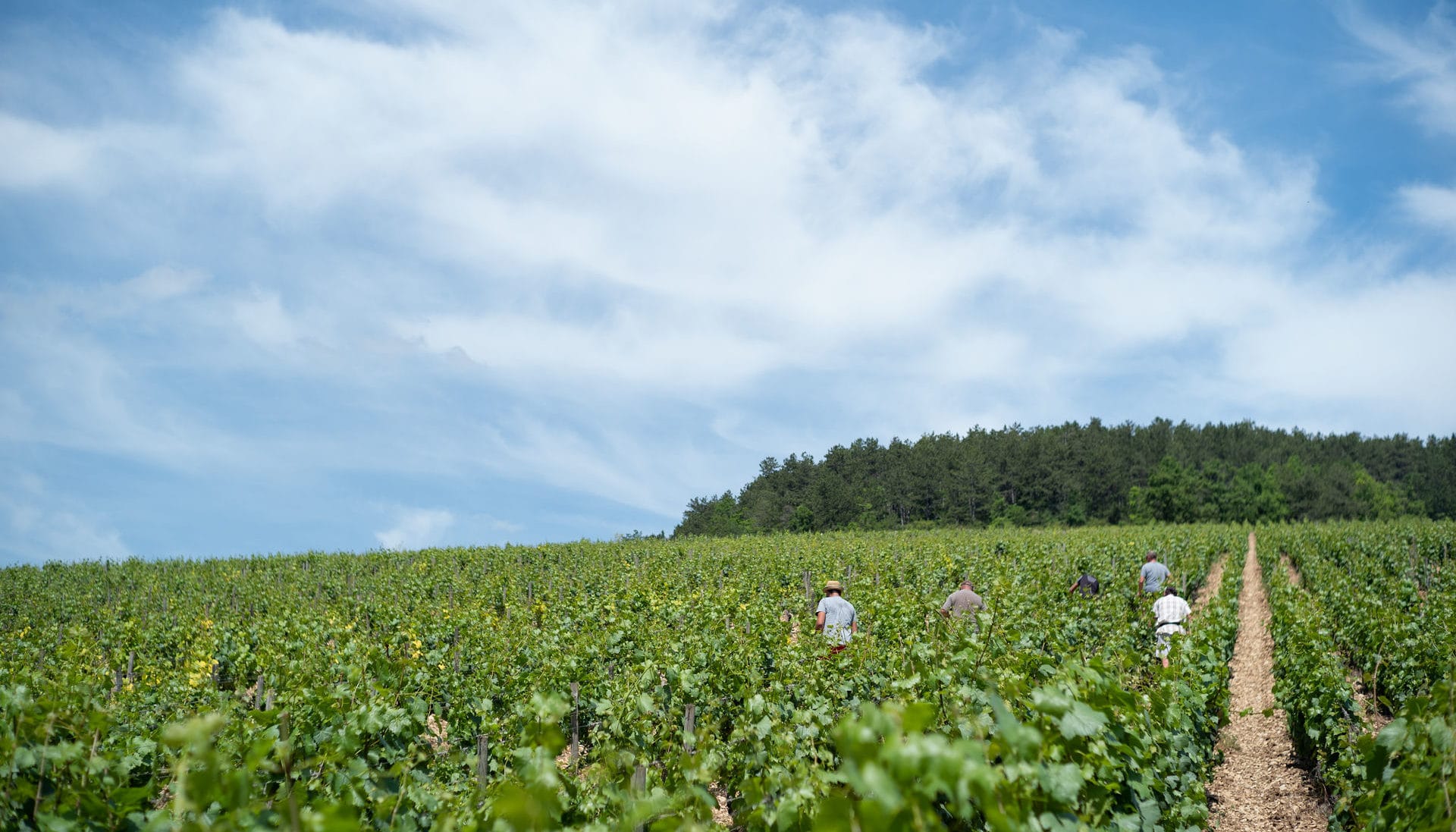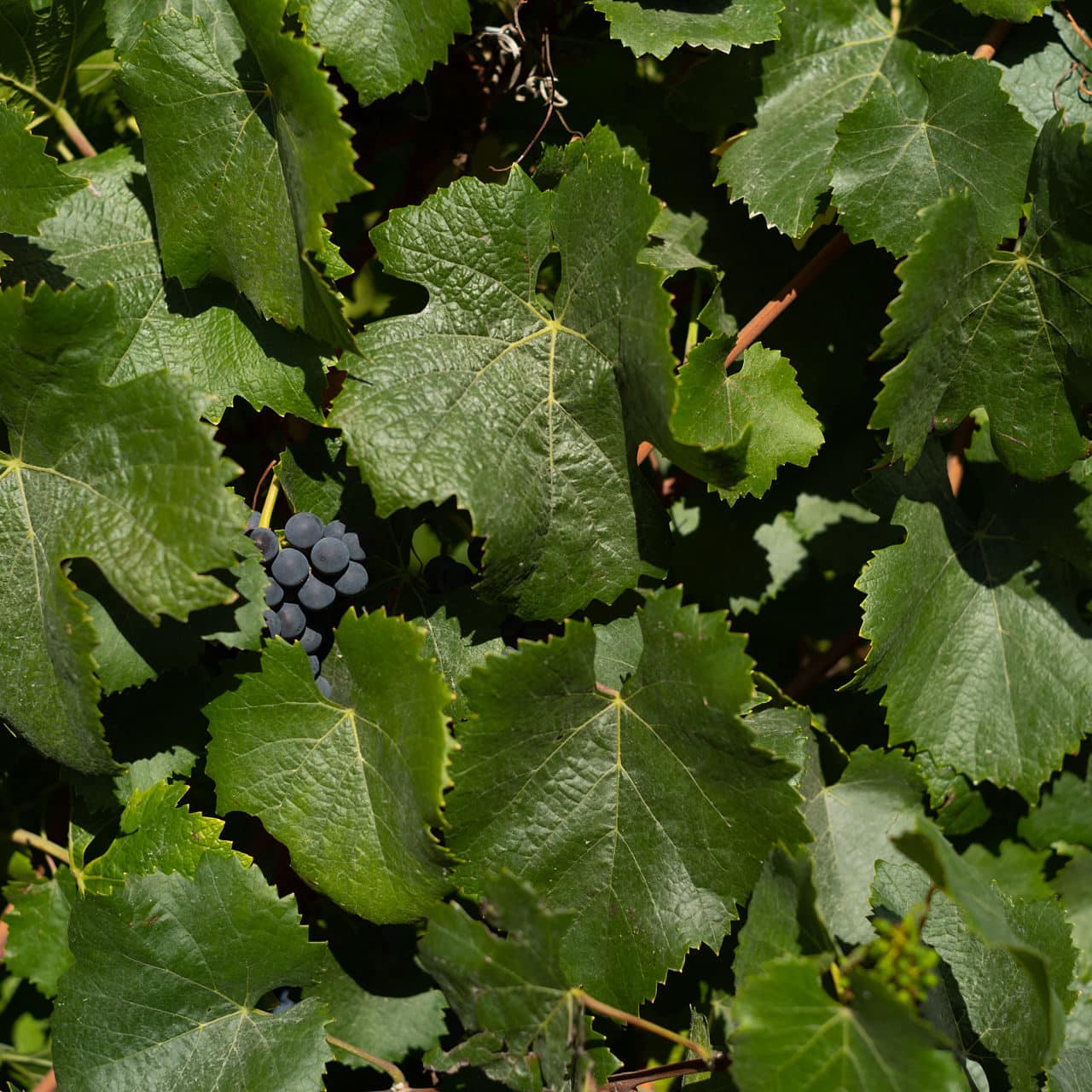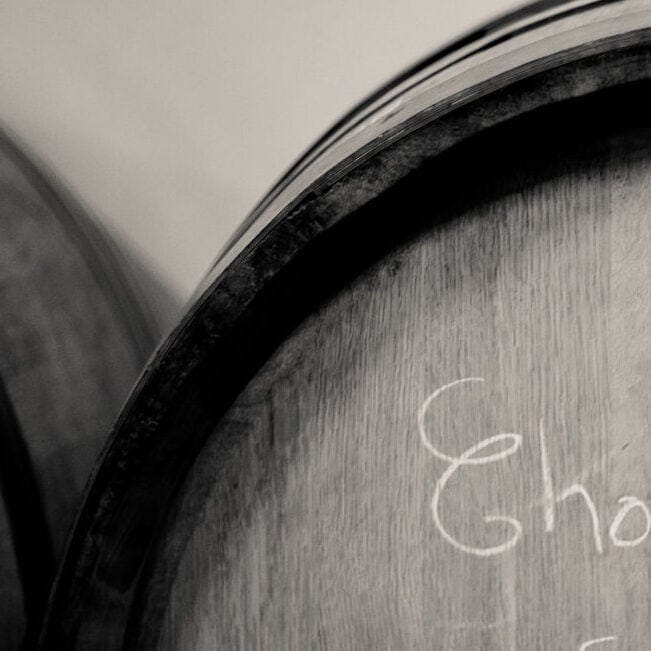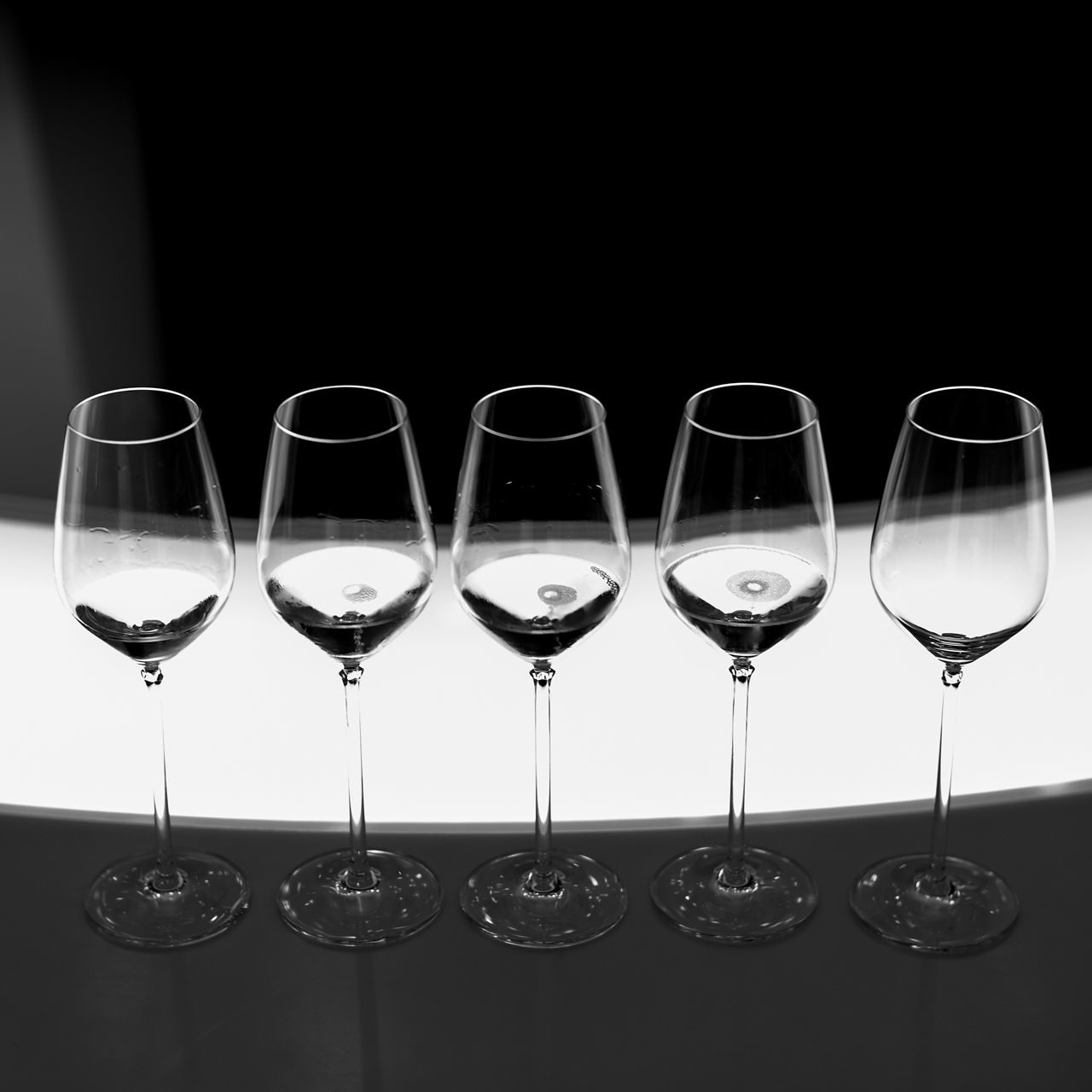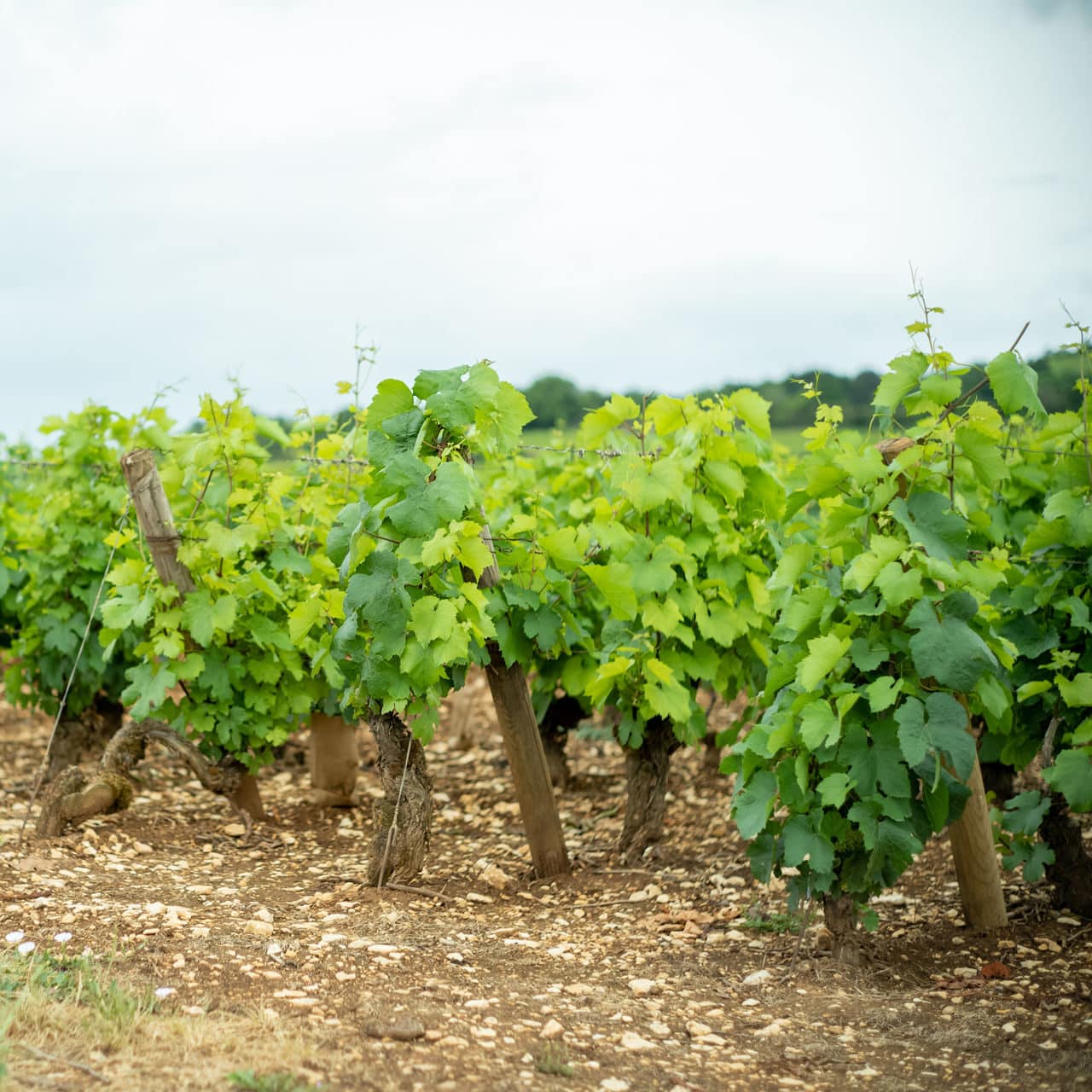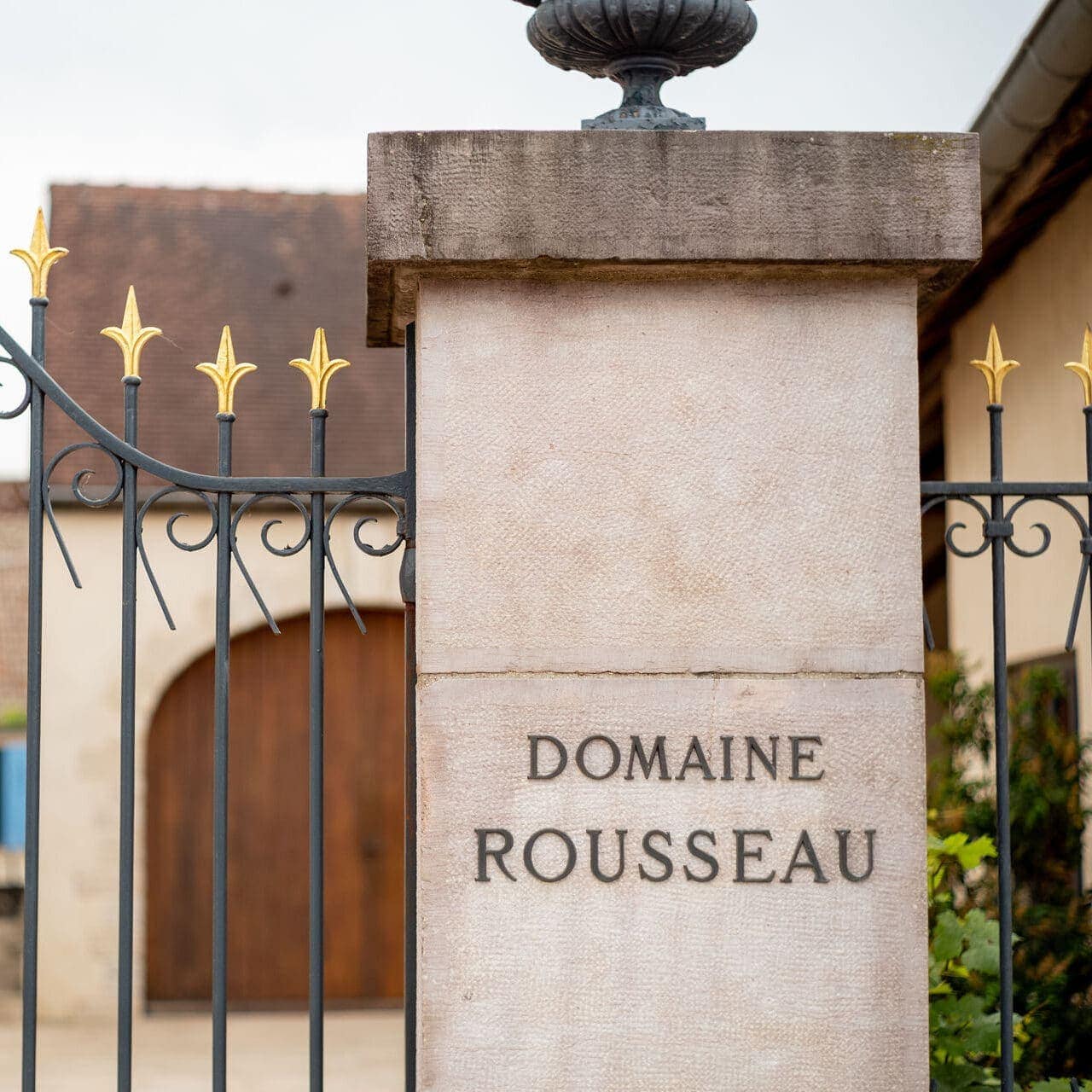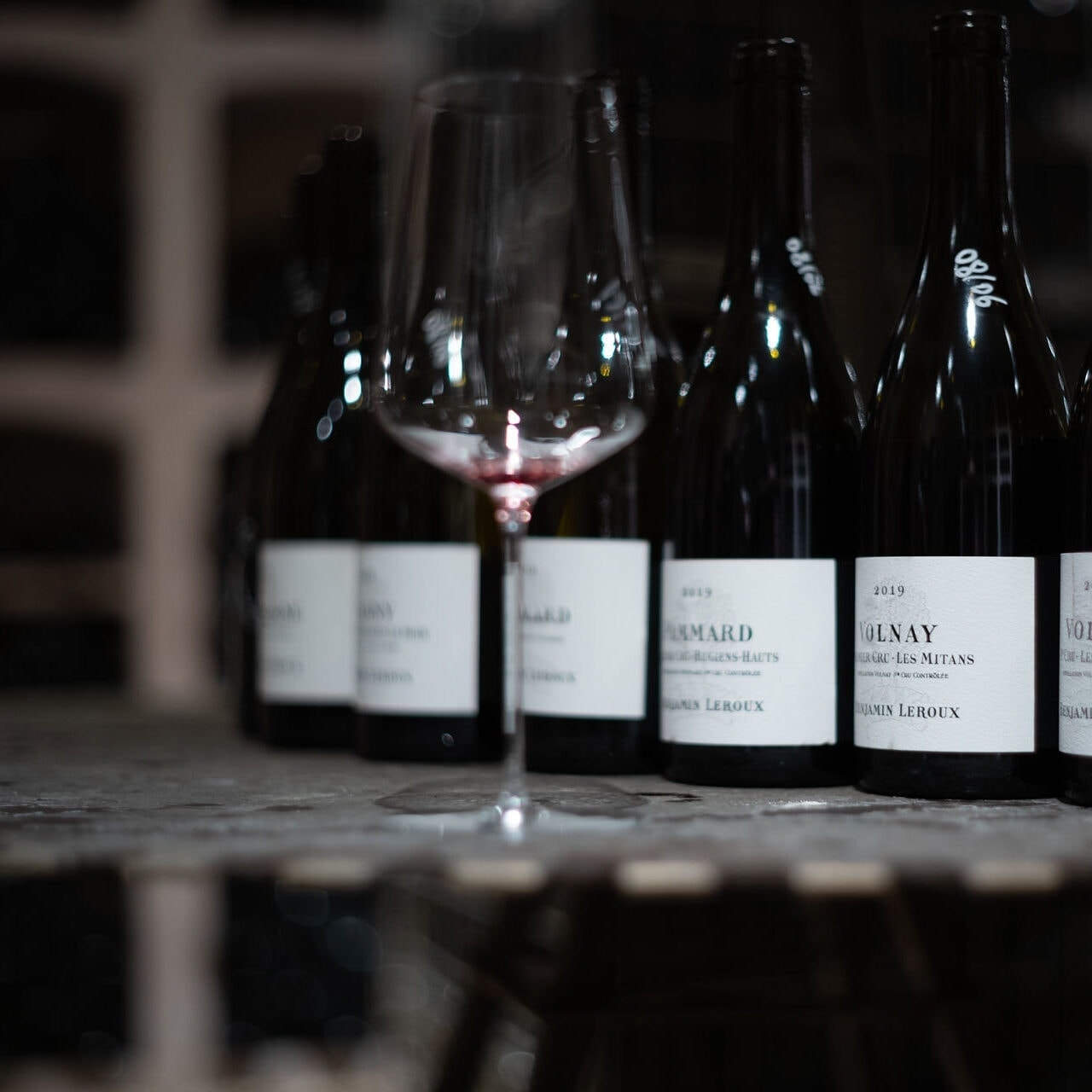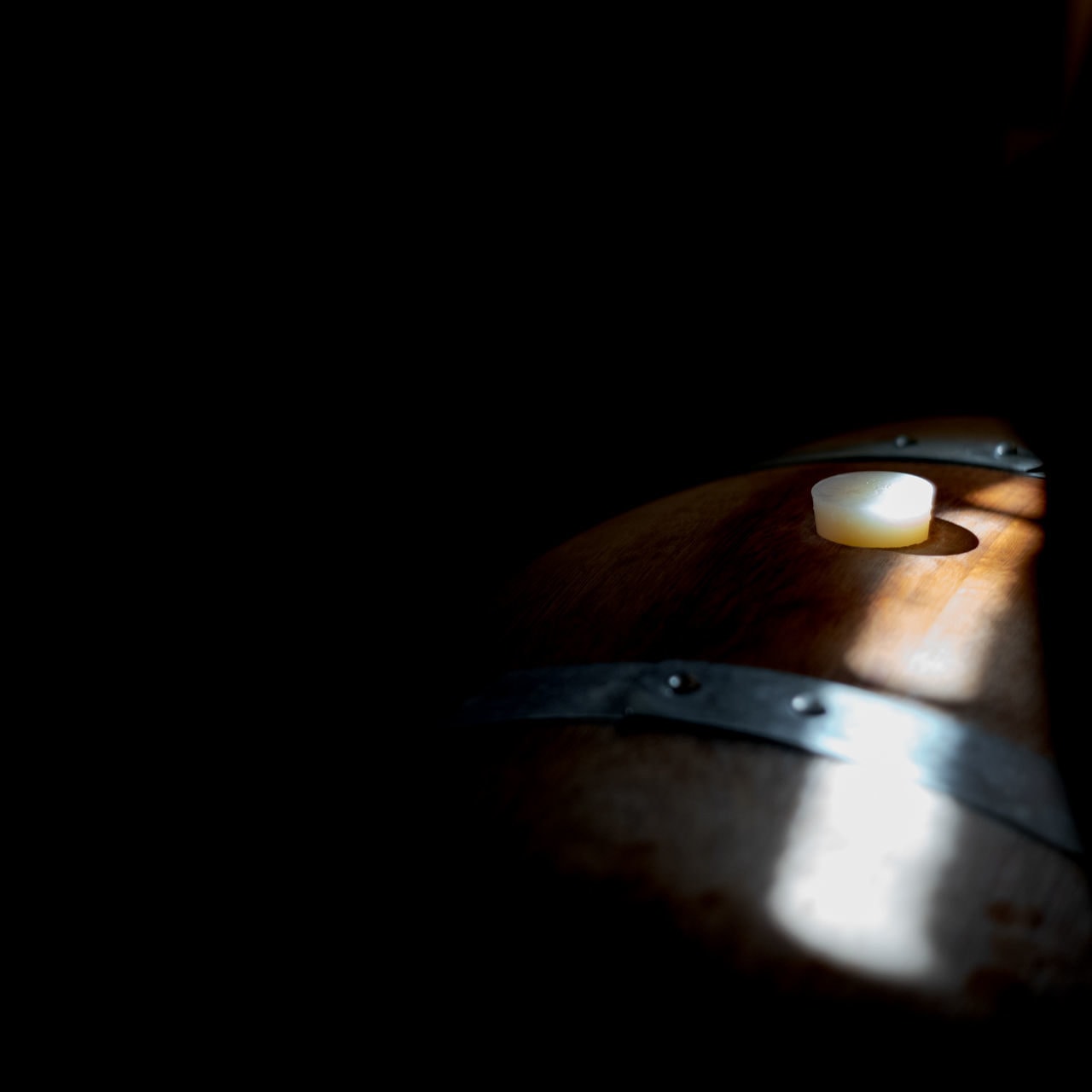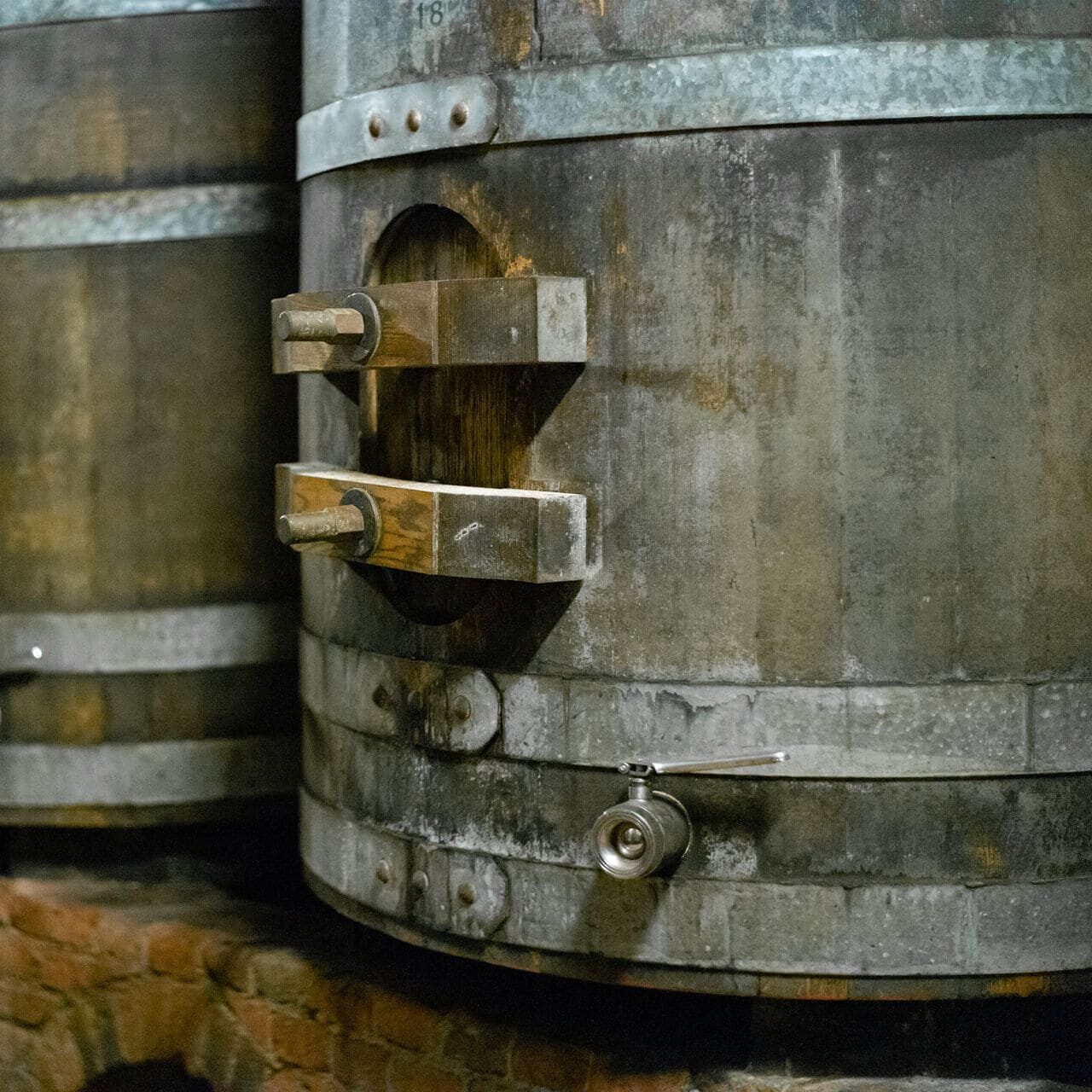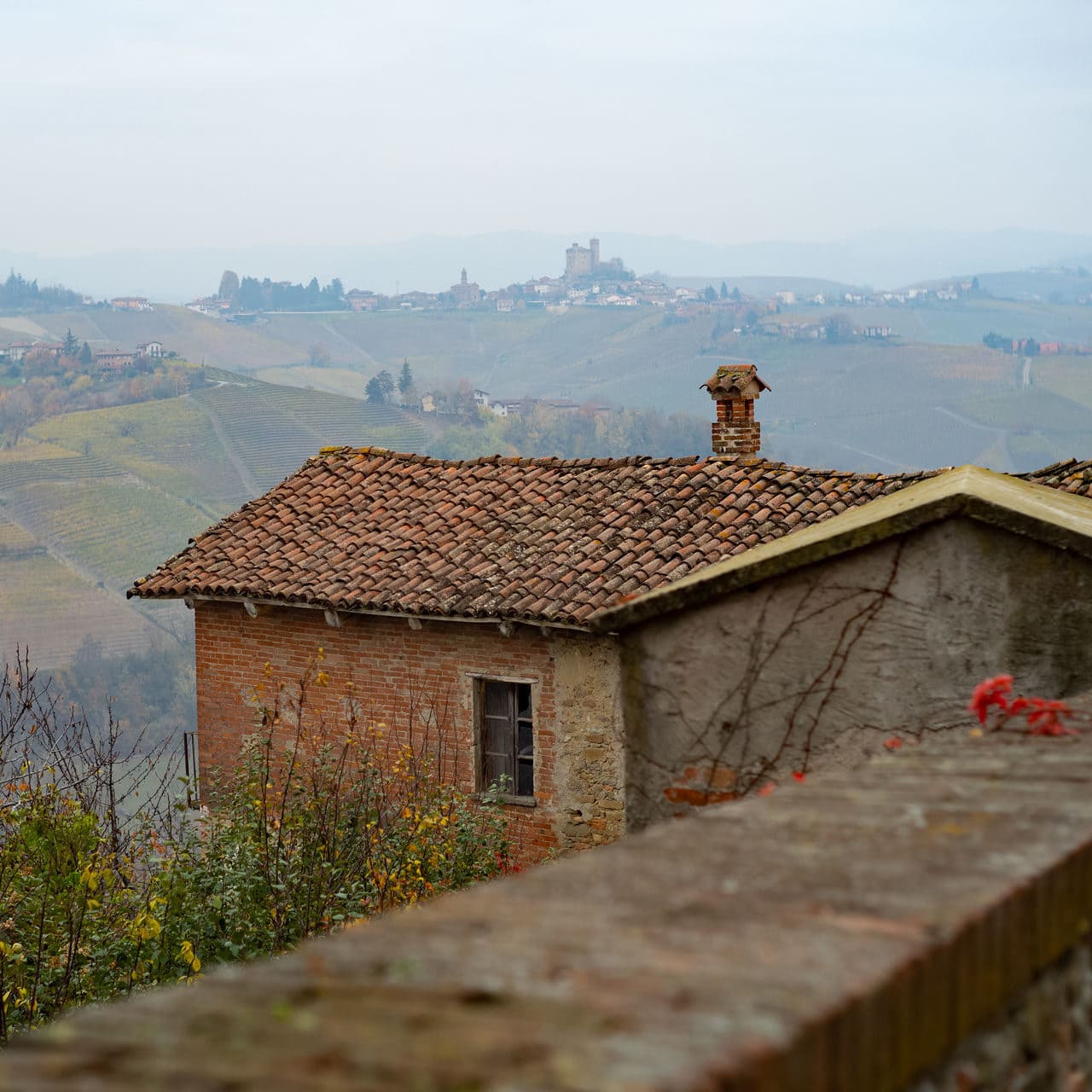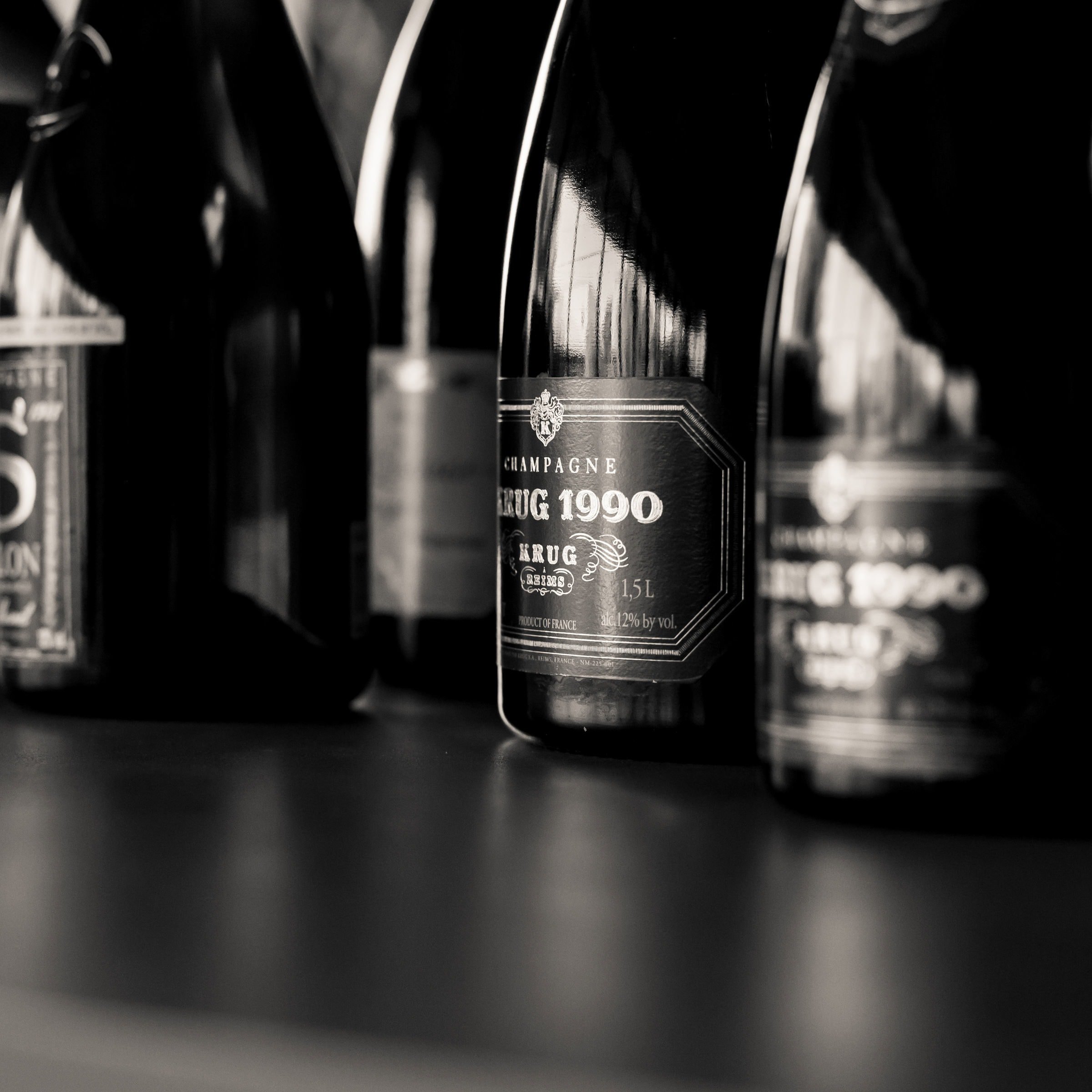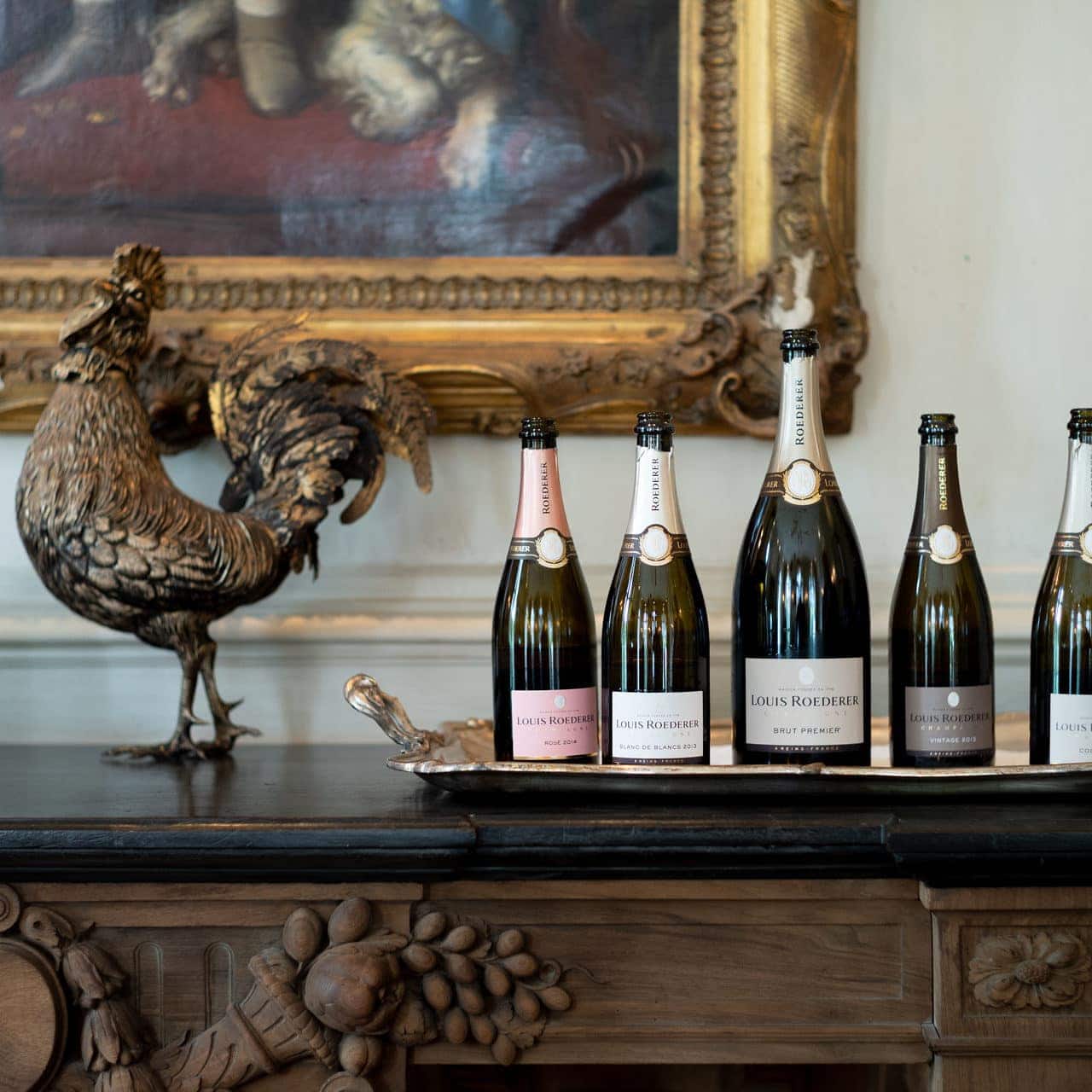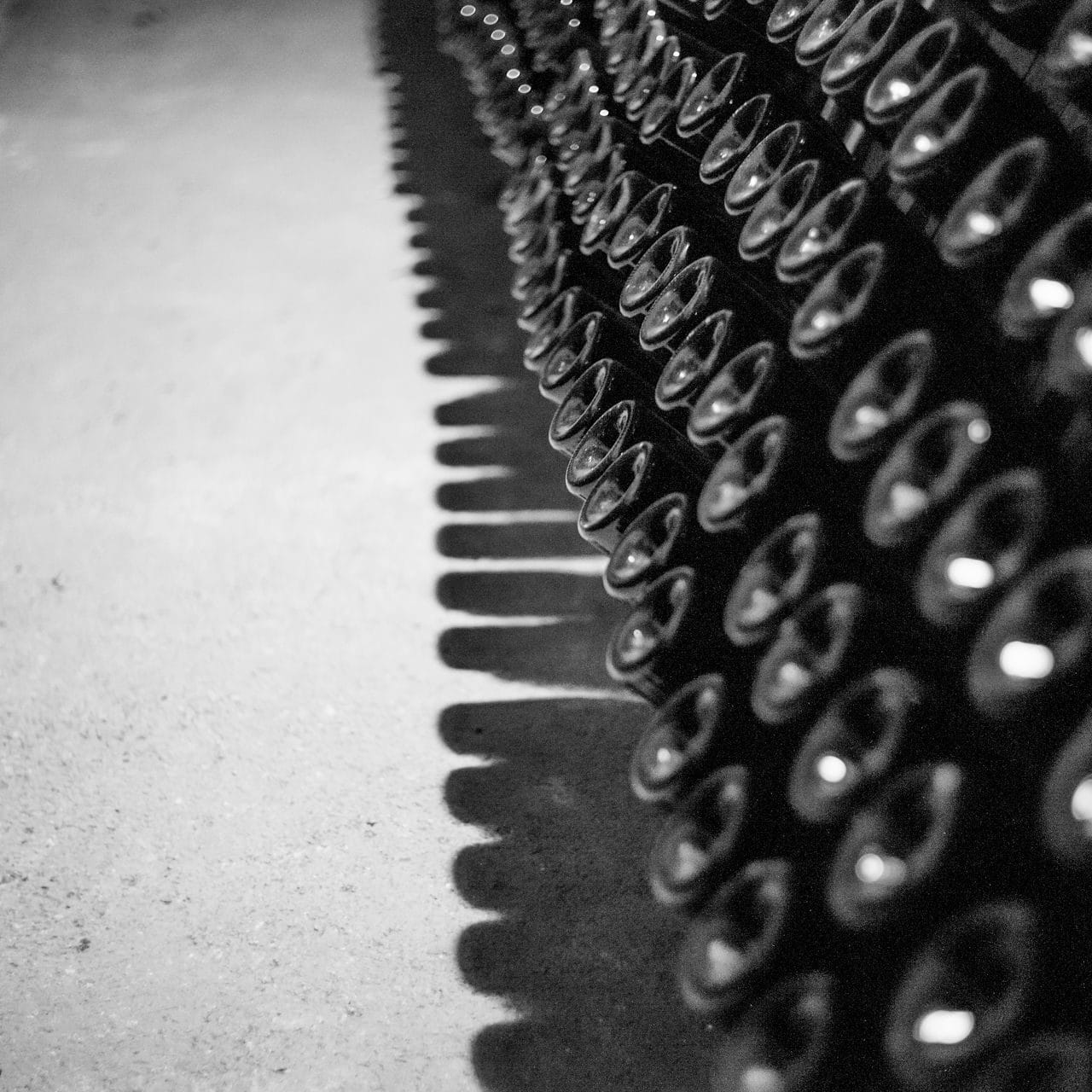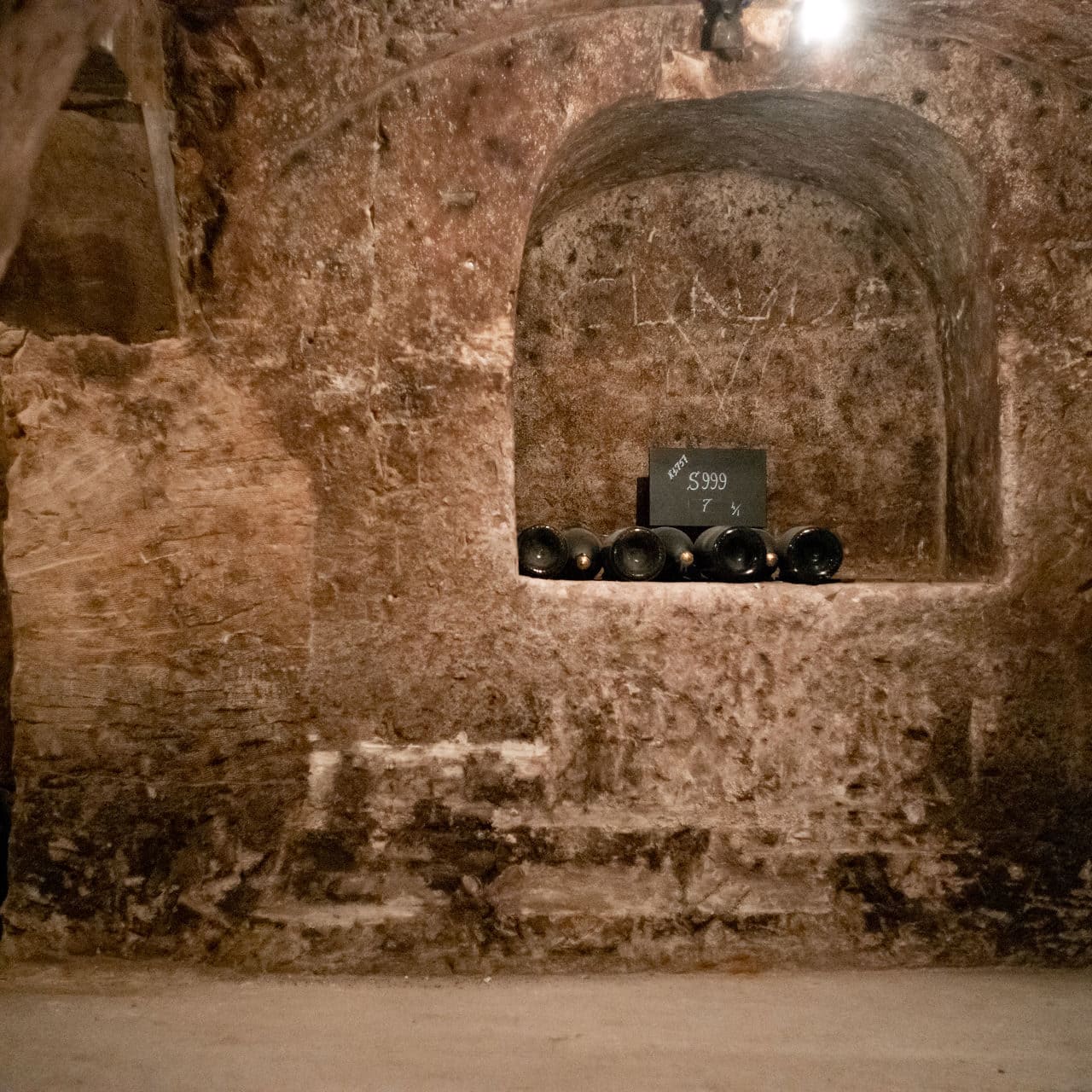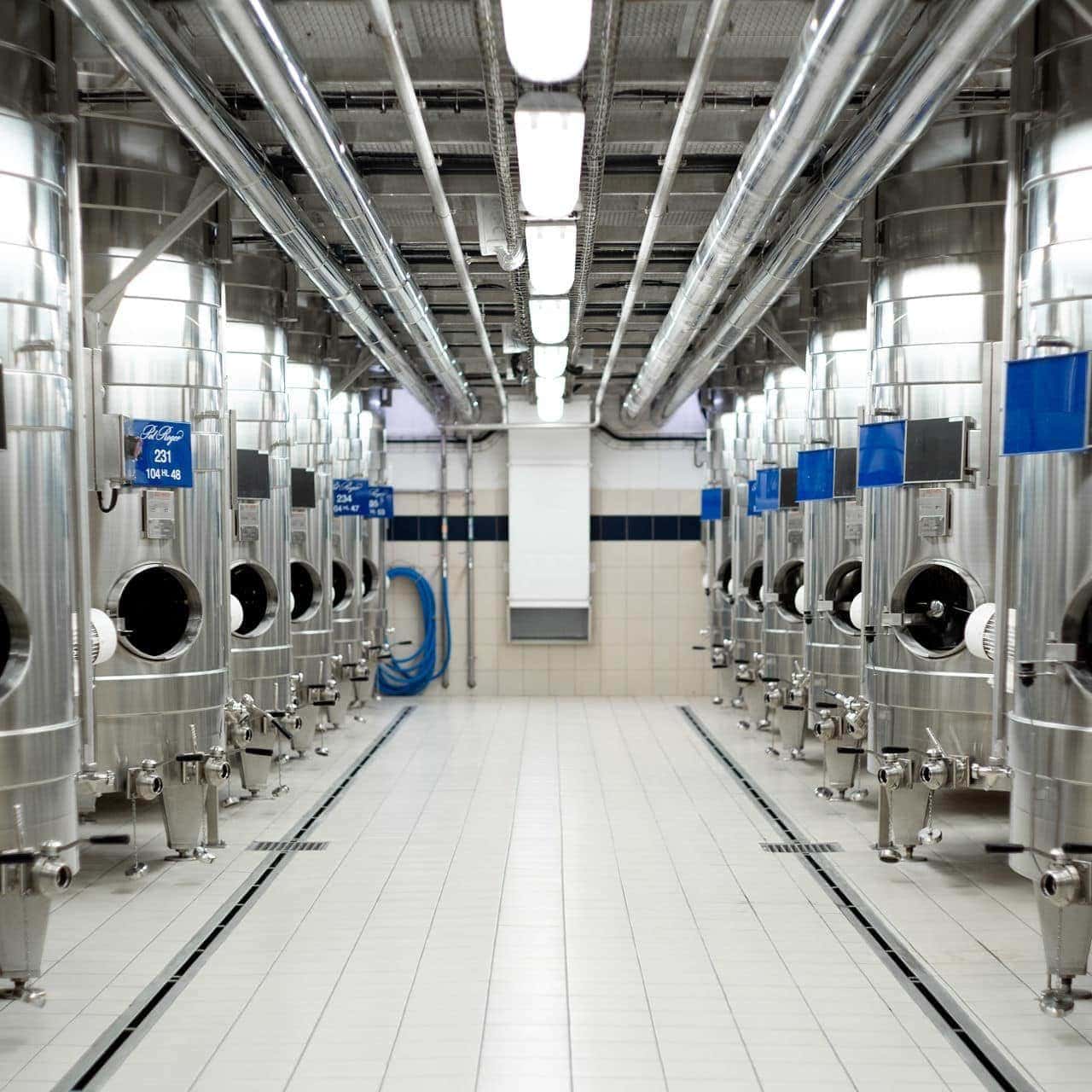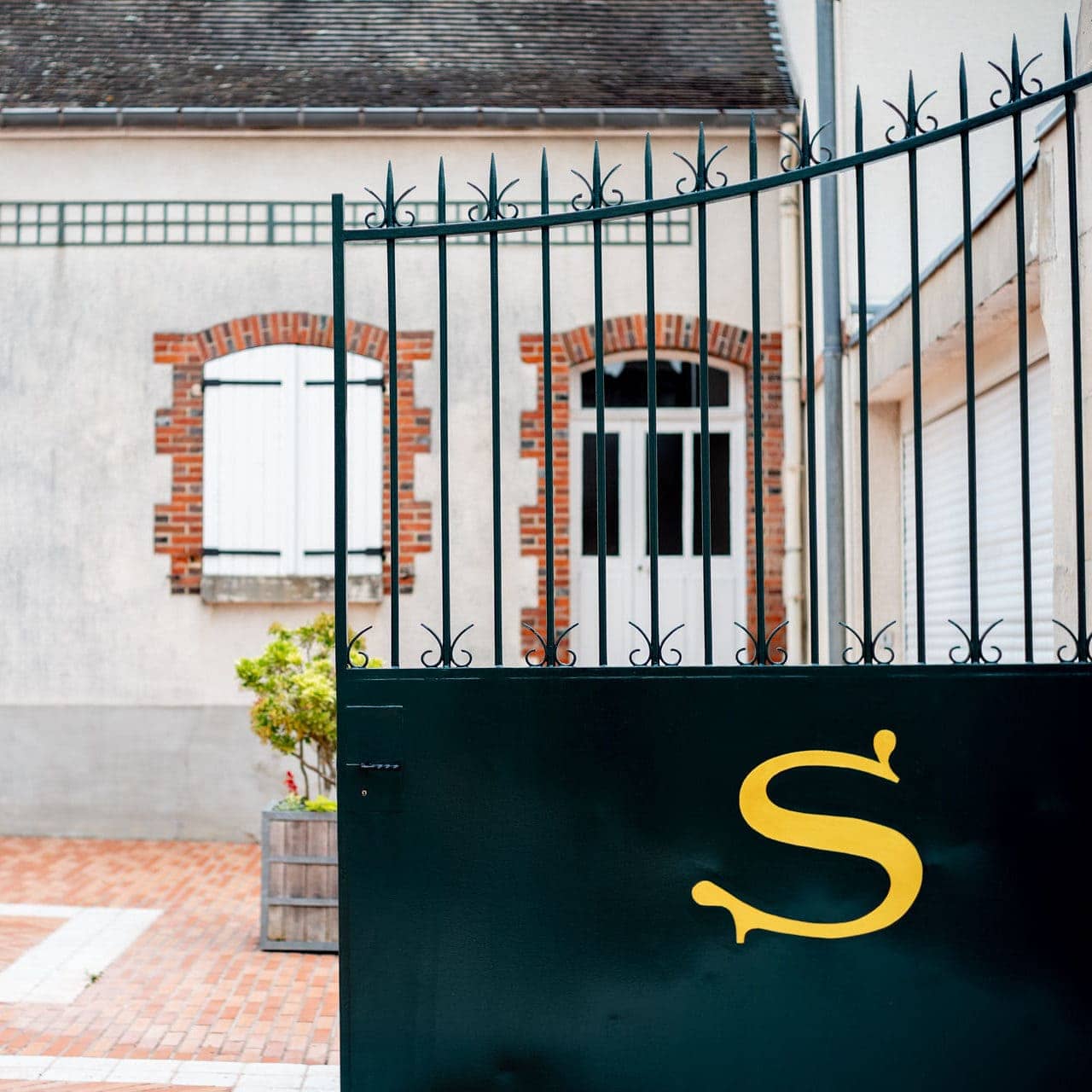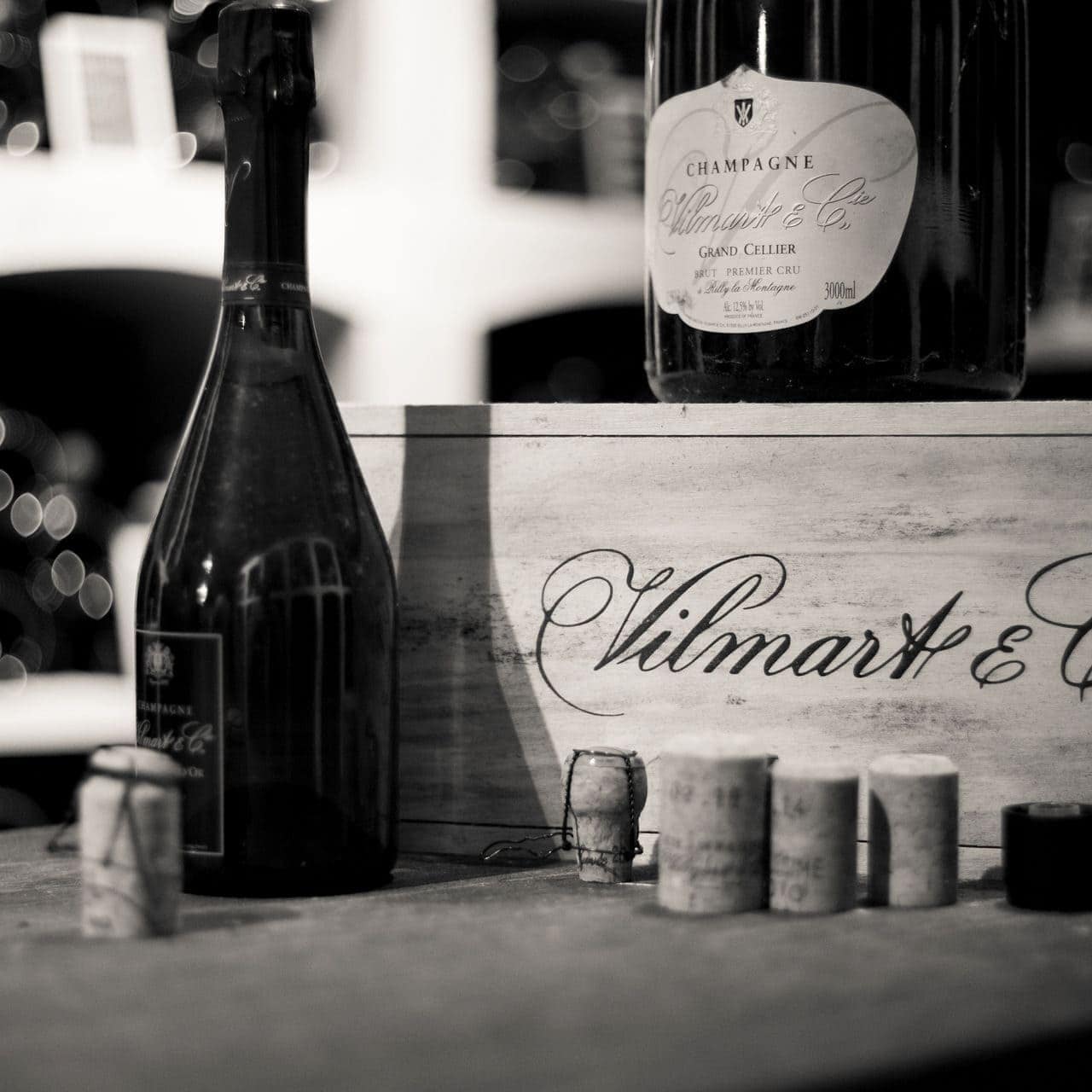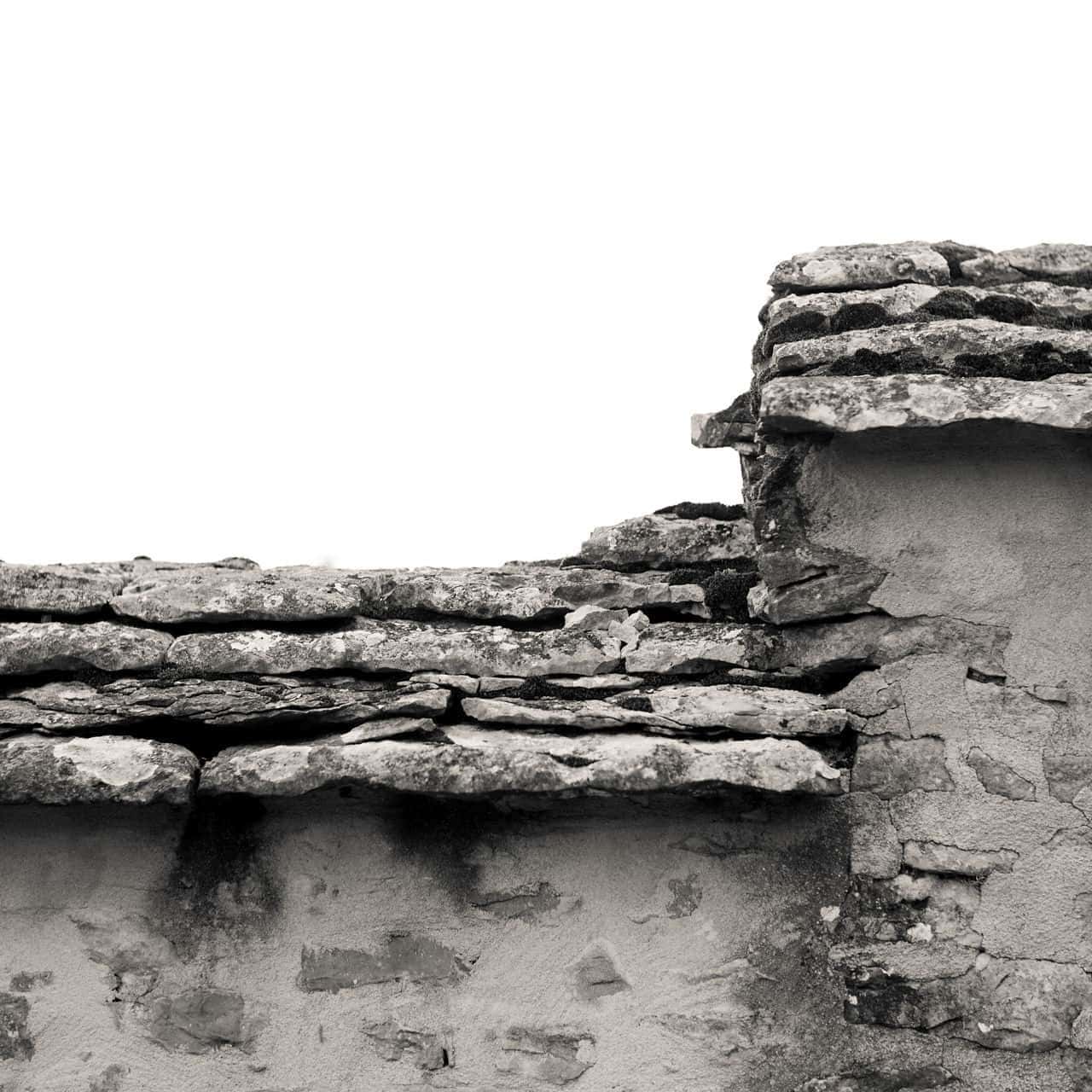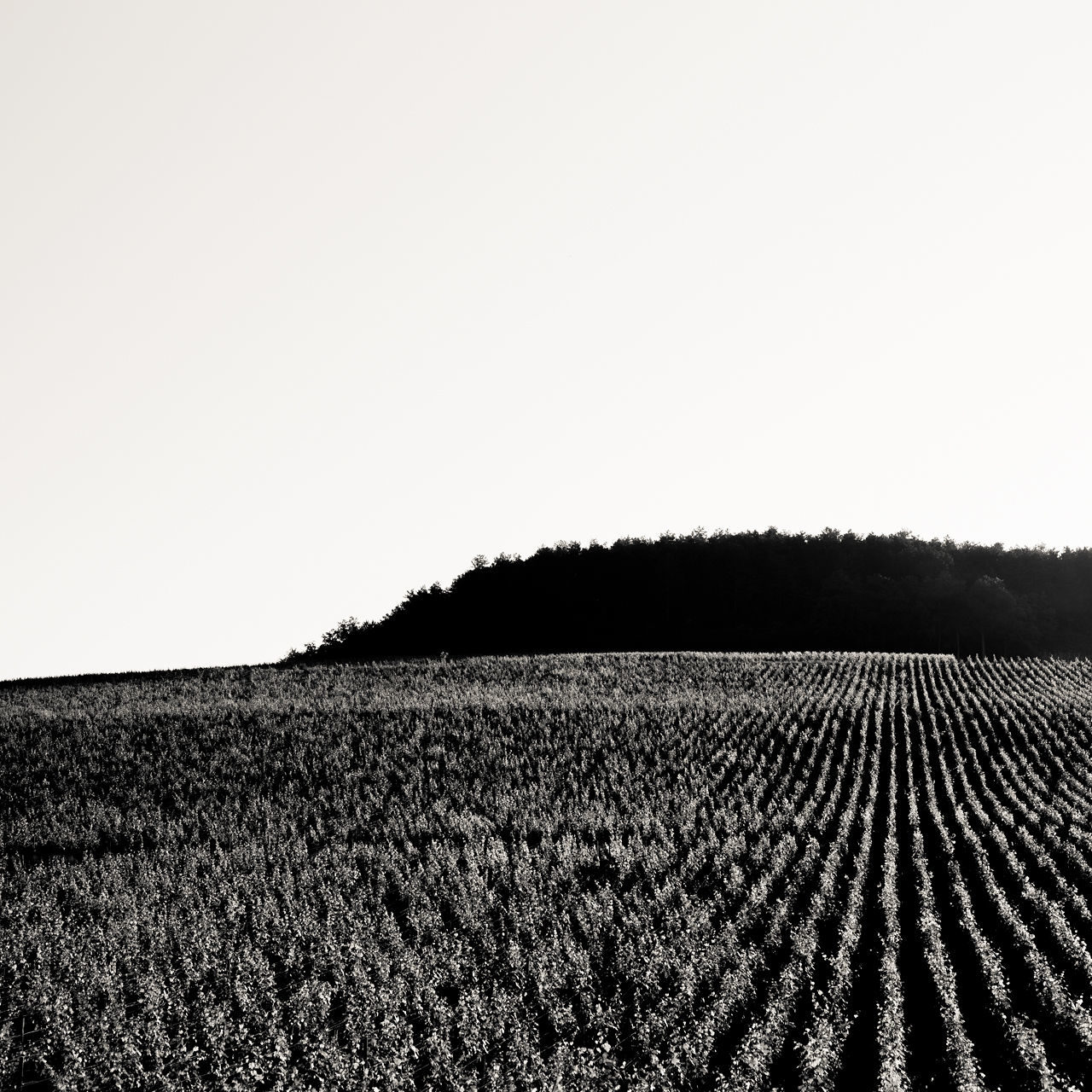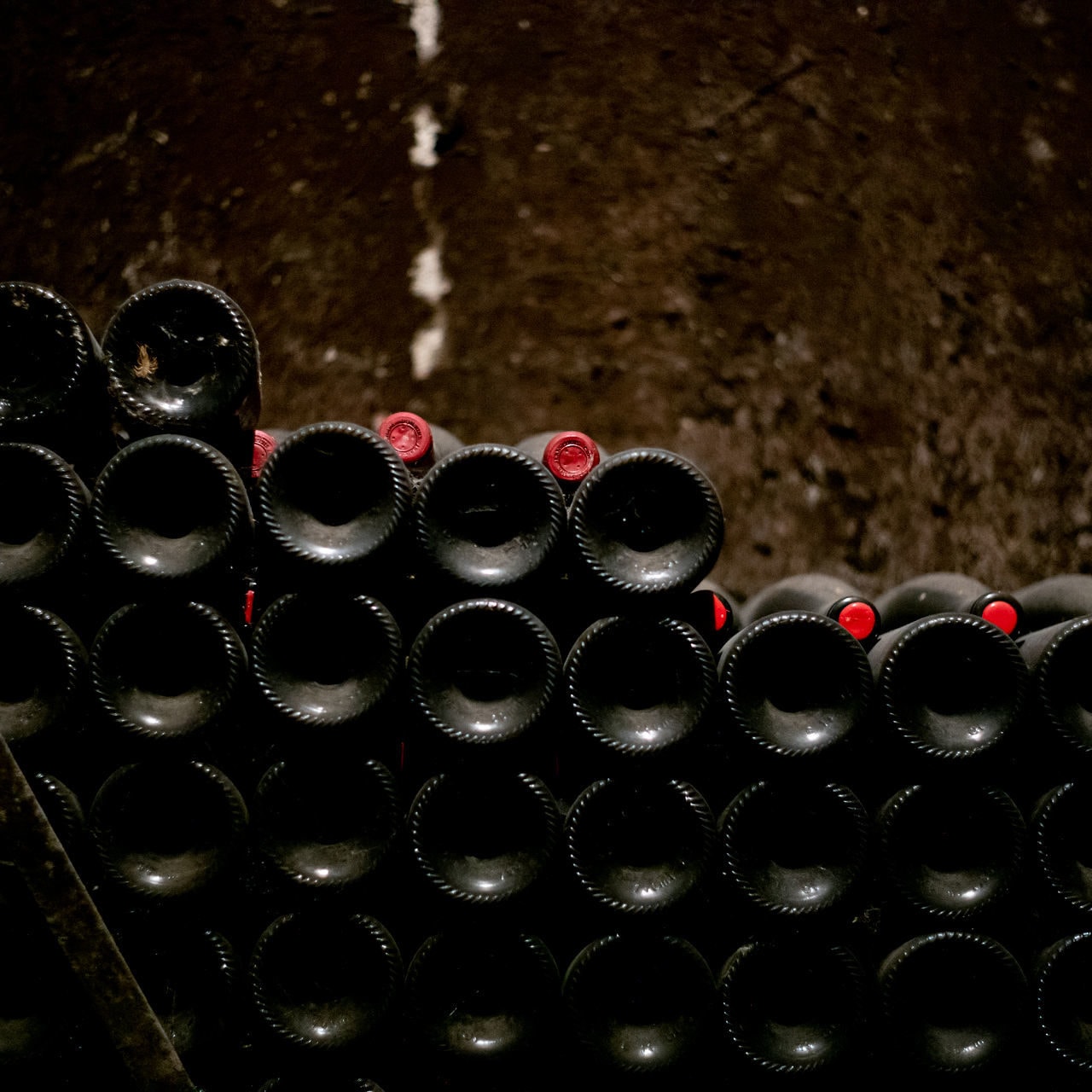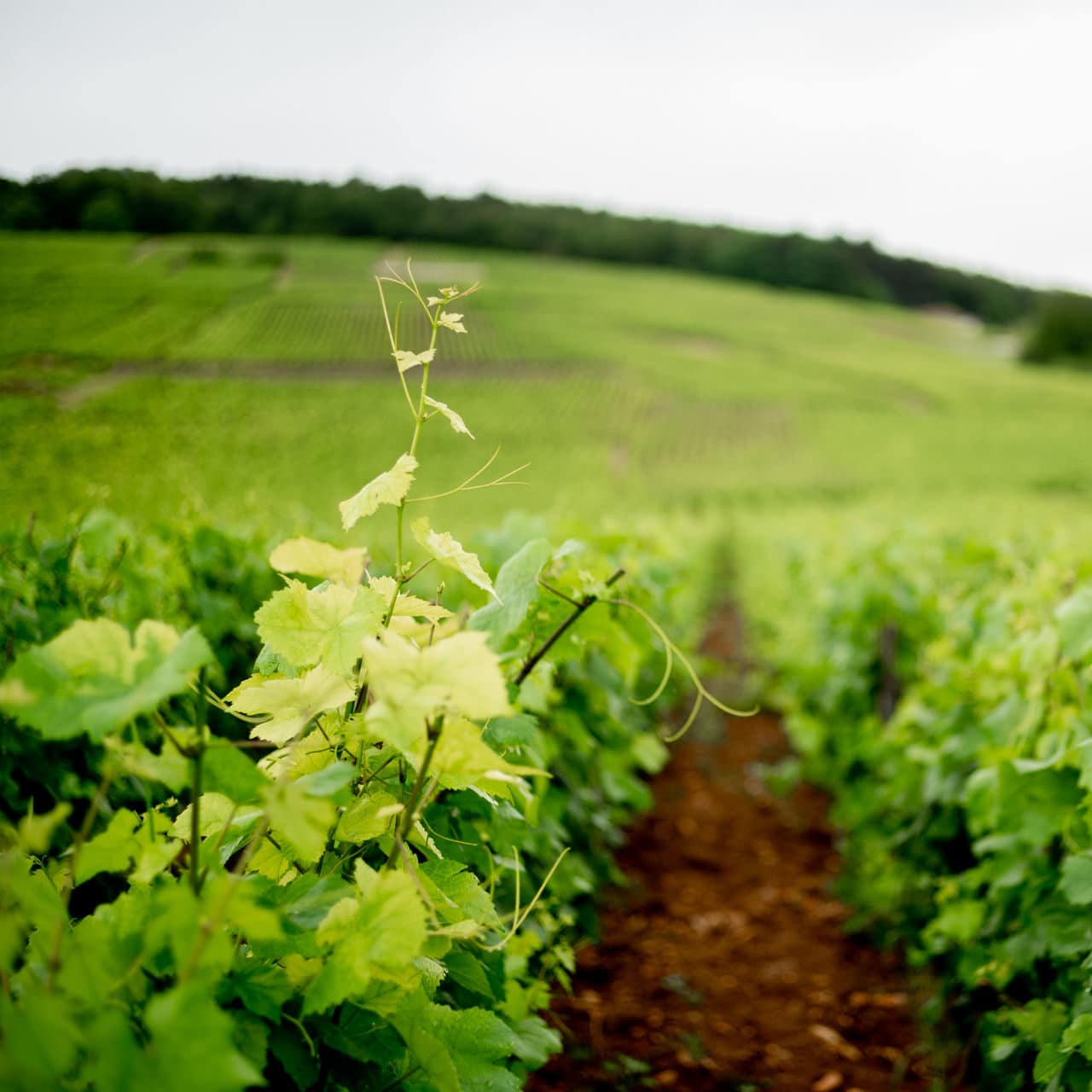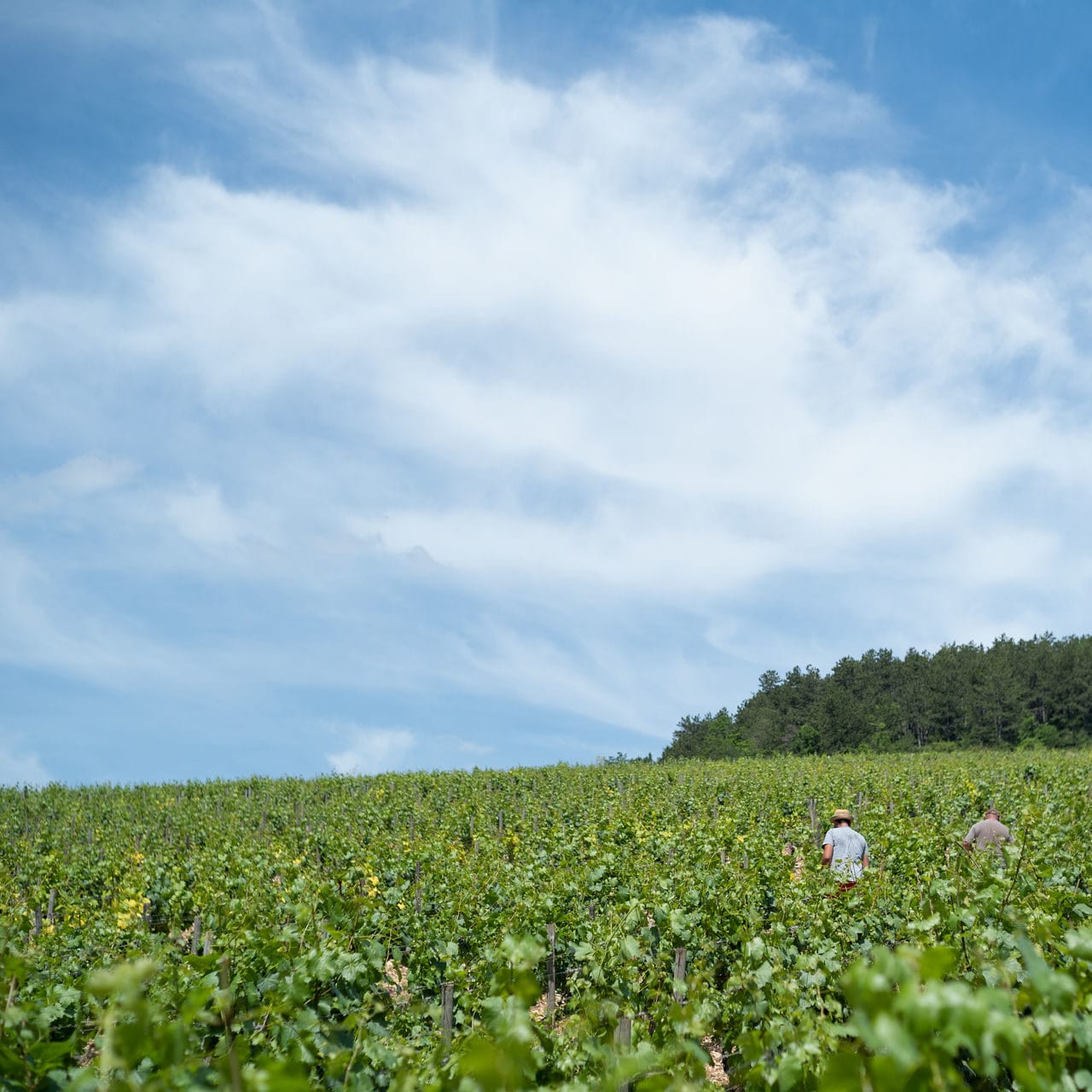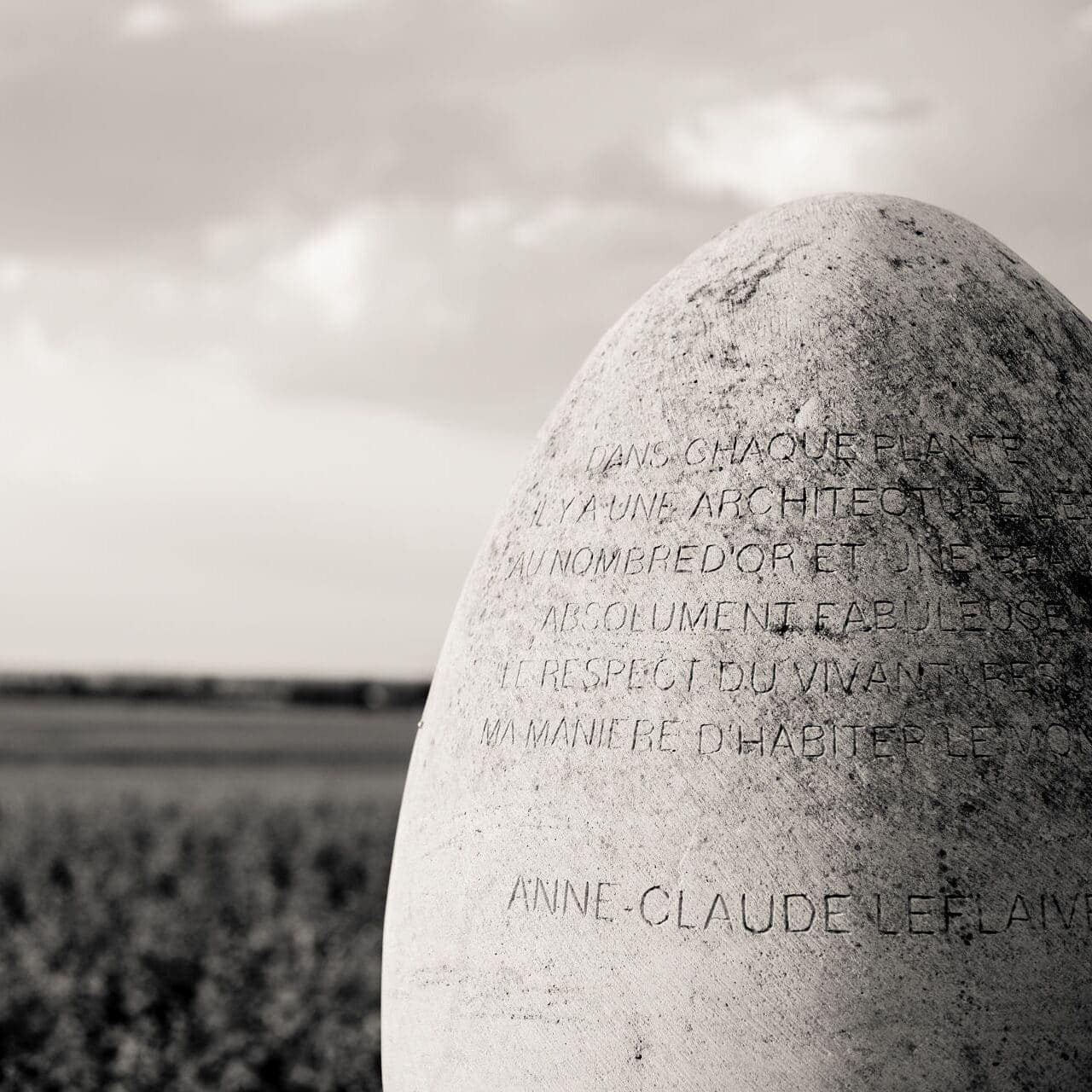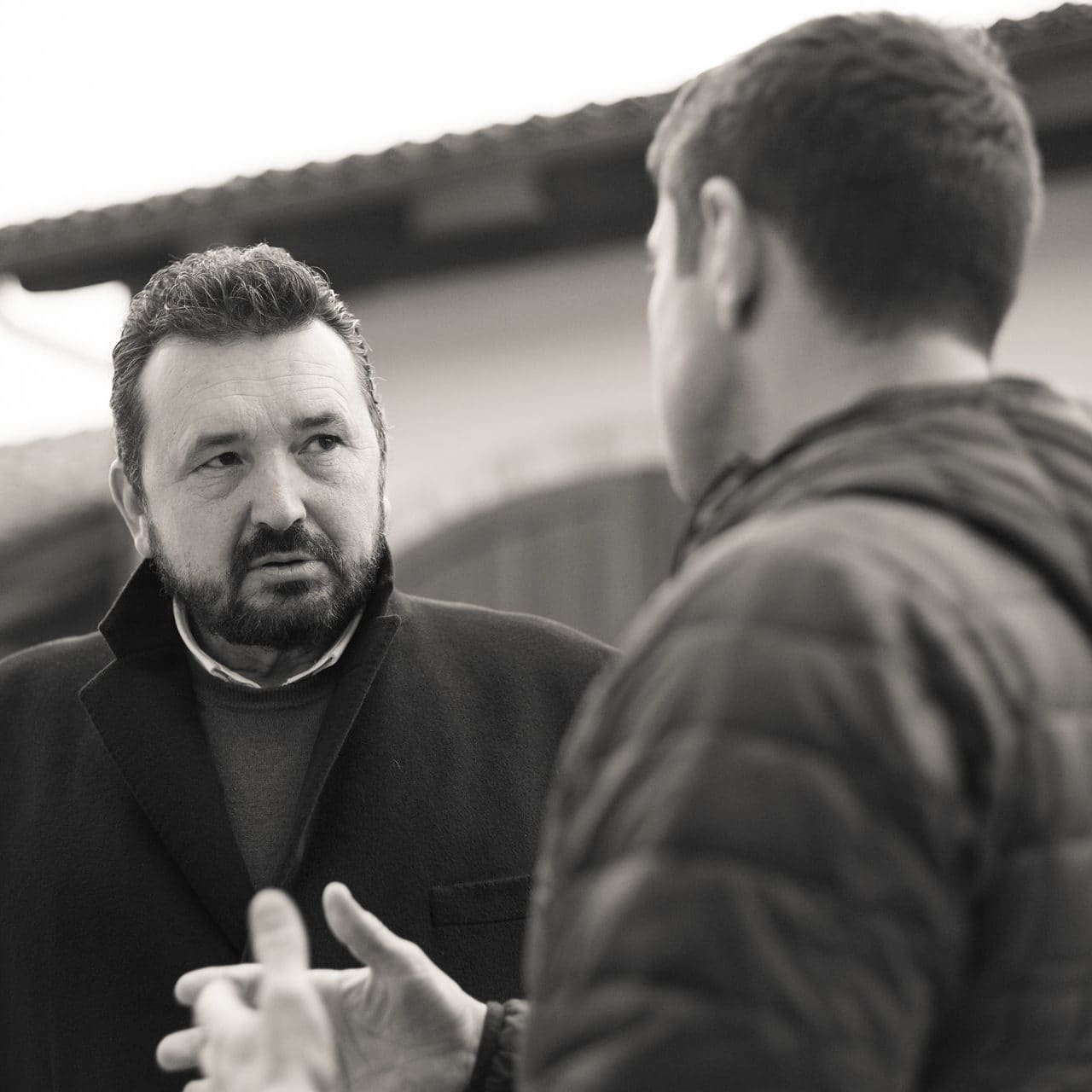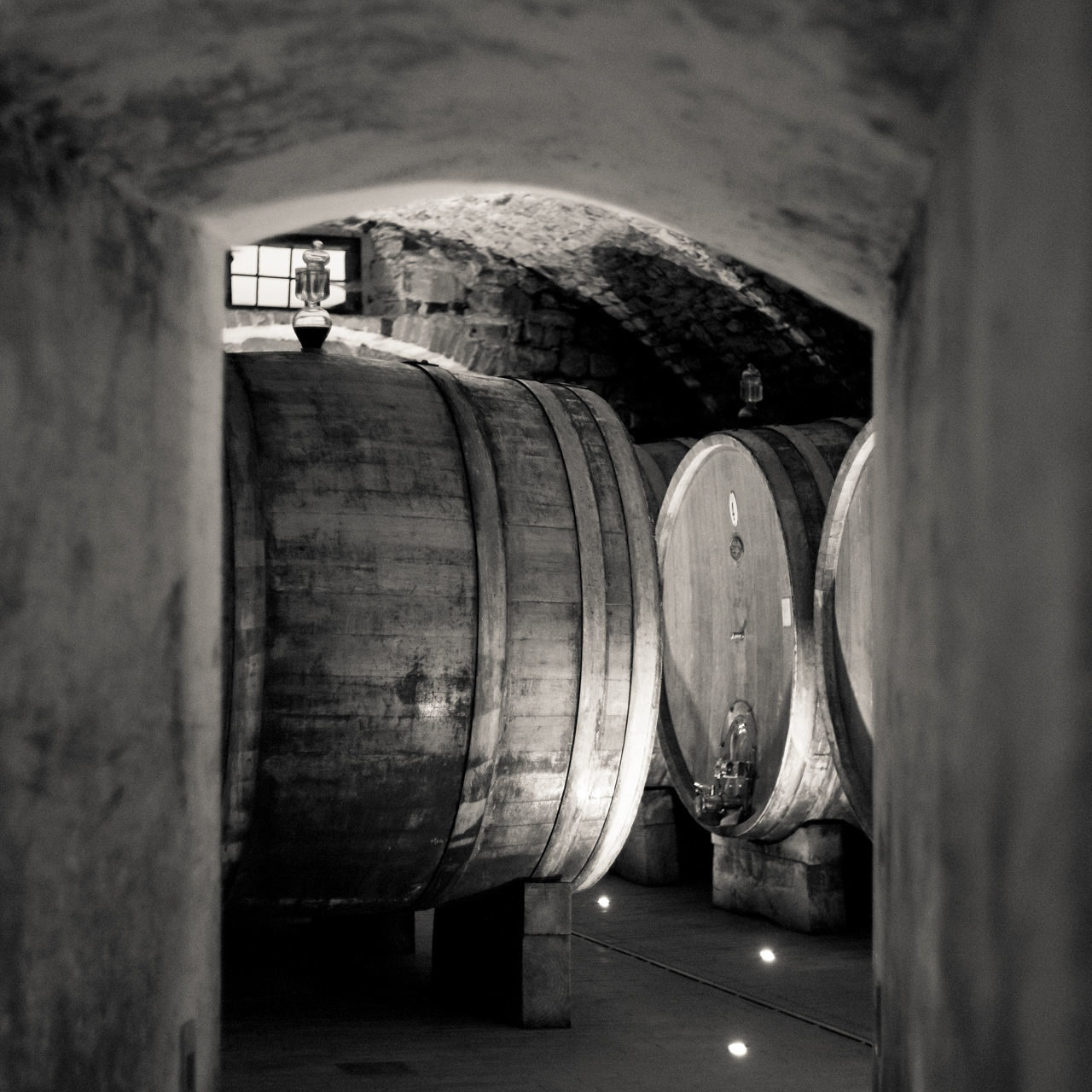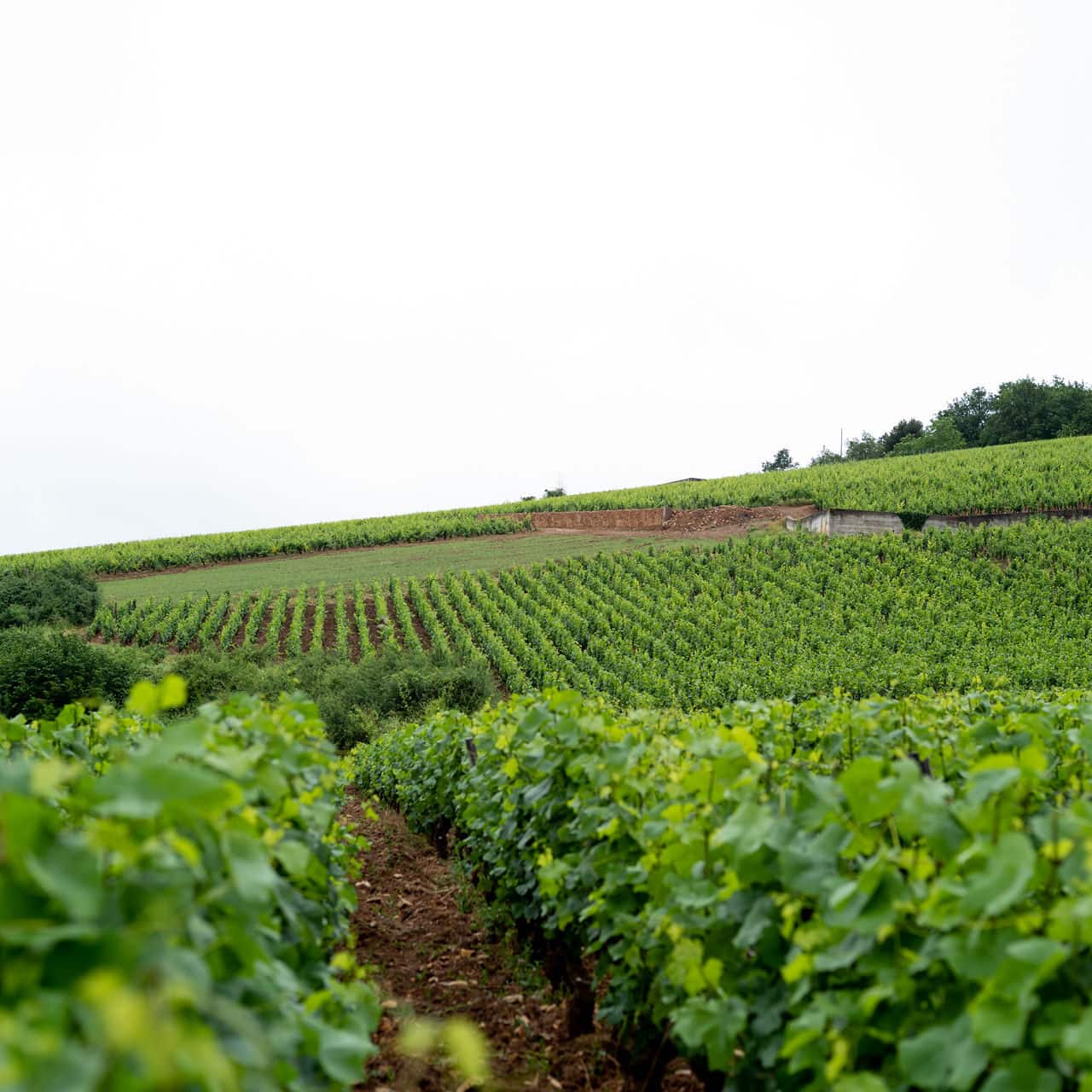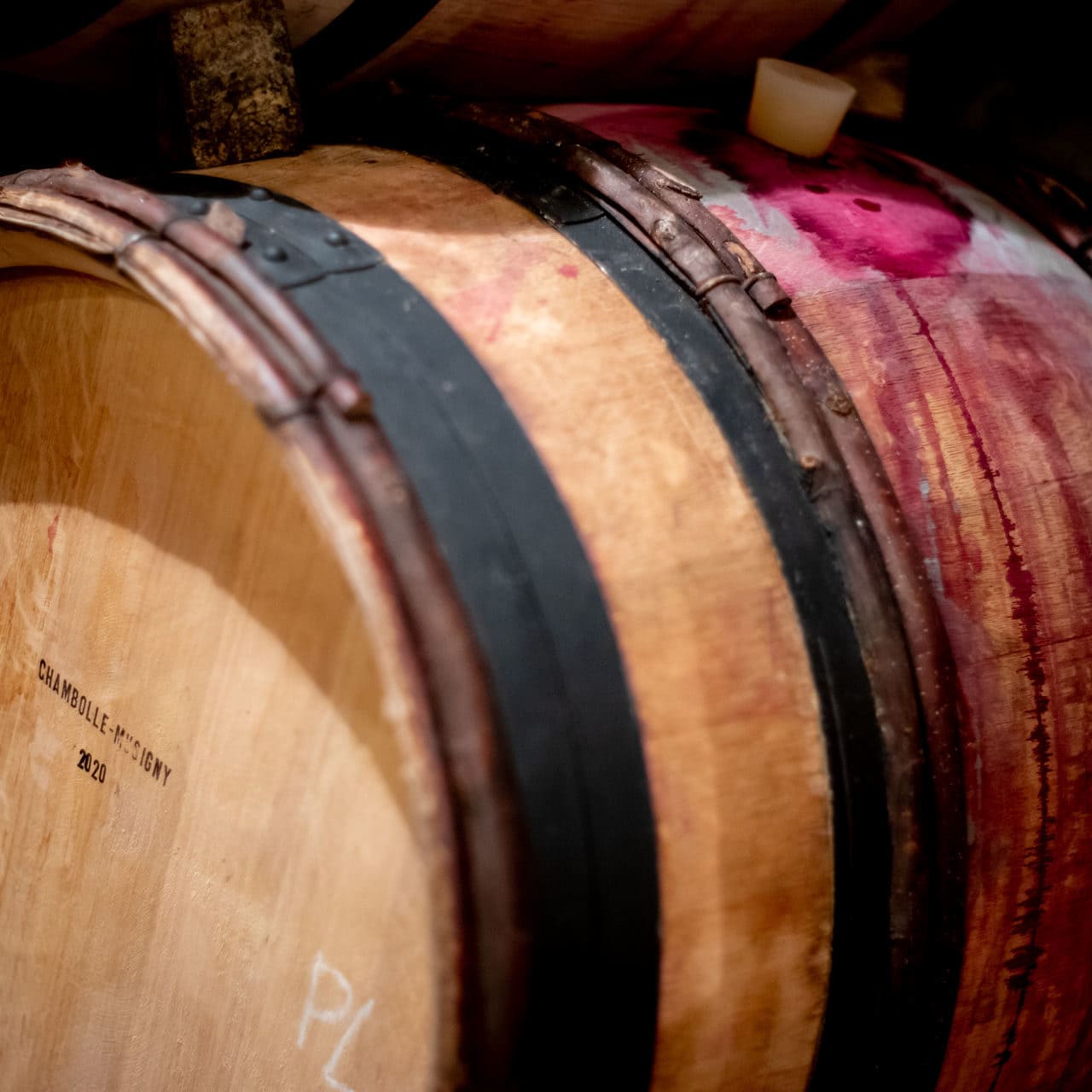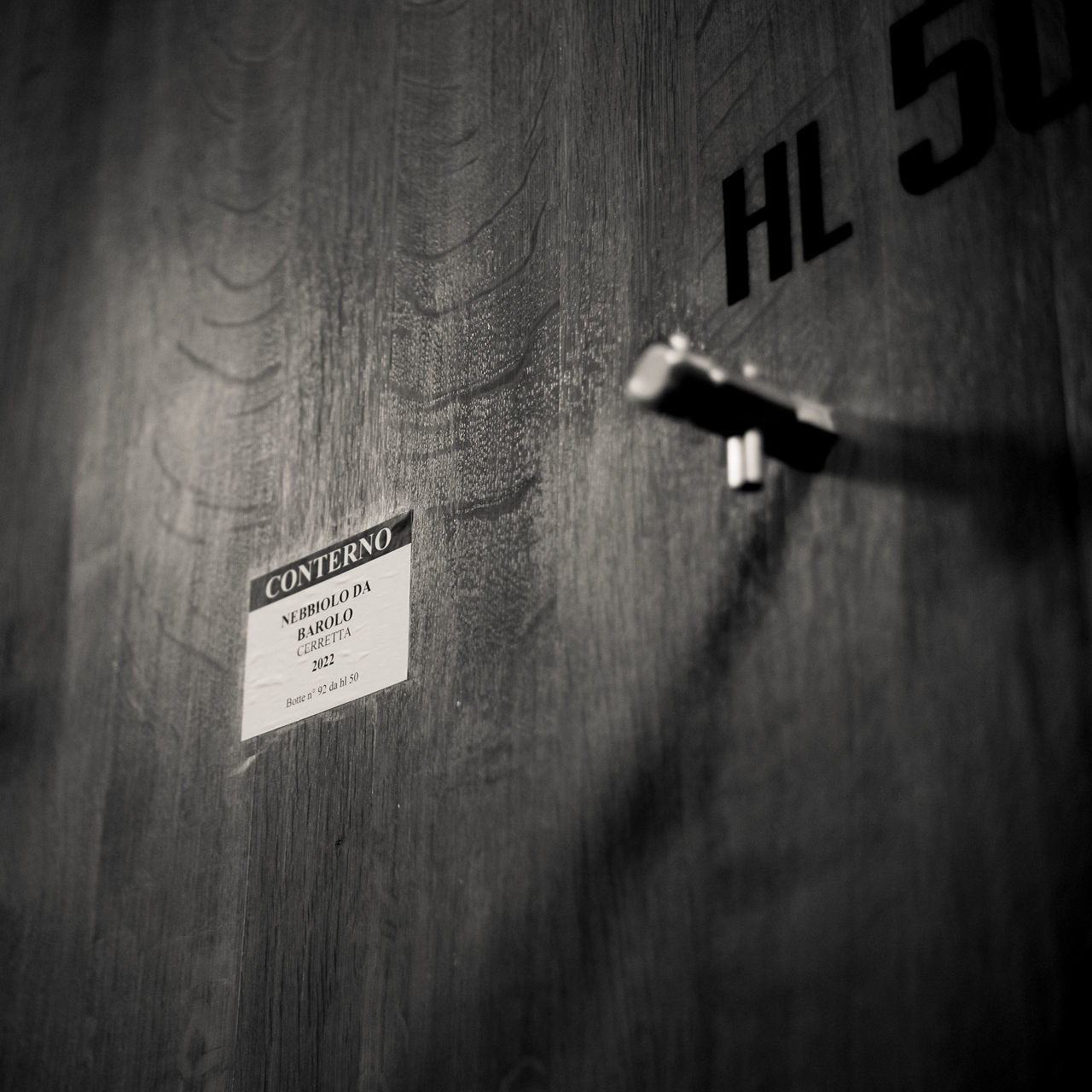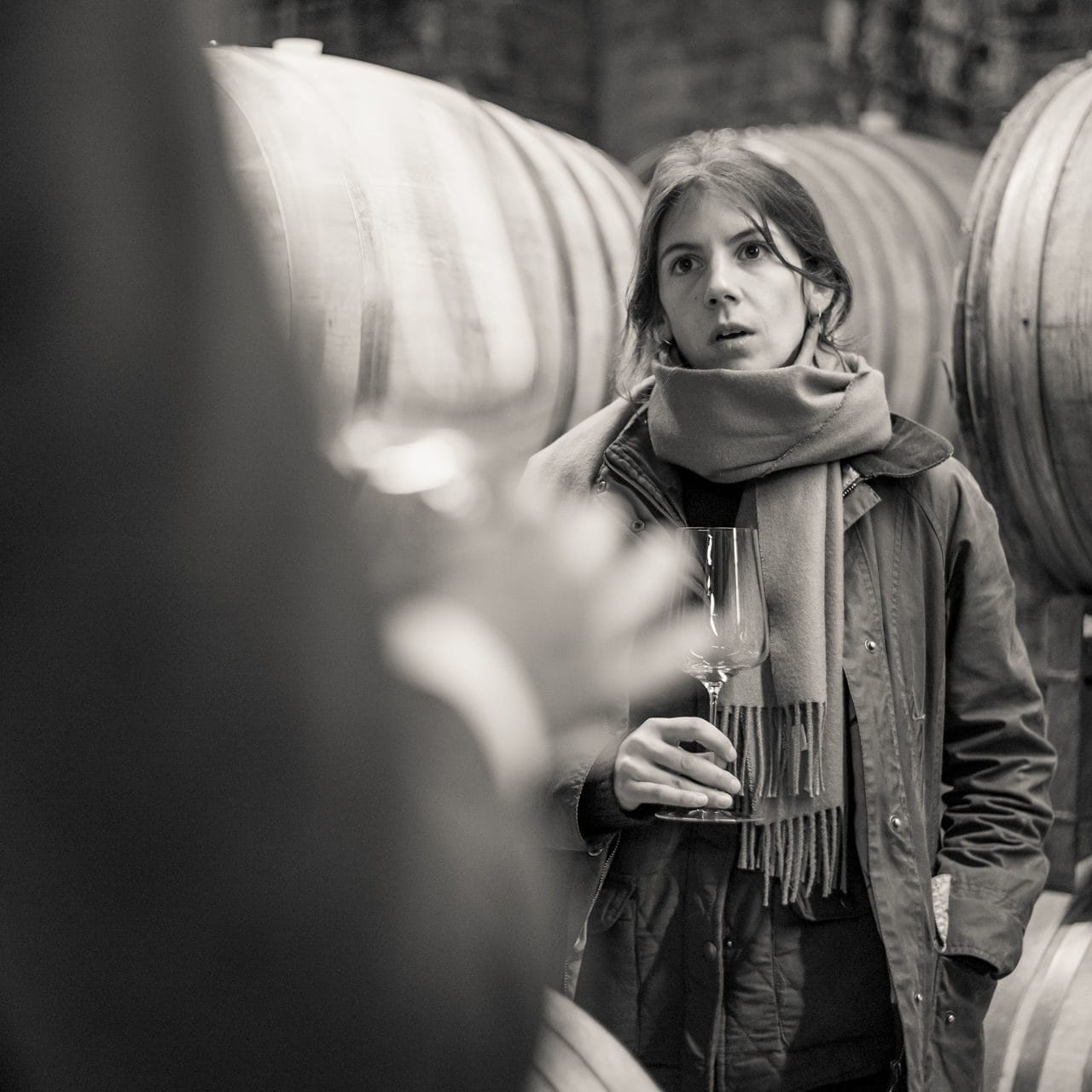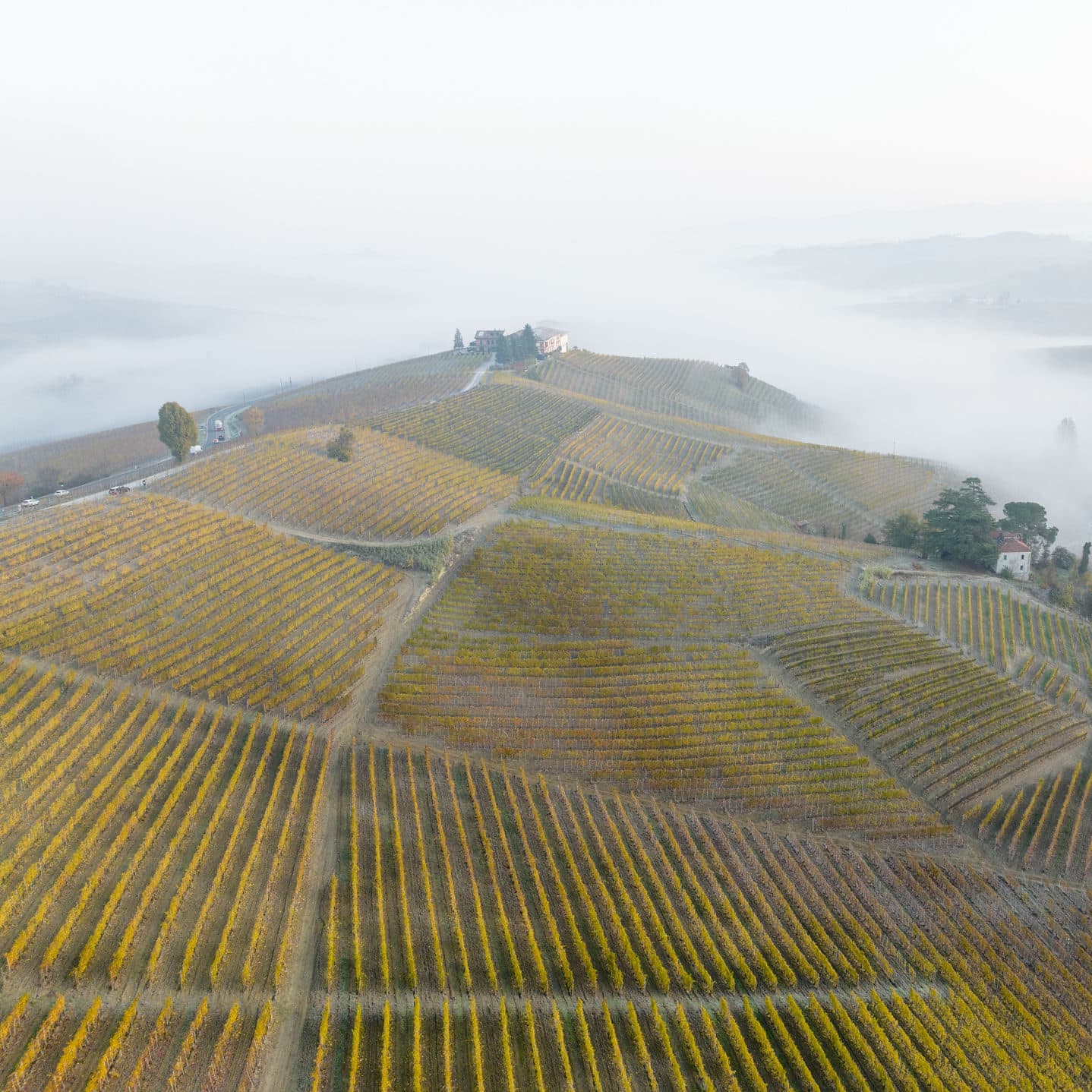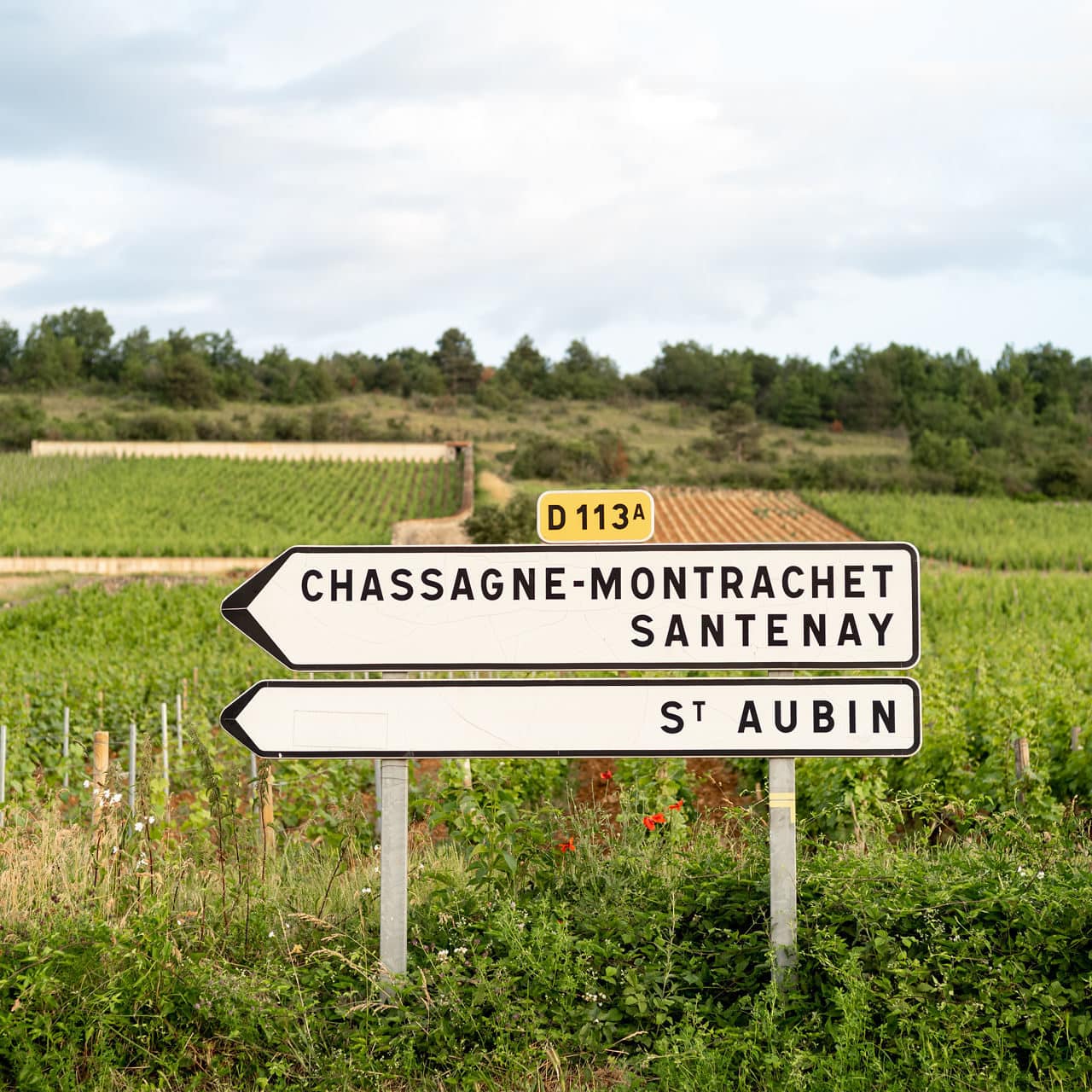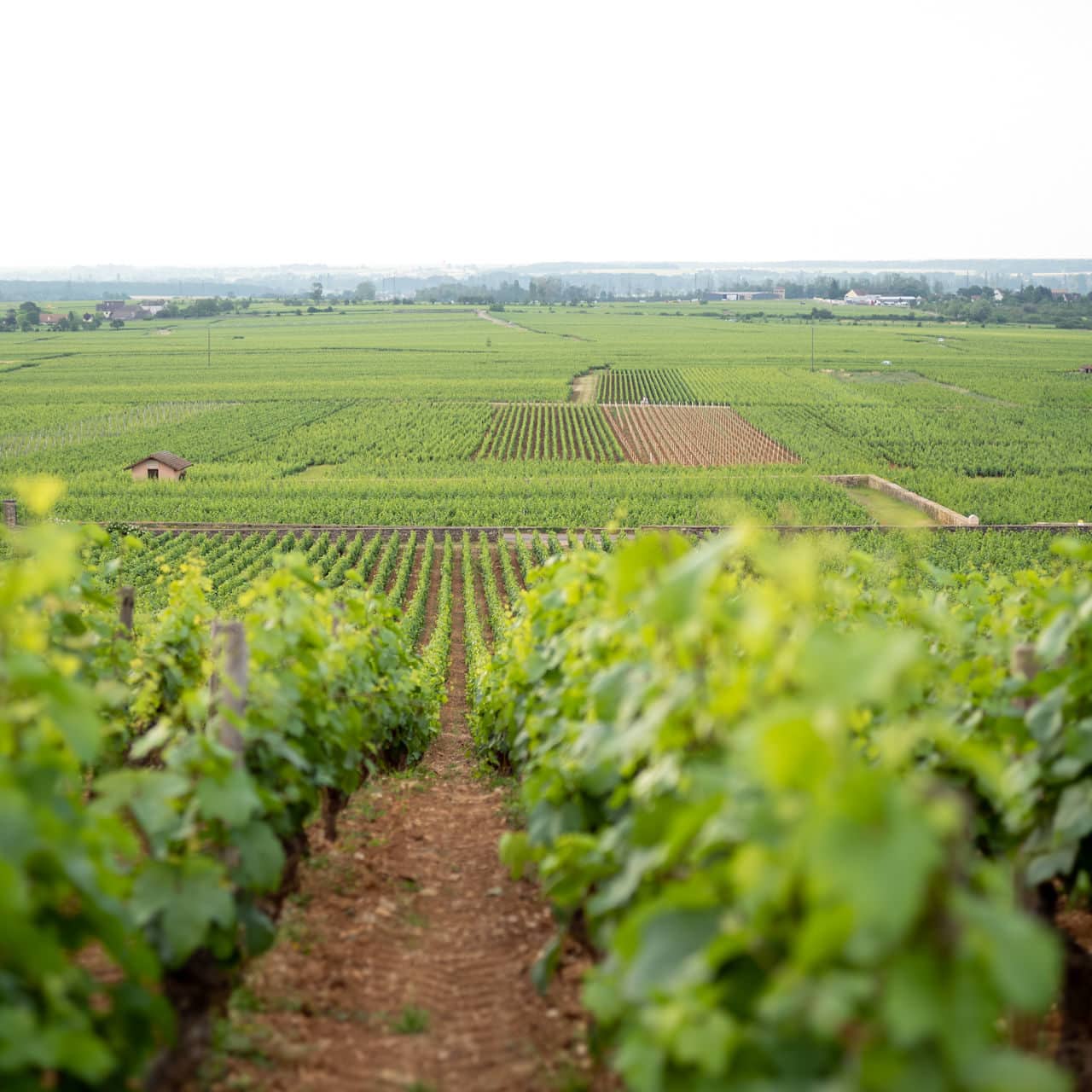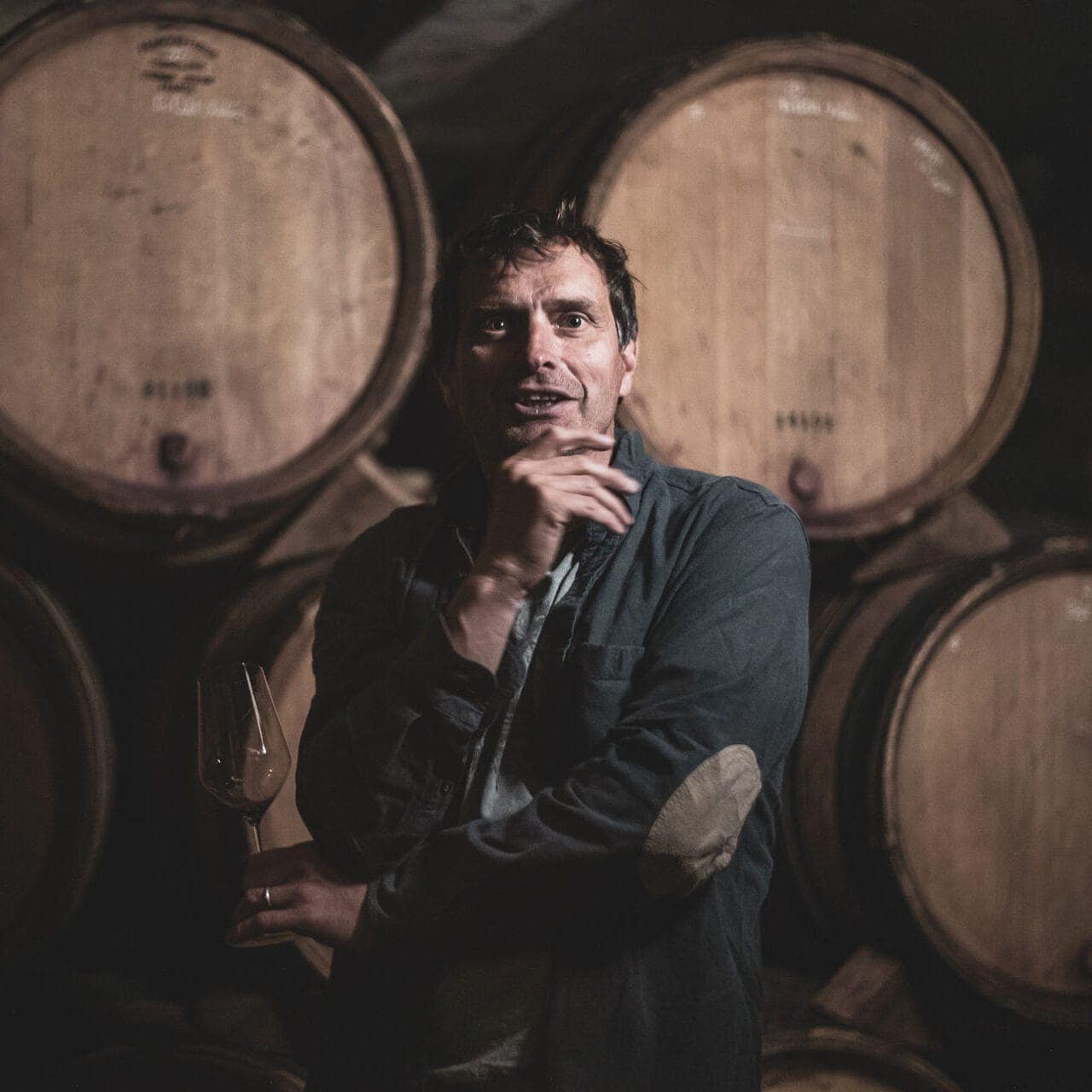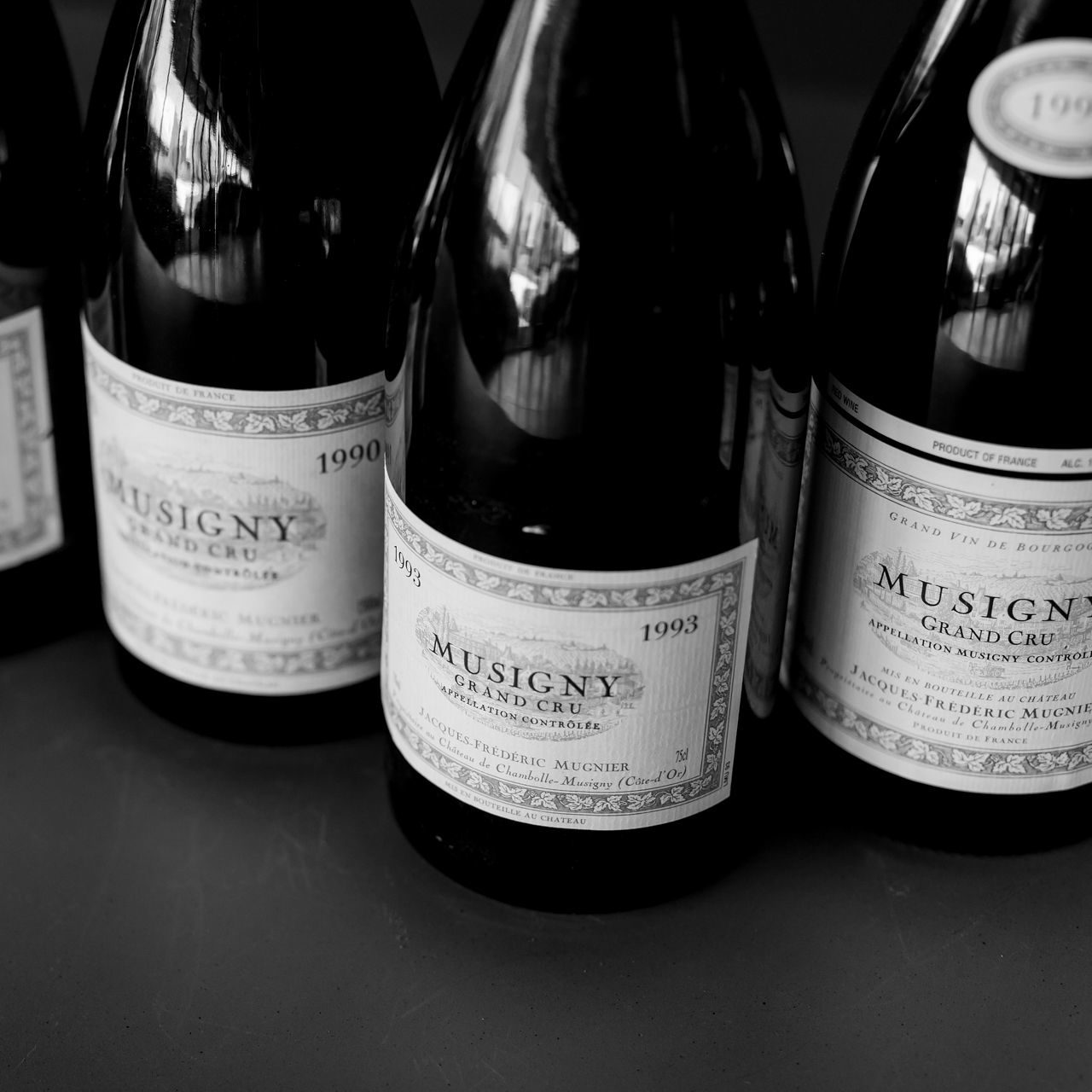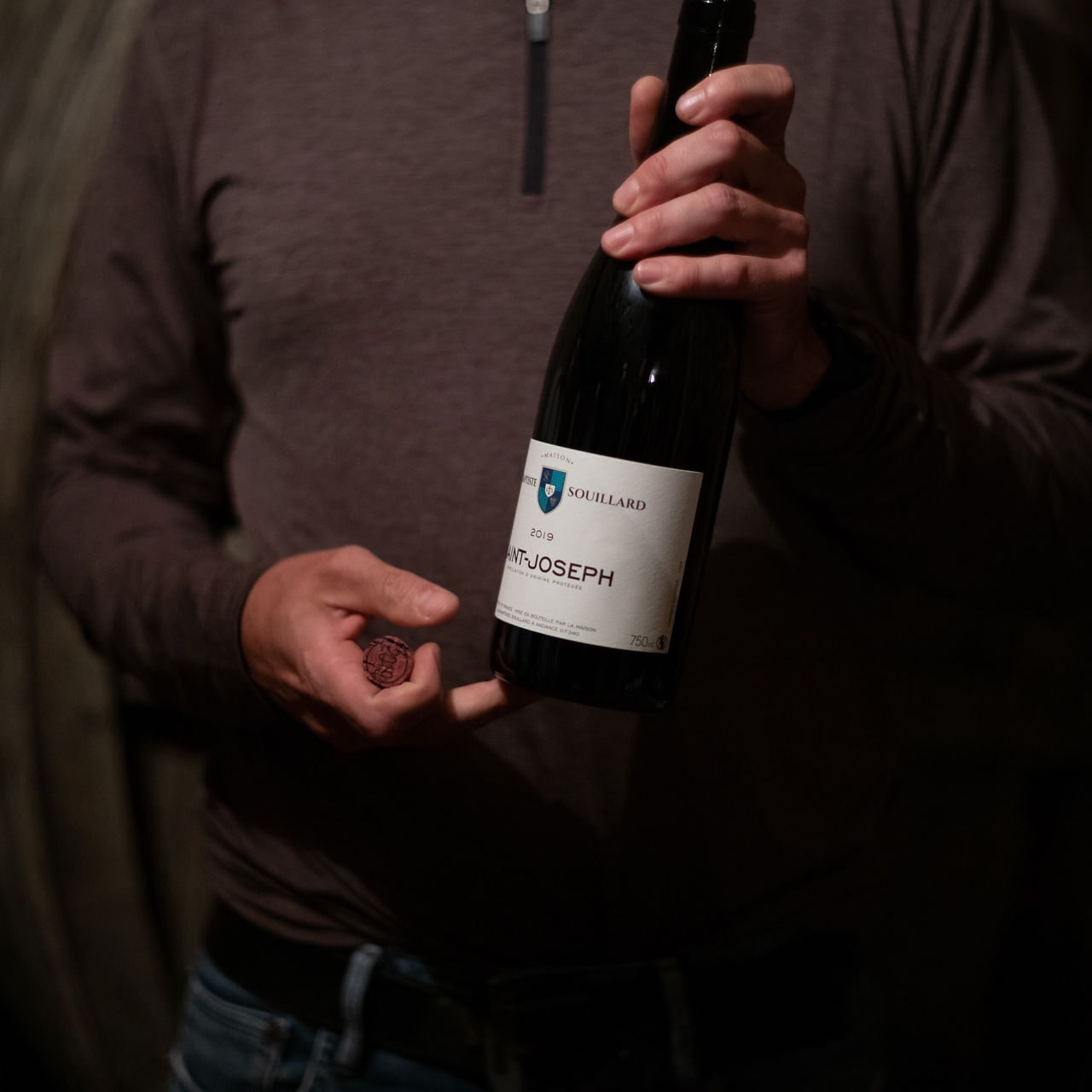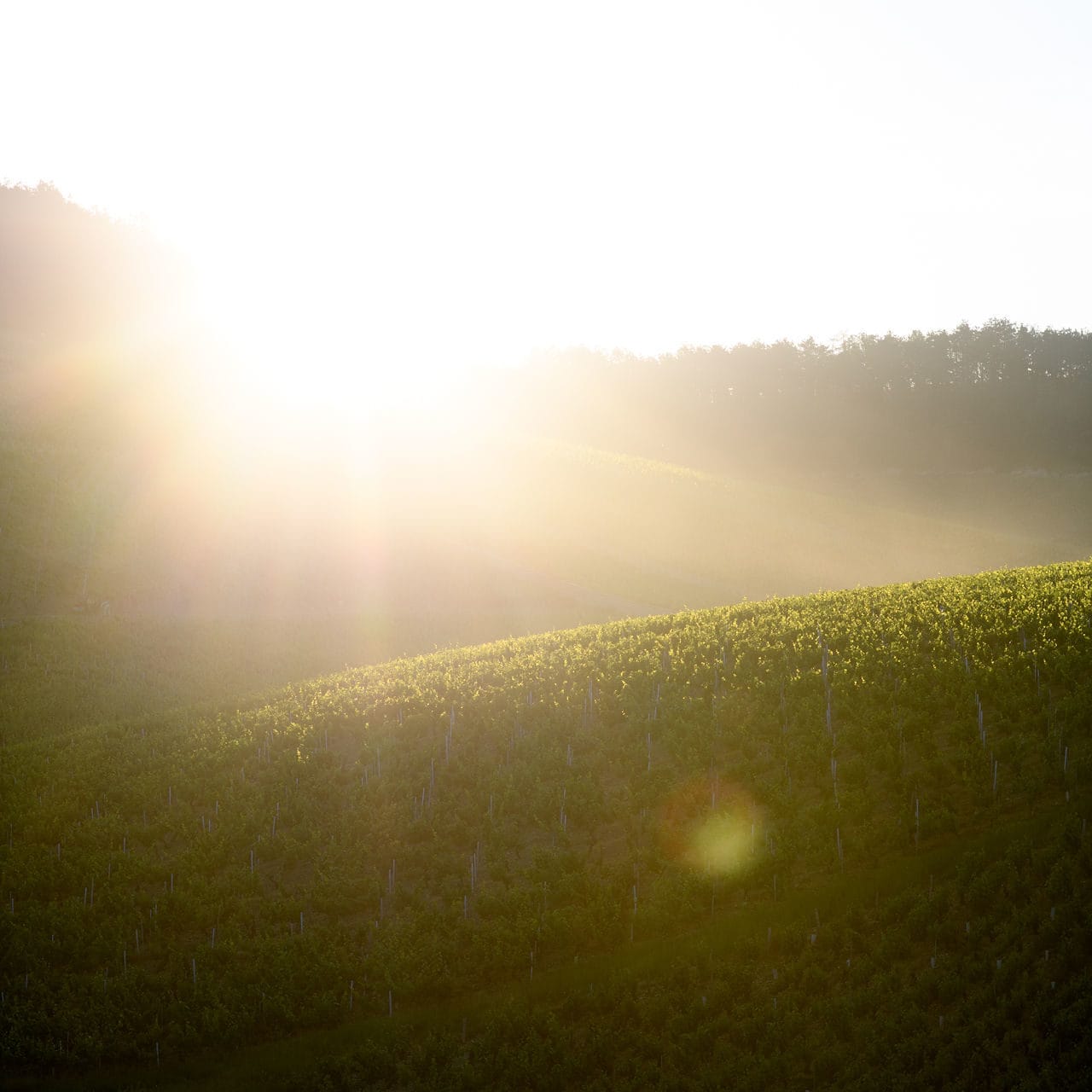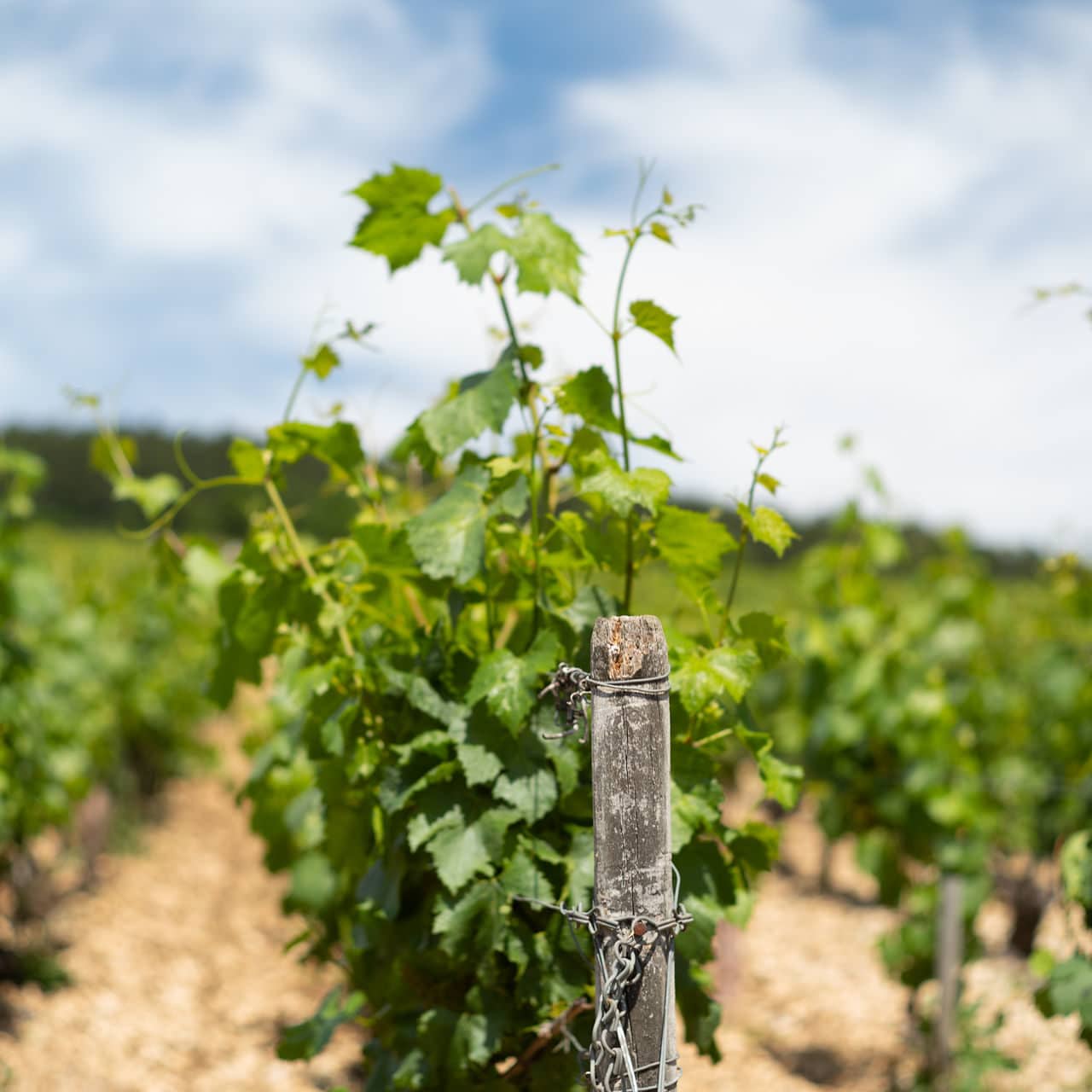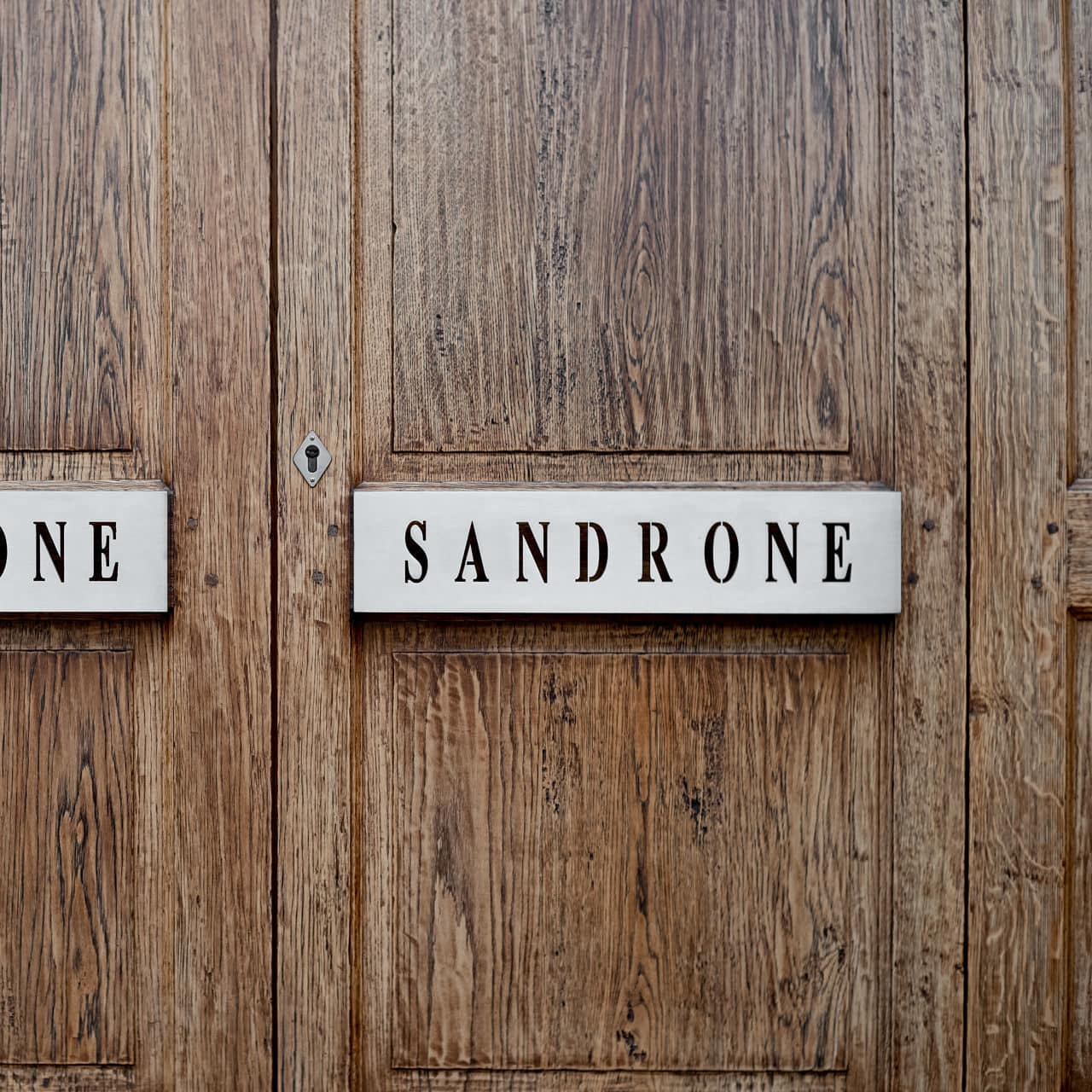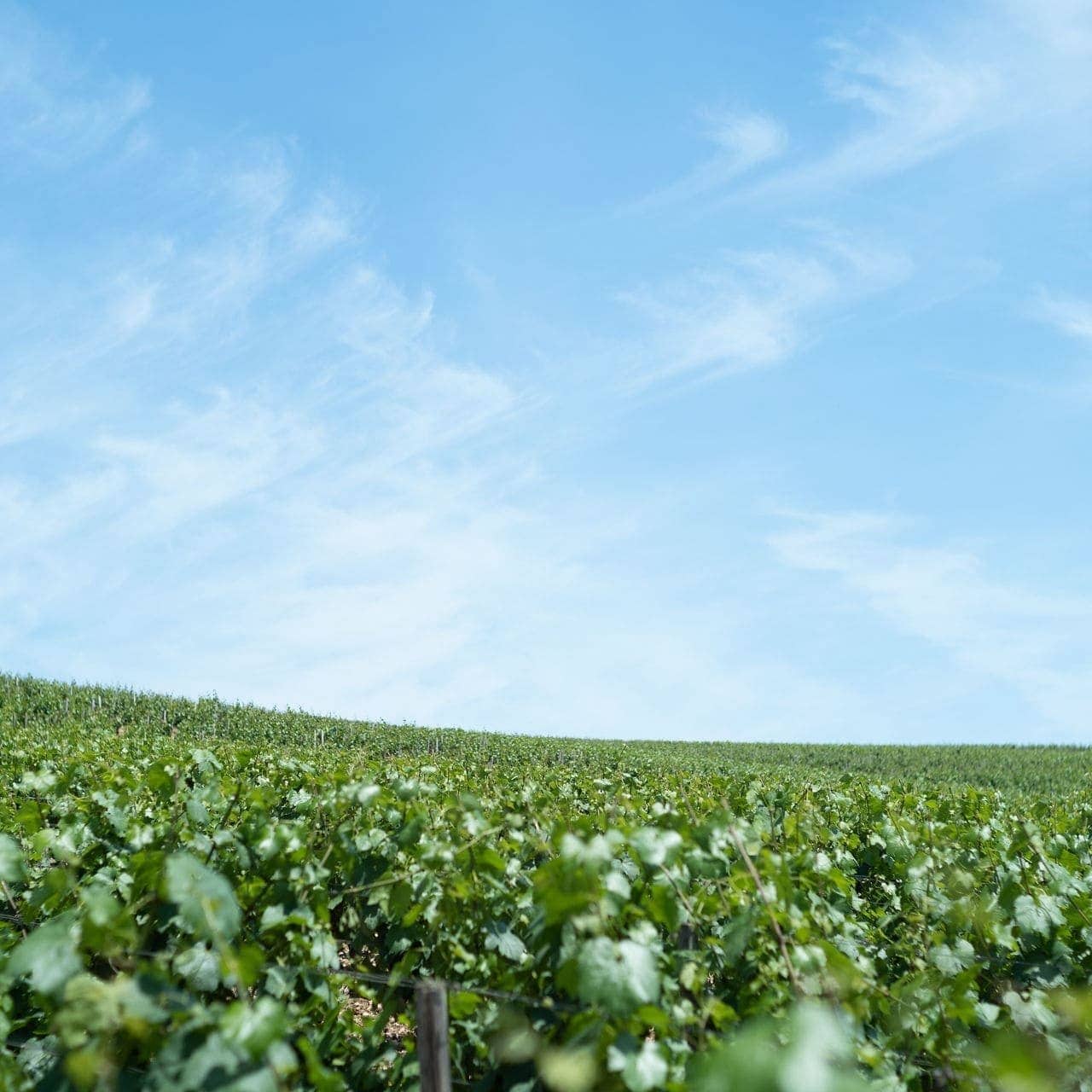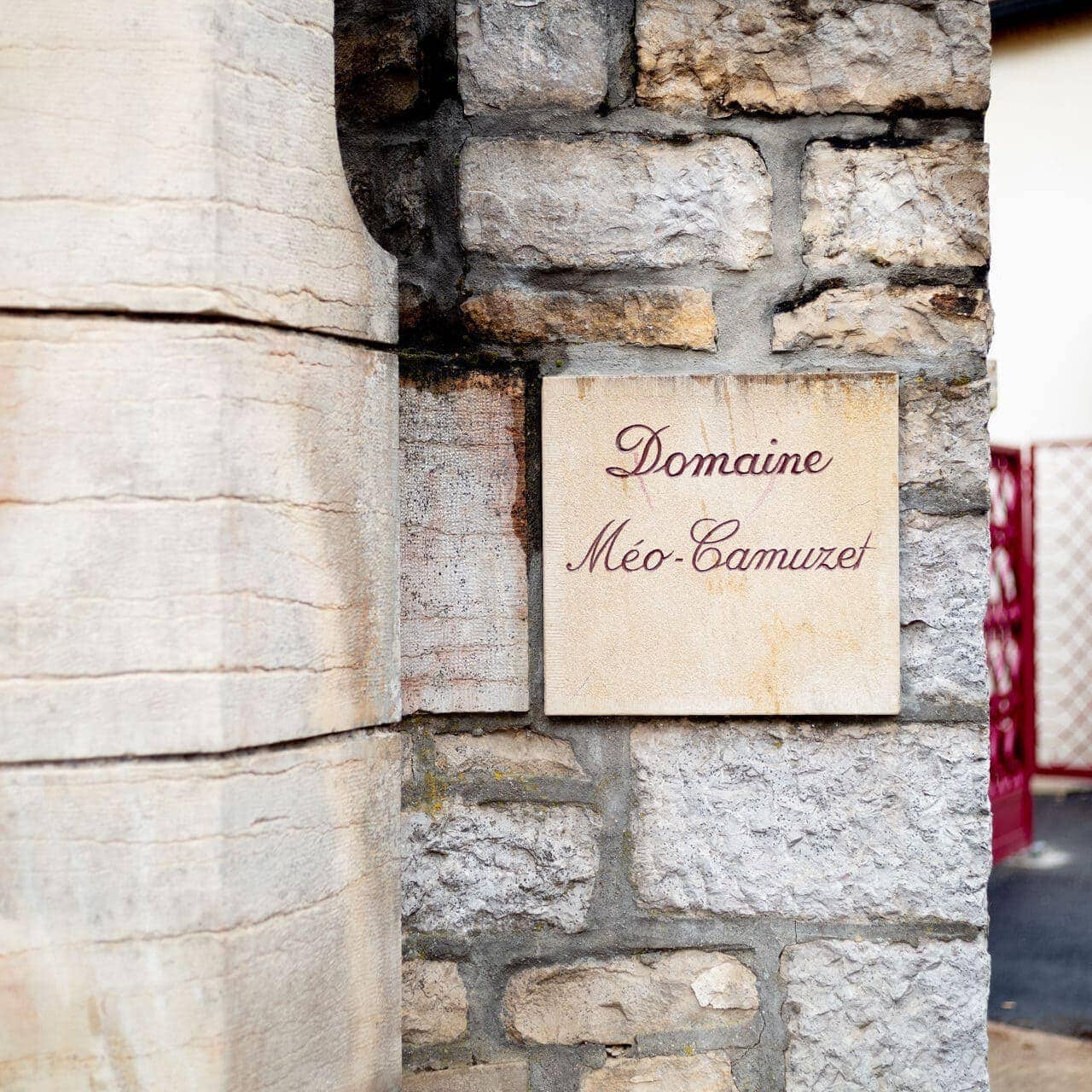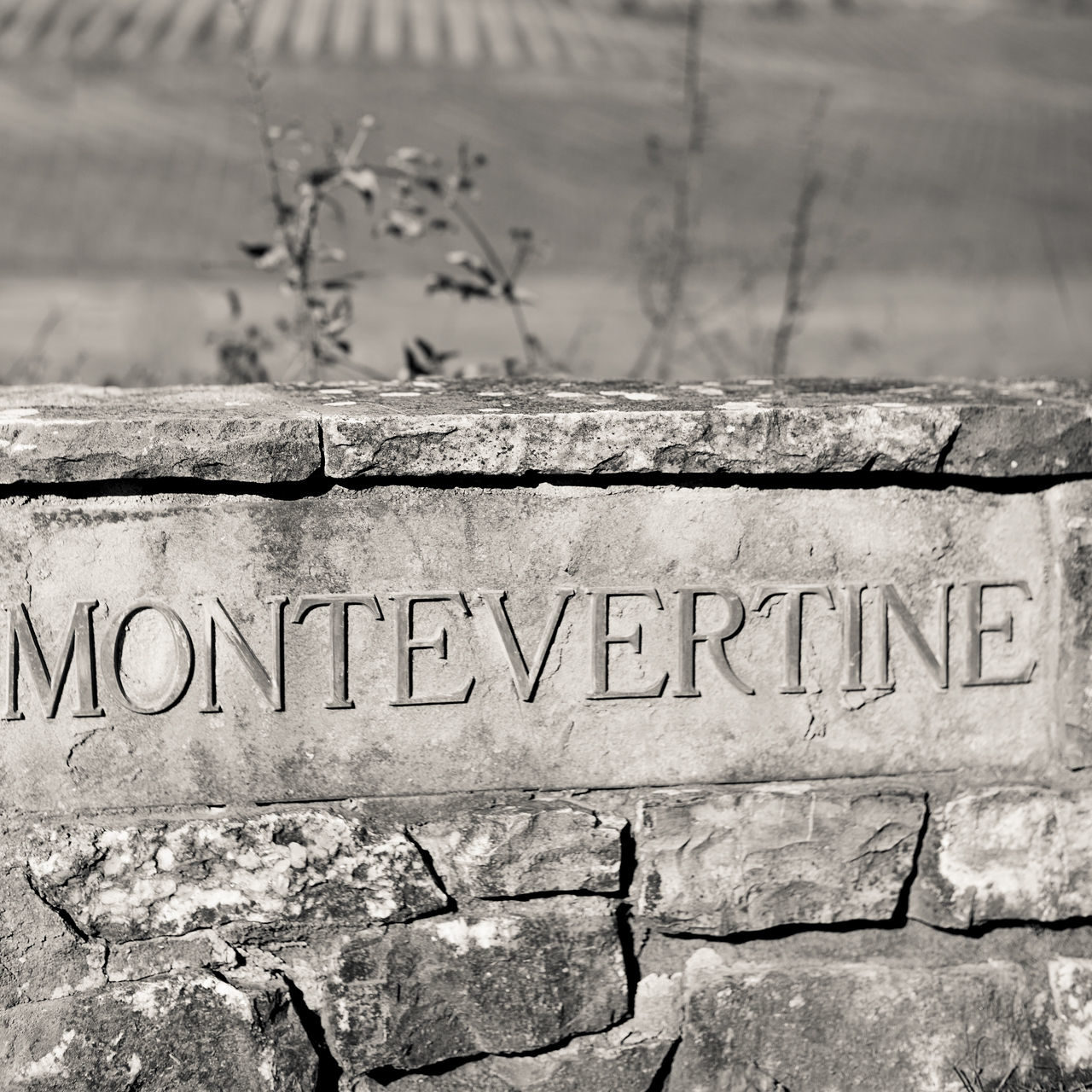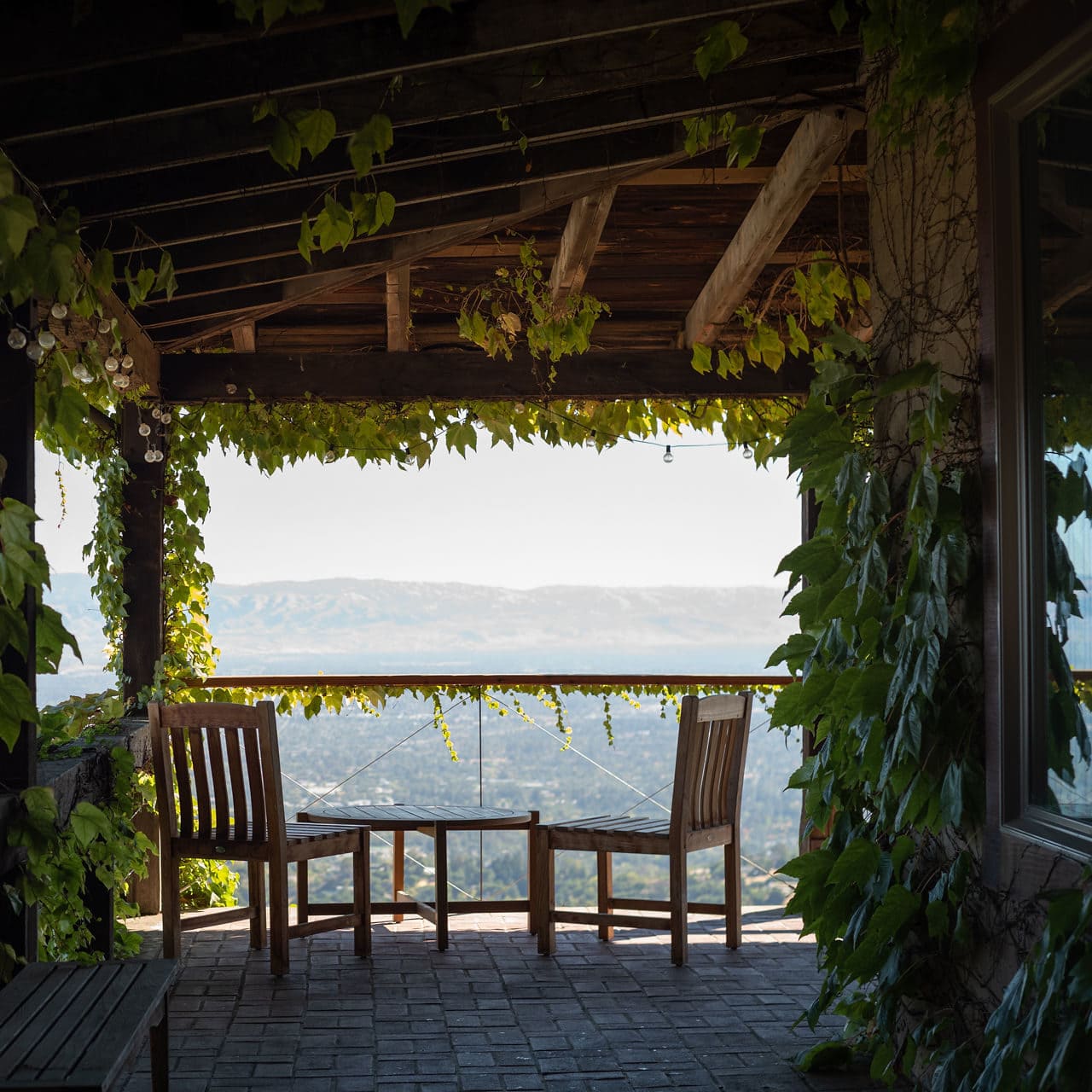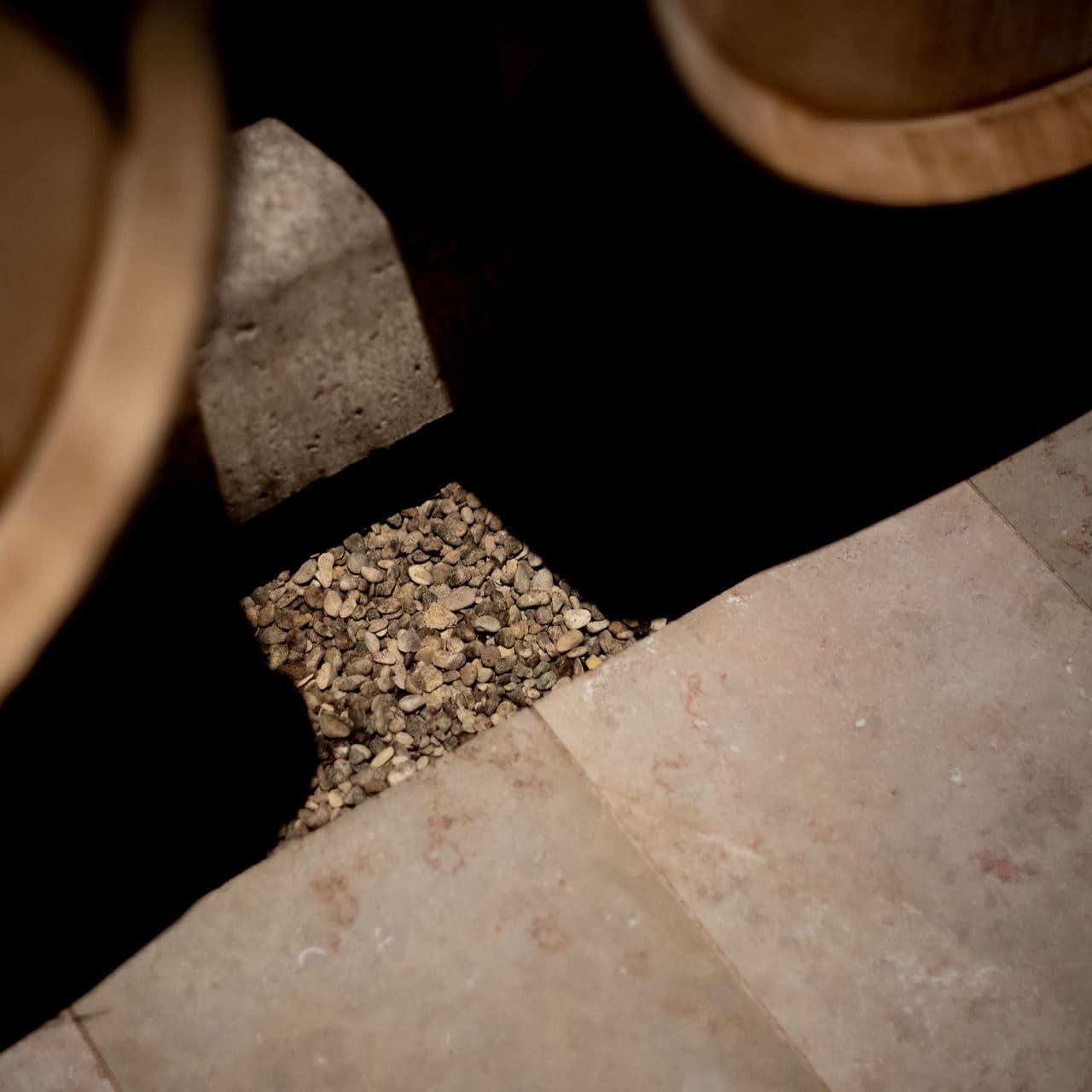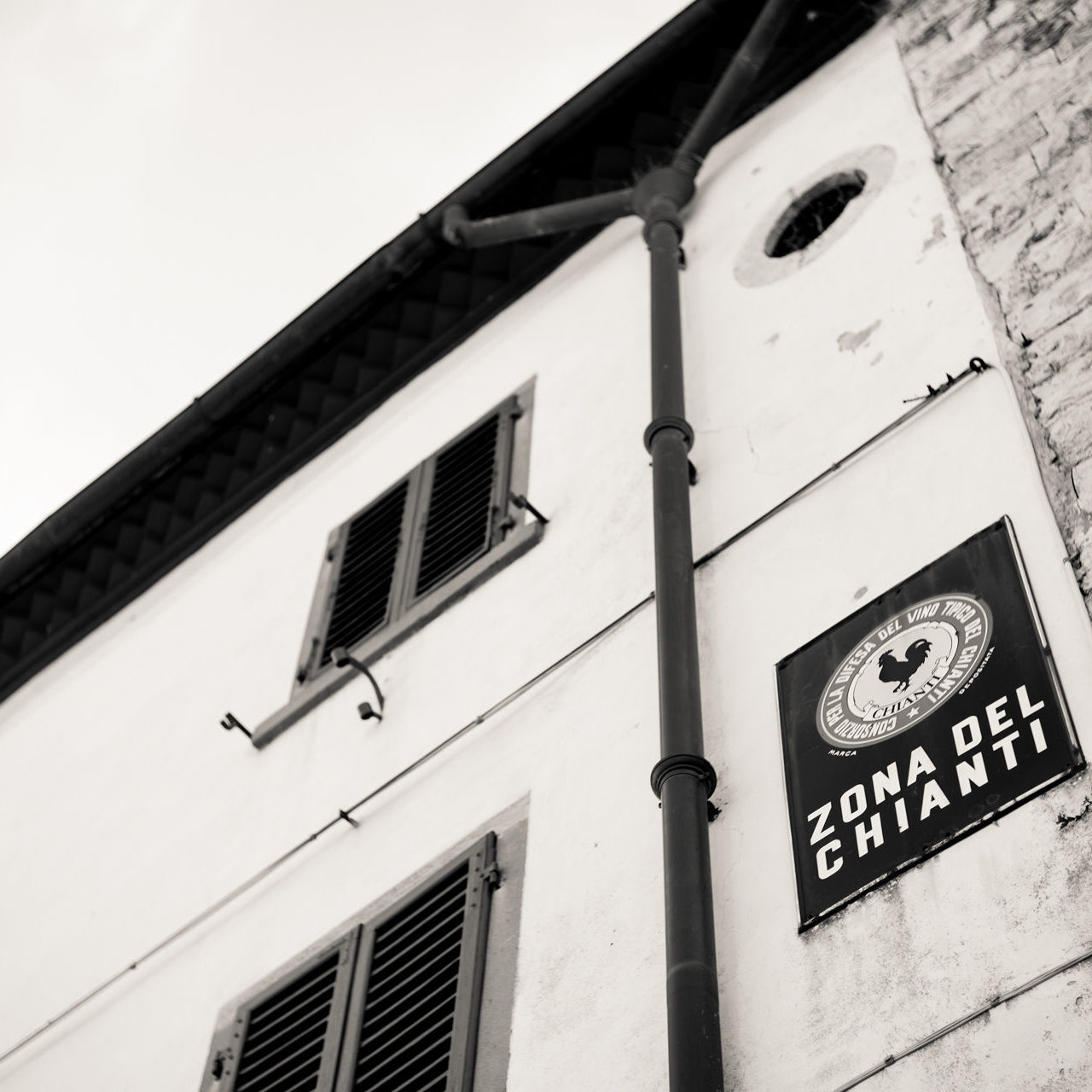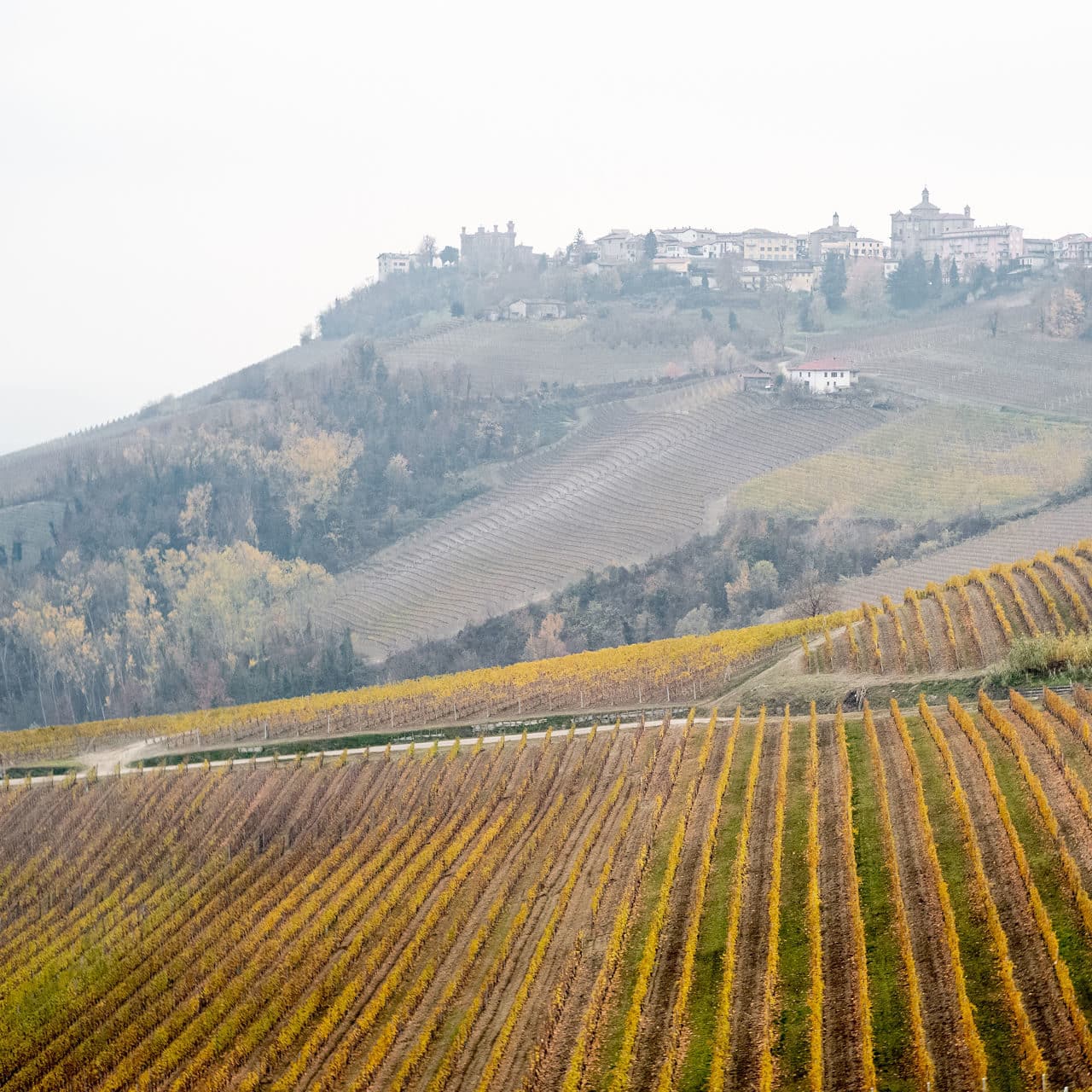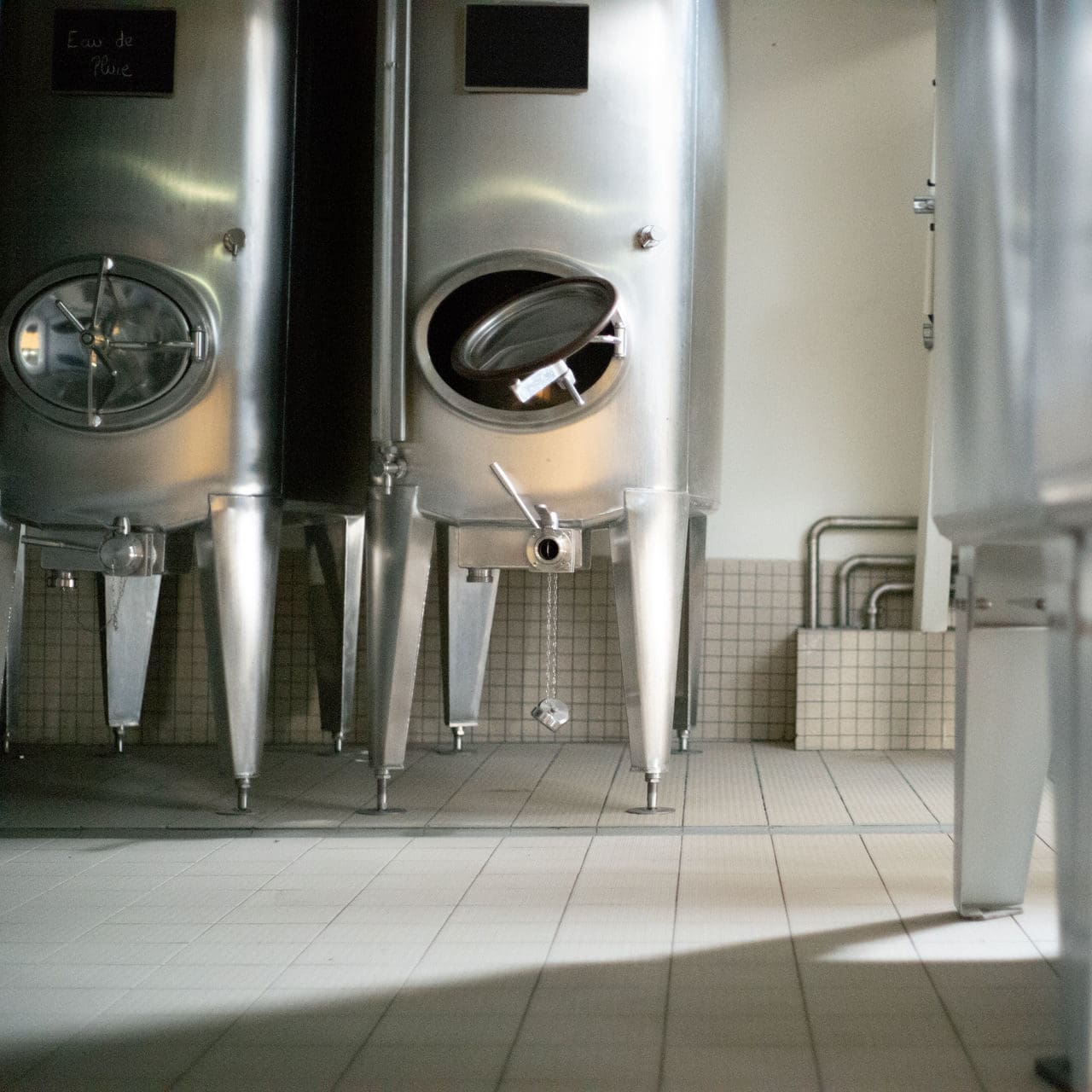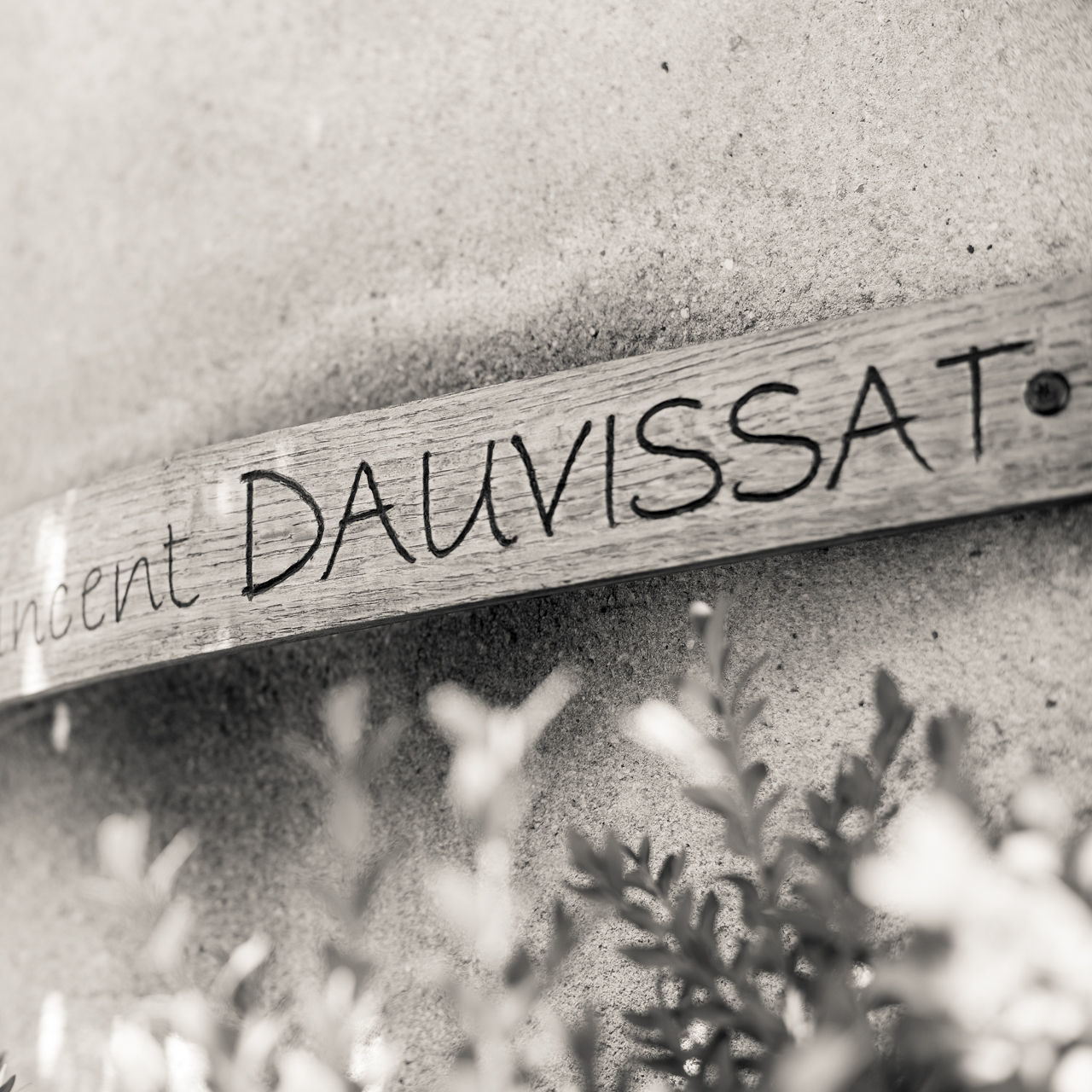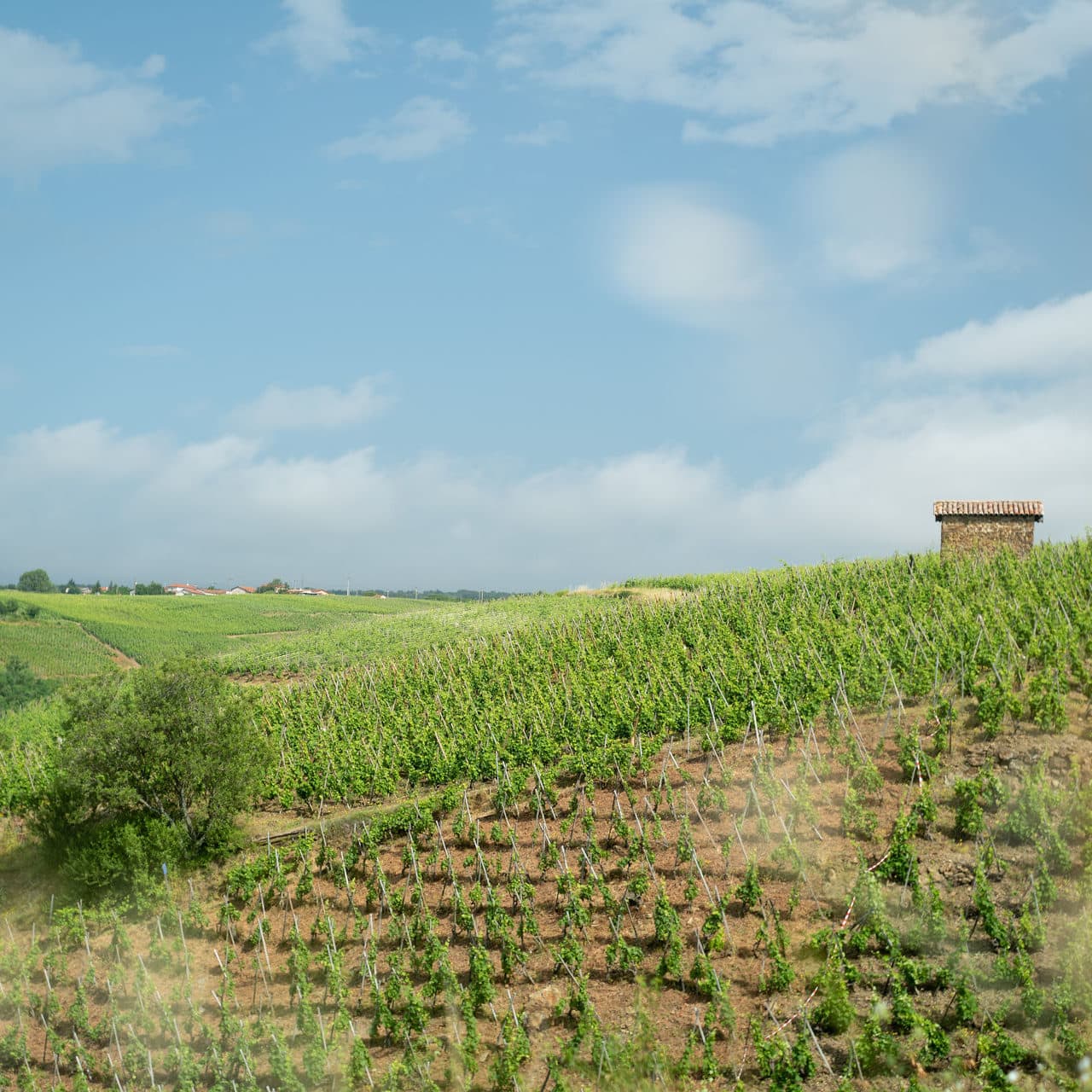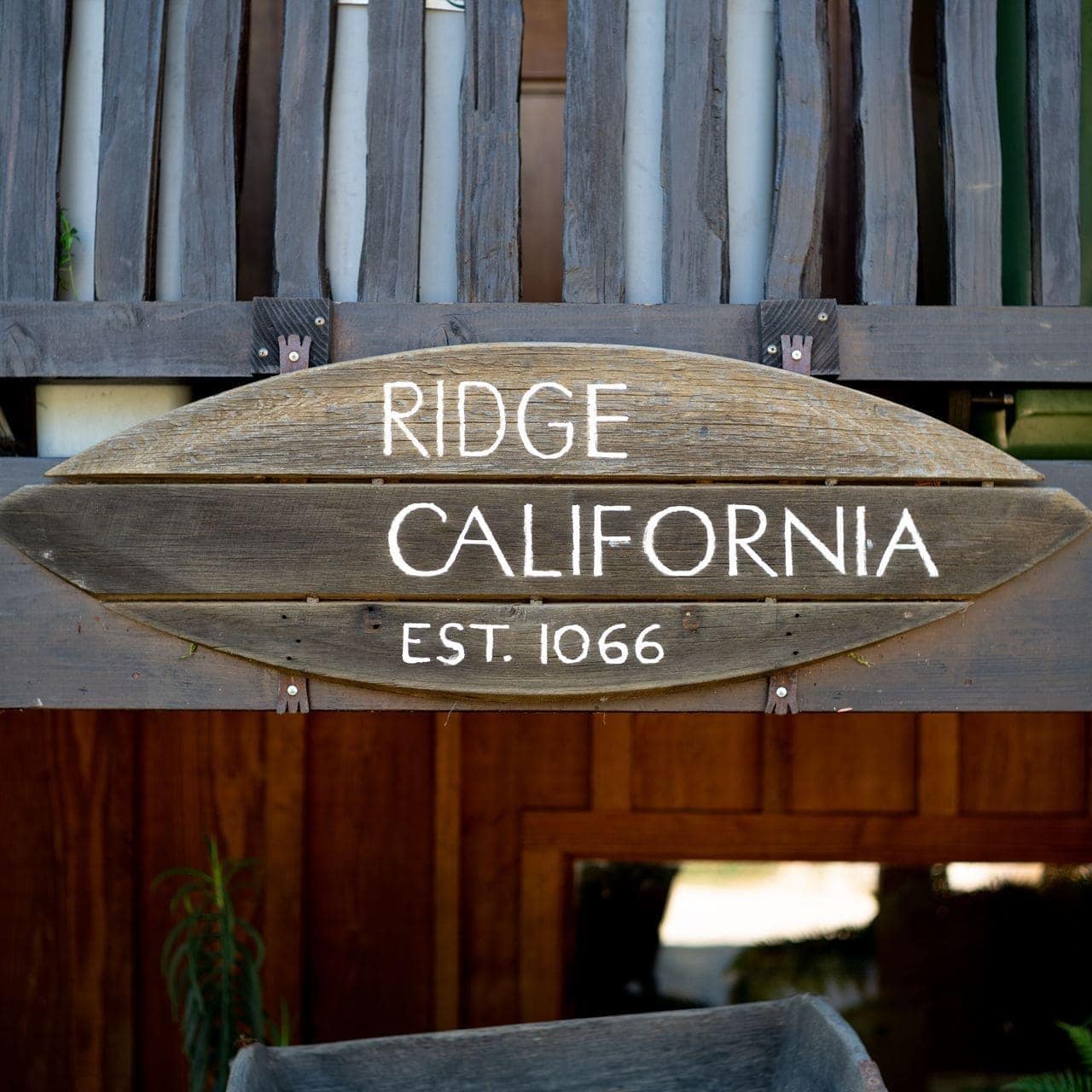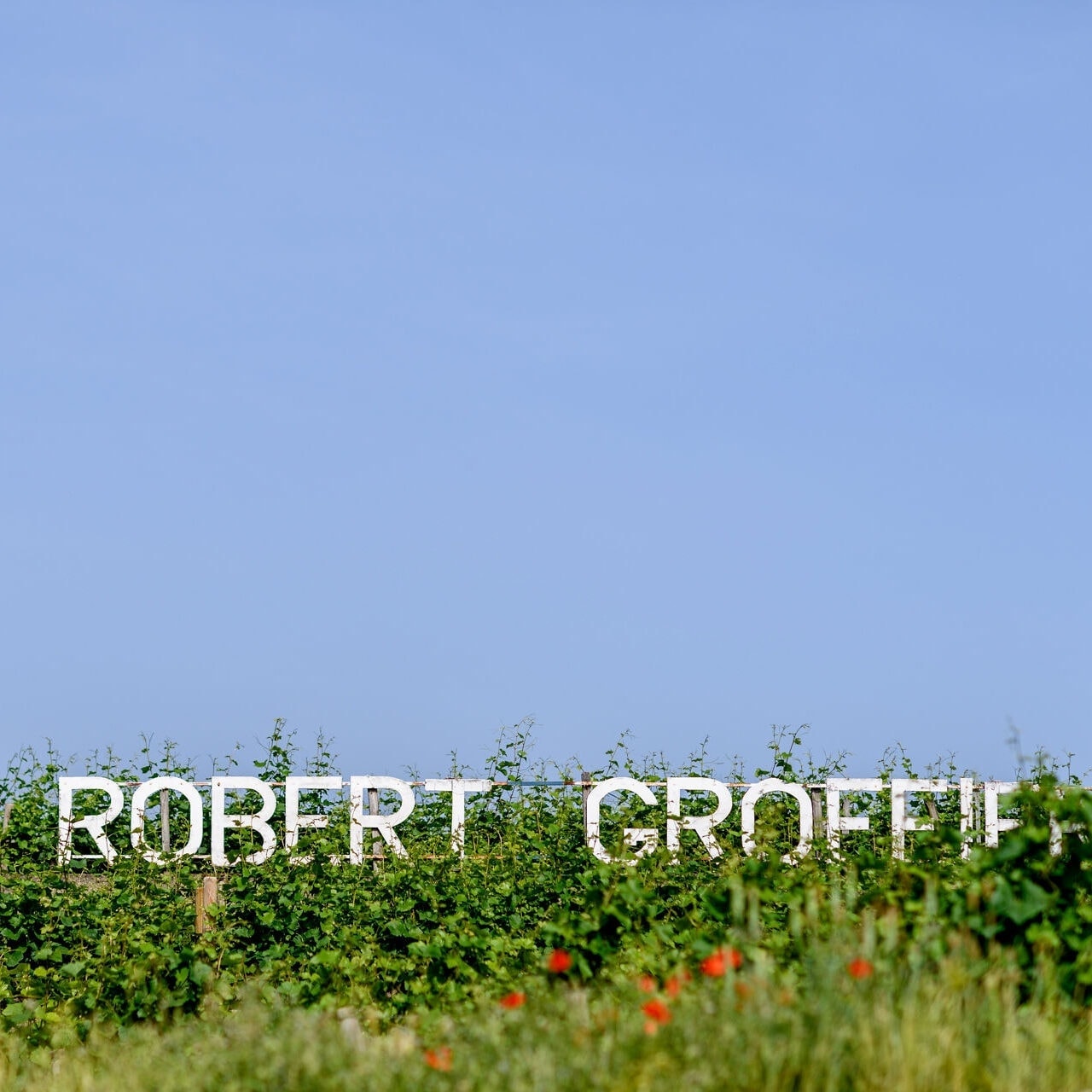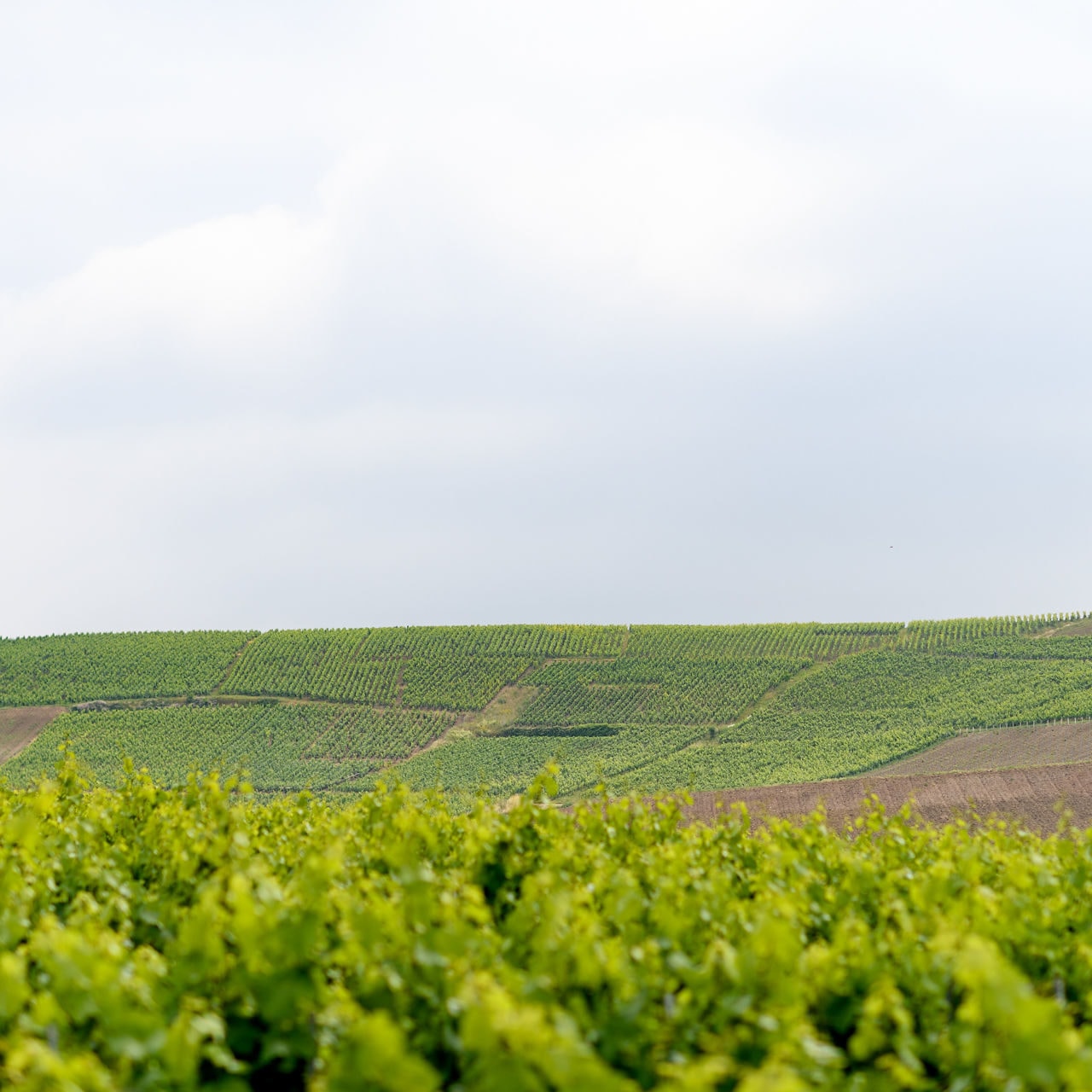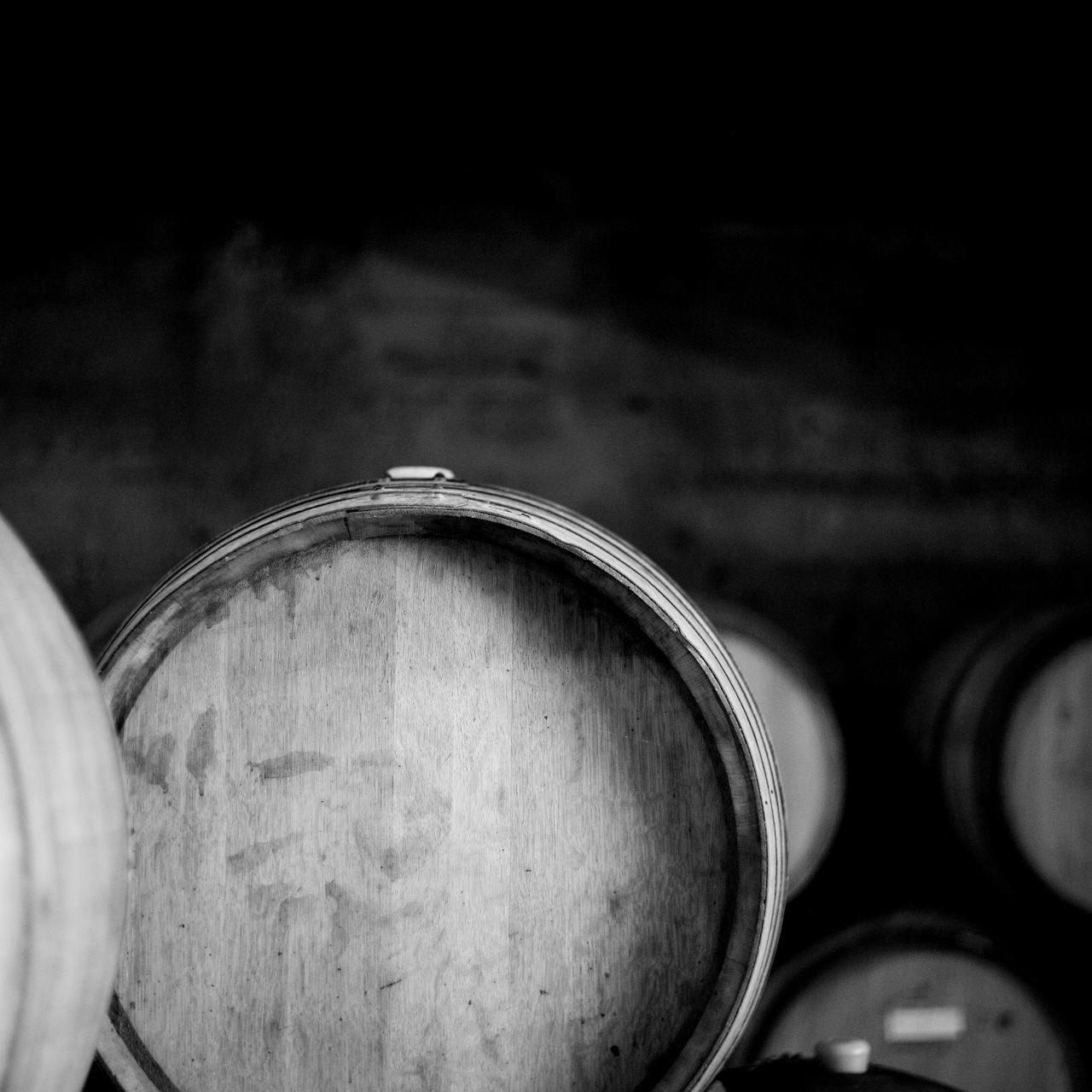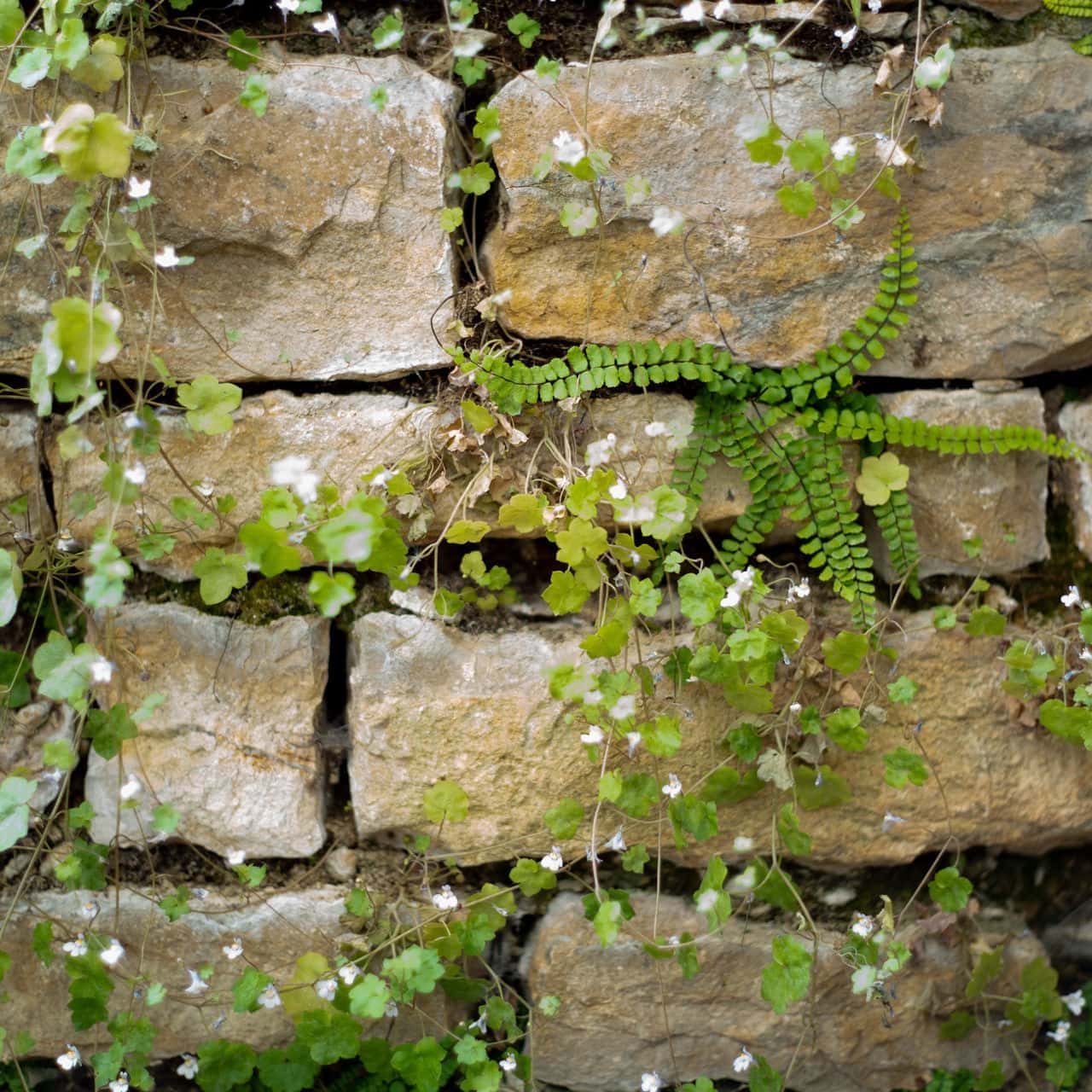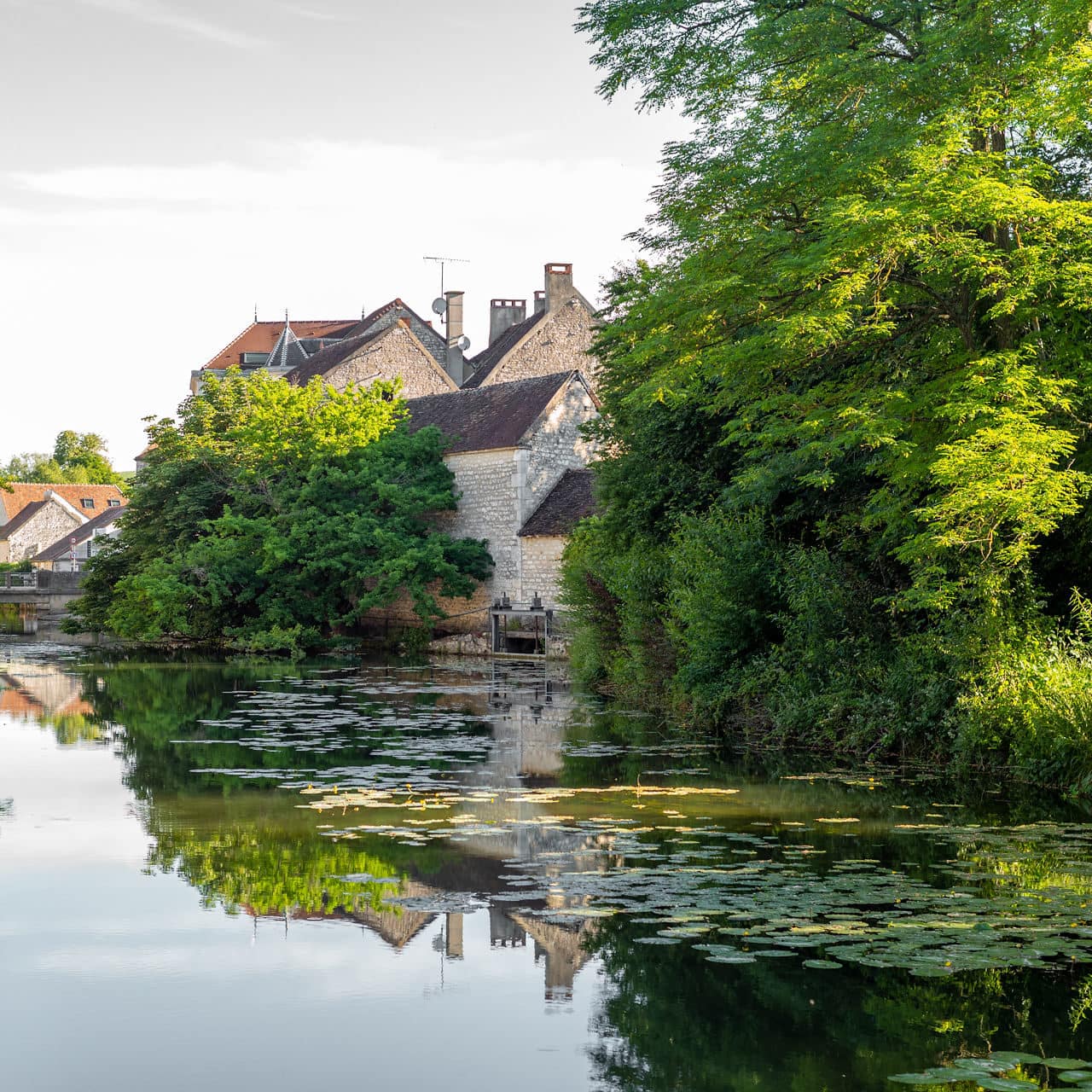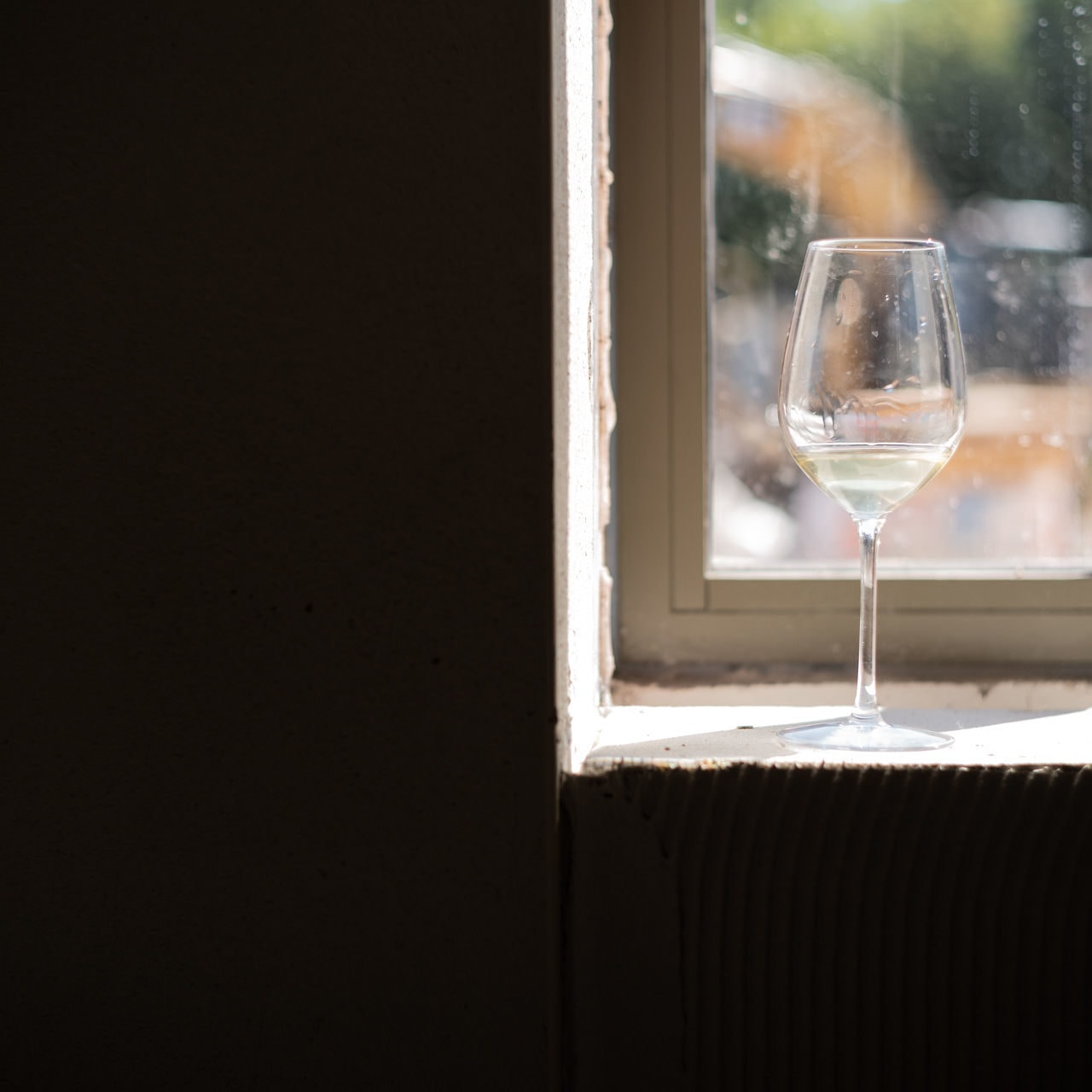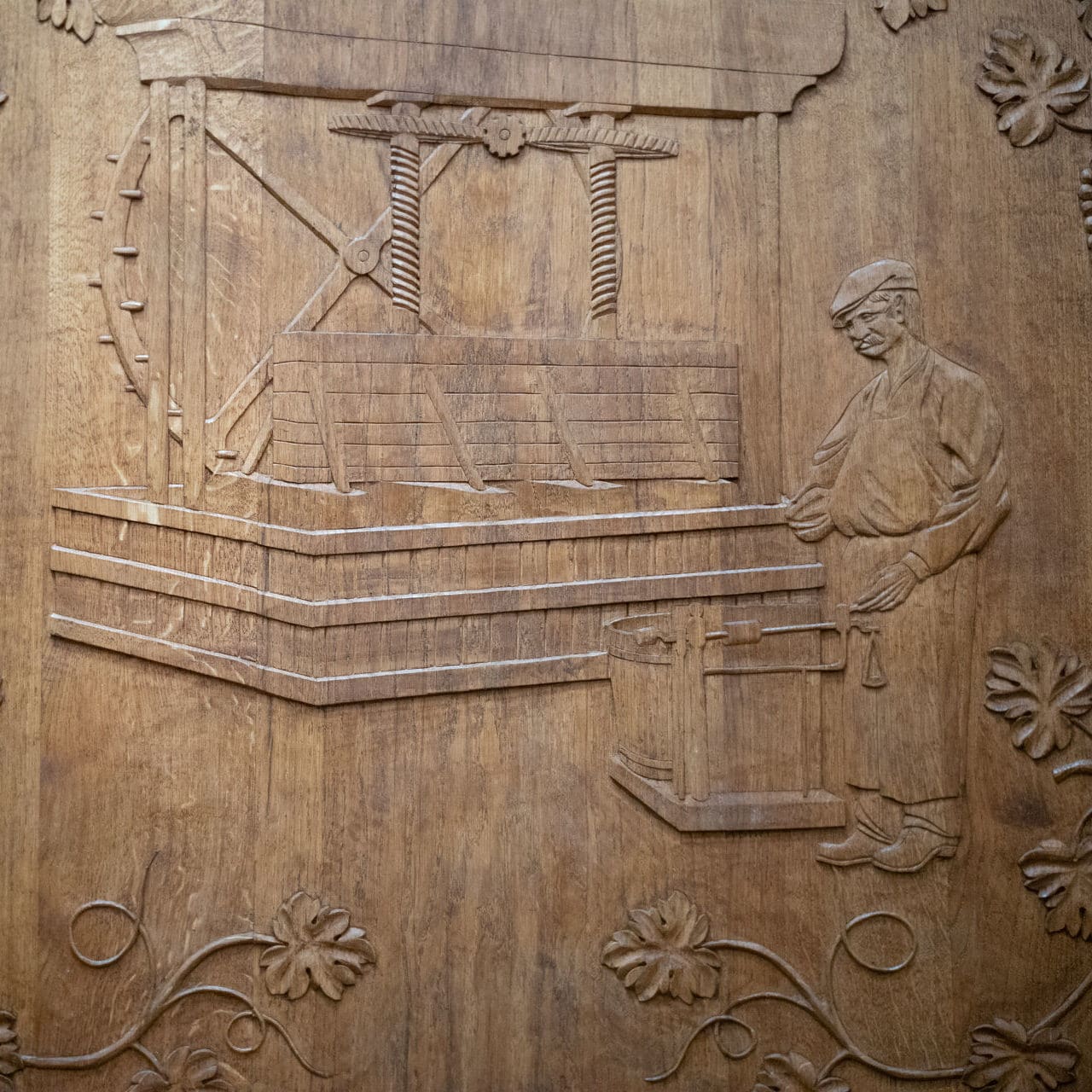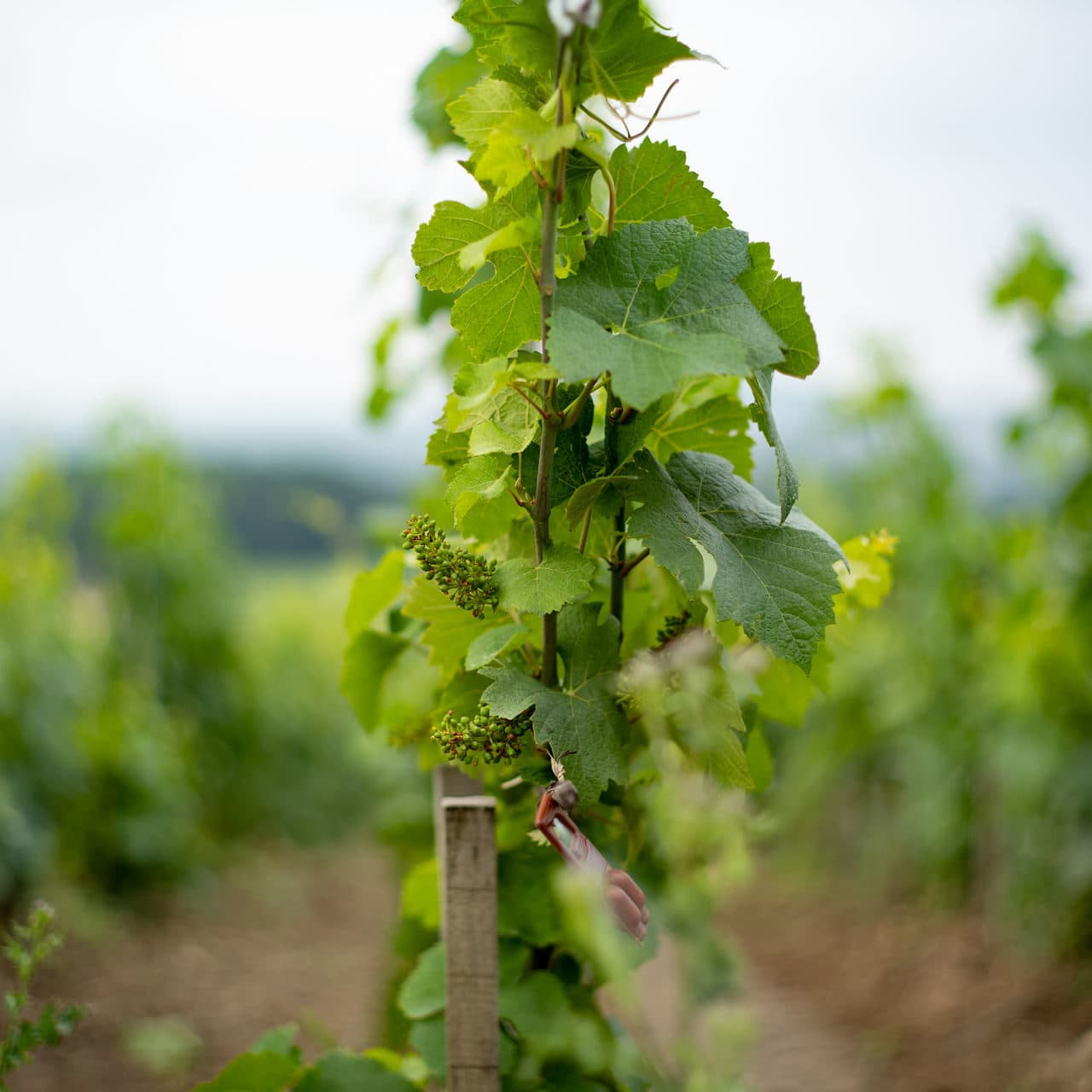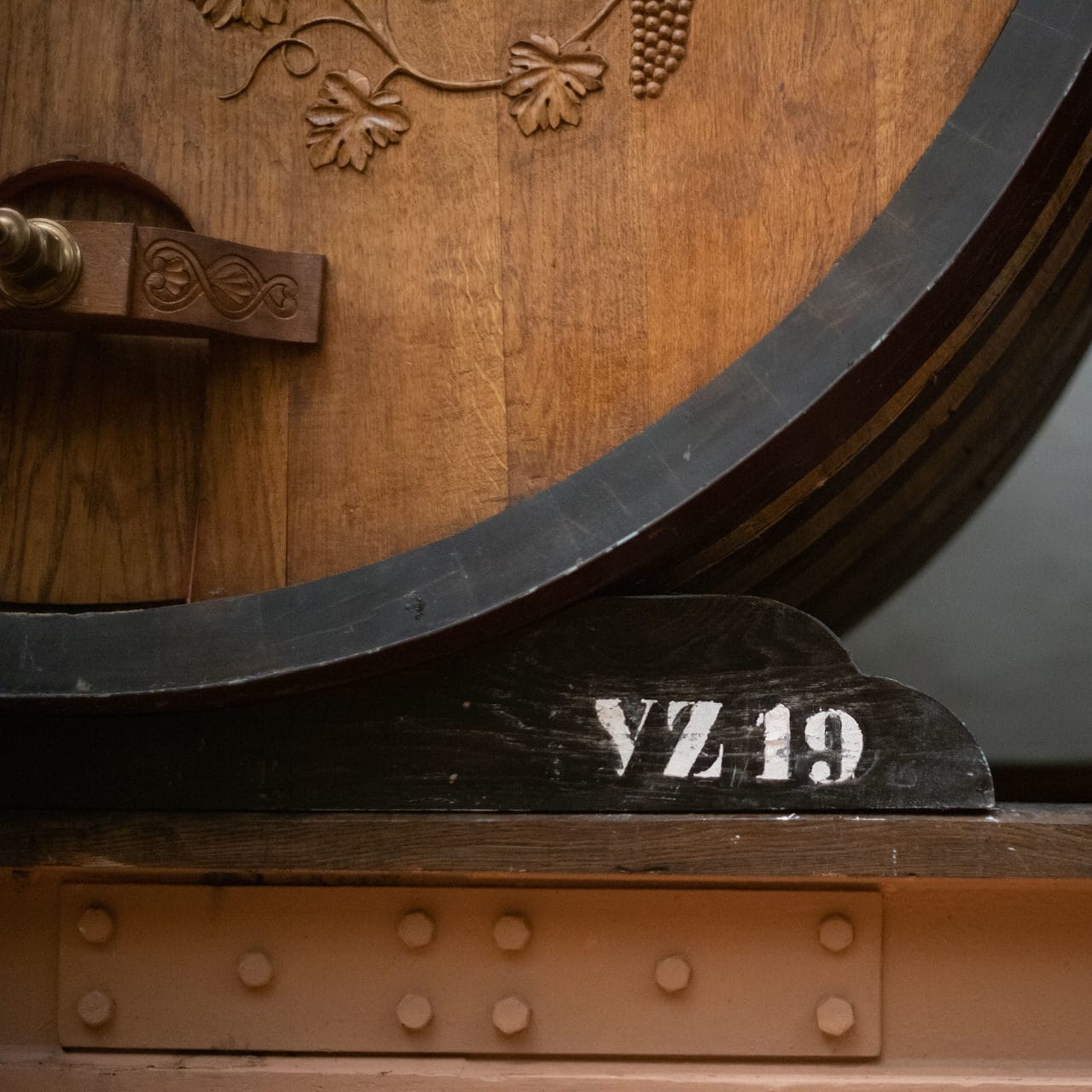Jacques Frederic Mugnier
Burgundy • France

- Sub RegionChambolle-Musigny
- RegionBurgundy
- CountryFrance
- ProducerJacques Frederic Mugnier
Introduction
I often wondered why more people, for years, didn't fawn over the wines of Jacques Frederic Mugnier the way they do for some of his neighbors in Chambolle. Always respected, they had never fully reached cult status--until now. Their 2019s might be the best wines the domaine has produced. The world is now aware of the magic that is made at the Chateau de Chambolle Musigny, but this is a story a long time in the making.
Beginnings
The Domaine started in the 1880s, with Francois Mugnier who, as a young man, built a very successful aperitif and cordial company (the posters hang proudly to this day at the Chateau). He started acquiring vineyards from the Marey Monge family and managed to procure land in the most sought-after sites in Chambolle as well as the monopole Clos de la Marechale in Nuits St George. Over the following generations, the apertif business sold. The domaine’s holdings also fractionalized until it sold a large section of the vineyards to buy back the best sites from other family members. The vineyards then went into a lease agreement with Faiveley. Eventually, in 1977, Jacques Frederic Sr. decided to take the vineyards back. In order to regain possession of the Chambolle sites, Freddy allowed Faiveley to sign a 25-year lease on the monopole Clos de la Marechale.
In the meantime, the Chambolle sites were taken back, but the fruit was largely sold off to Jadot while Bernard Clair (Bruno’s father) managed the estate. Freddy took over in 1984 after a brief but successful engineering career in Saudi Arabia. The following year, he attended Lycee Viticole in Beaune and became the winemaker for the domaine. At this point, with the majority of the domaine’s vineyards still contracted to Faiveley, Freddy was able to still work part-time as an airline pilot in France in order to earn enough money to make the wines the way he wanted while also improving the winery.
Traditional/Modern
Those early years were learning years for Freddy, both in the vineyards and in the winery, but his background in engineering served him well. He was never interested in chasing trends. He is not biodynamic or organic in the vineyards, but since the 1980s hasn’t used fertilizer, nor herbicides since 1990 or insecticides since 1995. His vineyard work is about respecting the terroir and allowing the vines to maintain their sense of balance. He generally sees yields between 35-40 hectolitres per hectare. He was able to build a new cuverie to take back the entirety of Clos de la Marechale from Faiveley in 2004, making the the same changes in the vineyards there over time. Taking back Marechale essentially tripled the amount of wine Freddy made. He took the same measured approach to the site that he had to the Chambolle vineyards in the 1980s and 1990s.
His winemaking is incredibly minimal and traditional – he destems 100% (there are a few vintages where he has used a small amount of stems, but doesn’t generally like the flavor it gives to the wines of Chambolle). At most he uses 25% new oak on the more serious wines, and the wines are never fined or filtered. It is amazing to taste Freddy’s wines and realize how he managed to step out of the way as a winemaker to allow the sites to speak.
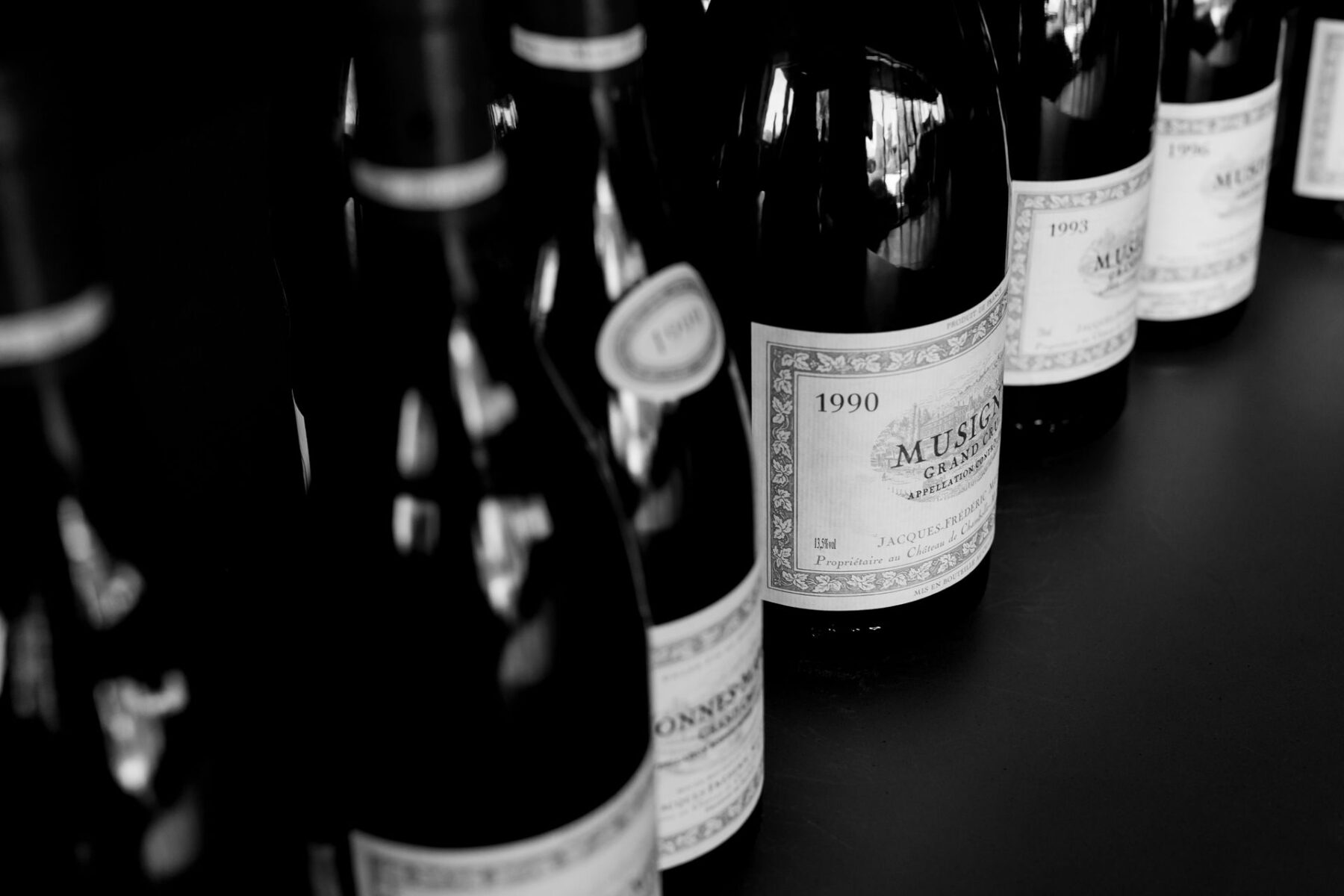
There is continuity in his winemaking–they are all about elegance and finesse, and that finesse lends itself to Chambolle stylistically. His village wine Chambolle comes from both the premier cru les plantes and the lieu dit of Come d’Orveau, resulting in a wine of both richness and length that outperforms its village level.
His two Premier Crus could not be more different, with Fuees Premier Cru planted on more clay delivering a fleshier, chewy style of wine, while his Amoureuses Premier Cru is the epitome of elegance, planted on more limestone giving higher tones and lift. It is arguably the best wine produced in Amoureuses, which is saying something. His two Grand Crus are on quite opposite sides of the spectrum, with Bonnes Mares the more muscular, masculine, and chunky of the two, with this plot showing its Morey St Denis character. His Musigny, however, is a powerhouse, built around an elegant frame with all the character one would expect from Musigny, opulent but graceful at the same time.
The Monopole
The outlier in Freddy’s stable, but also the wine that is most accessible due to the size of the vineyard is Clos de la Marechale in Nuits St Georges, which is a monopole. While his Chambolle’s are classically red fruit driven the Marechale is more black fruit driven with firmer, slightly more rustic tannins, the trademark of Nuits. He also makes a small amount of Clos de le Marechale Blanc, which comes from the part of Marechale that abuts the Clos l’Arlot.
